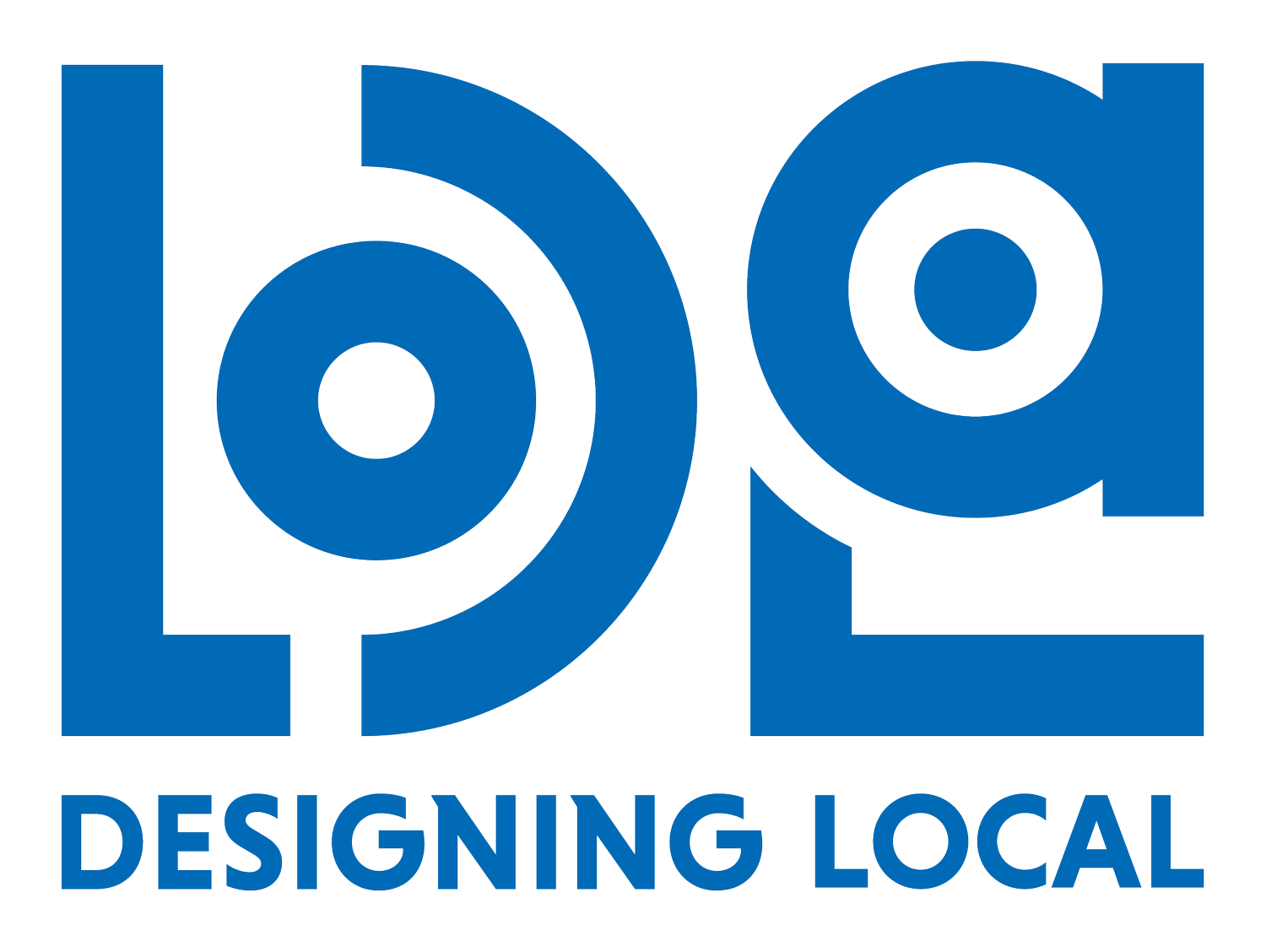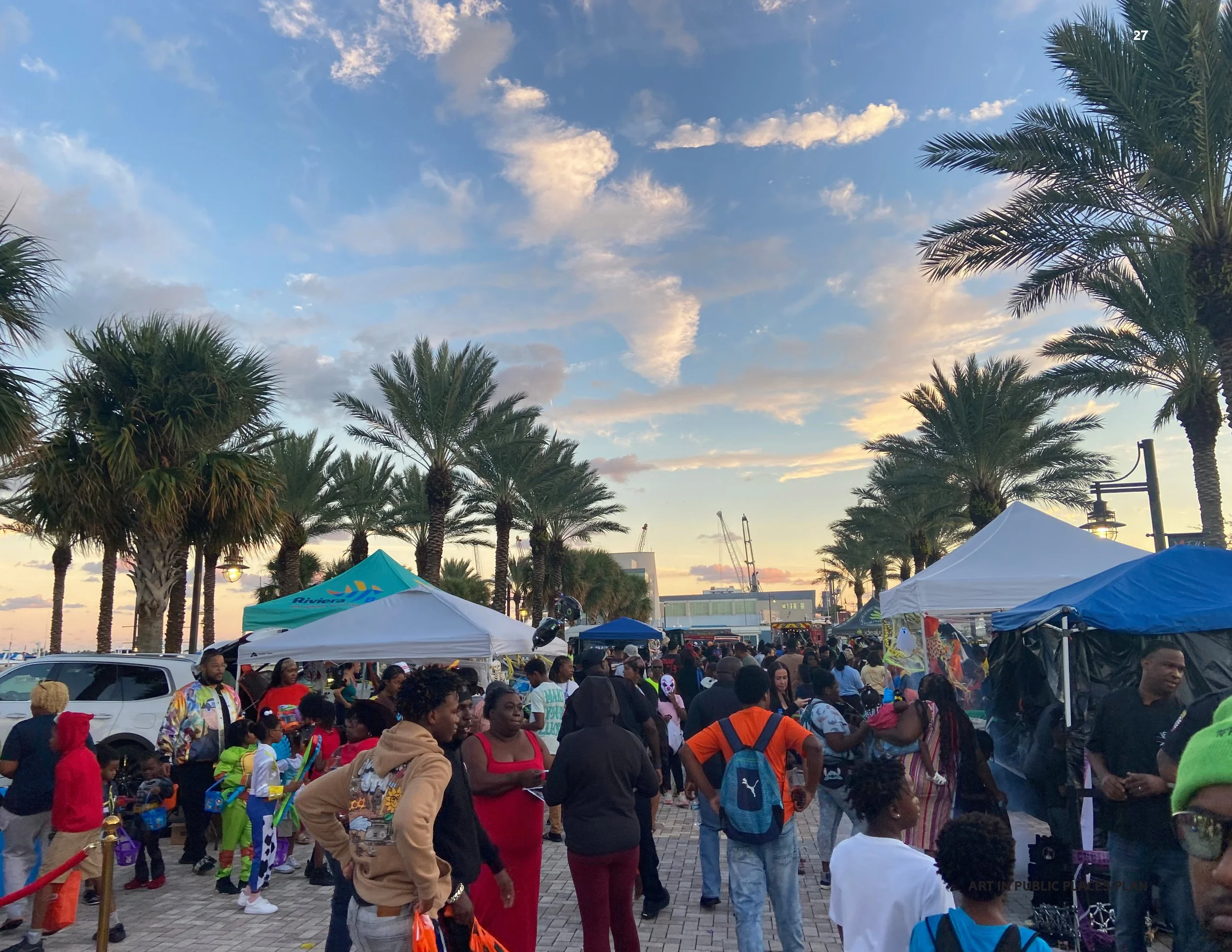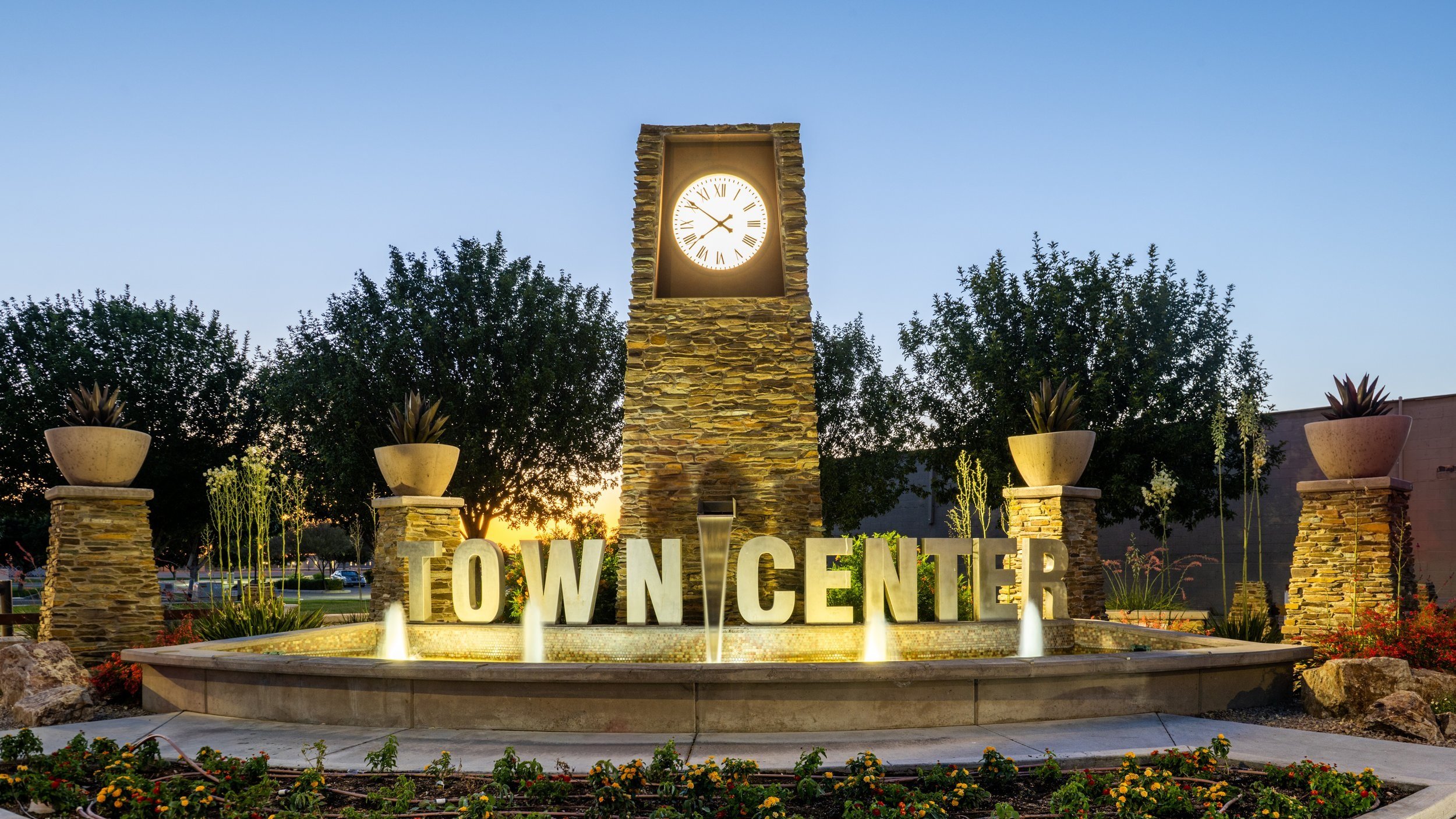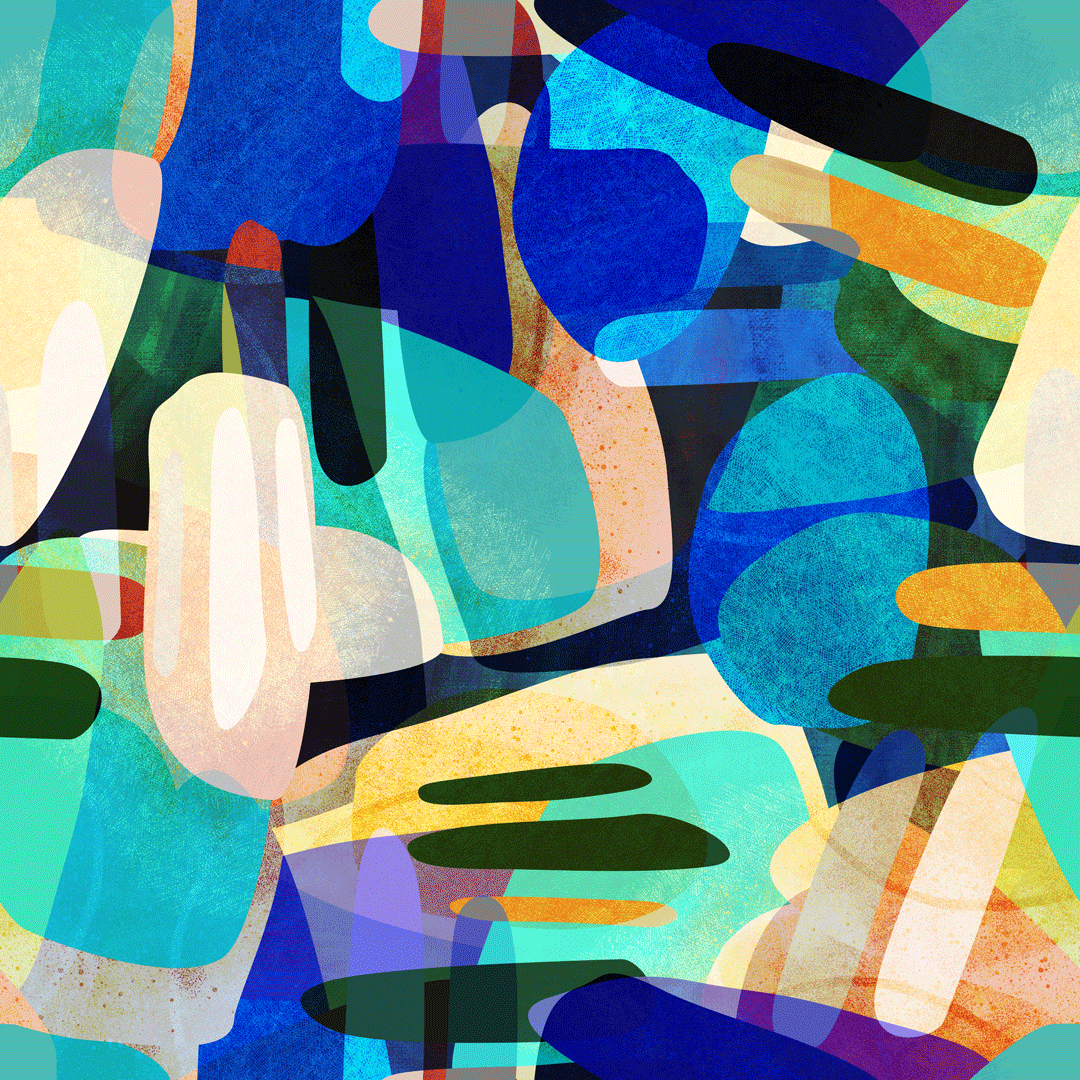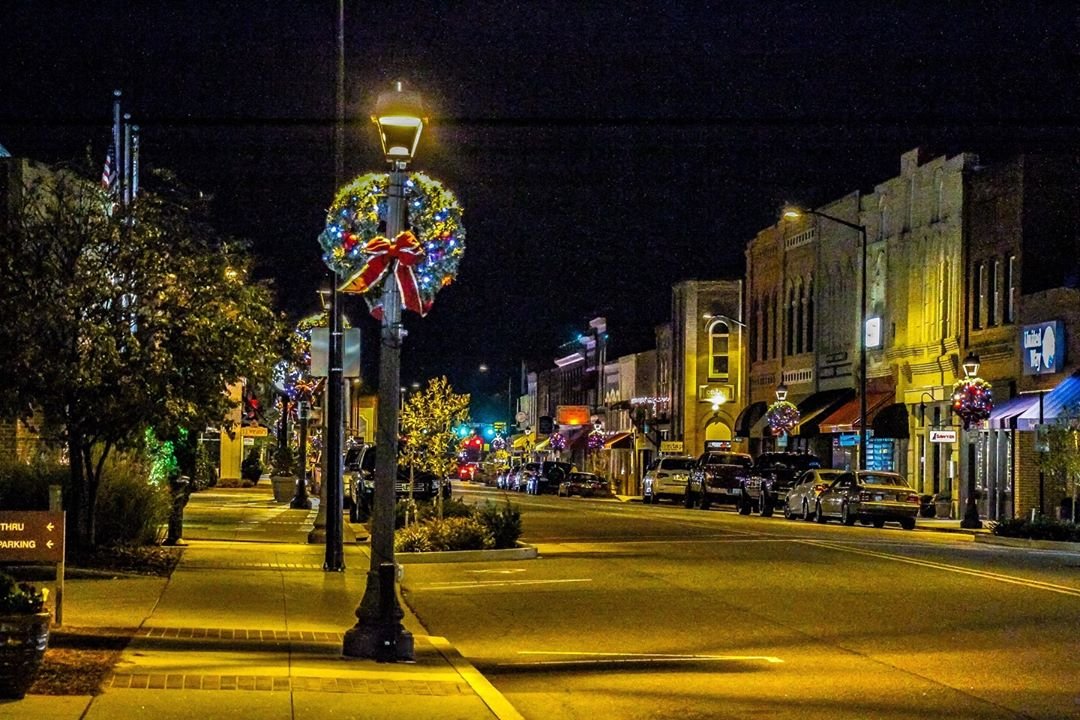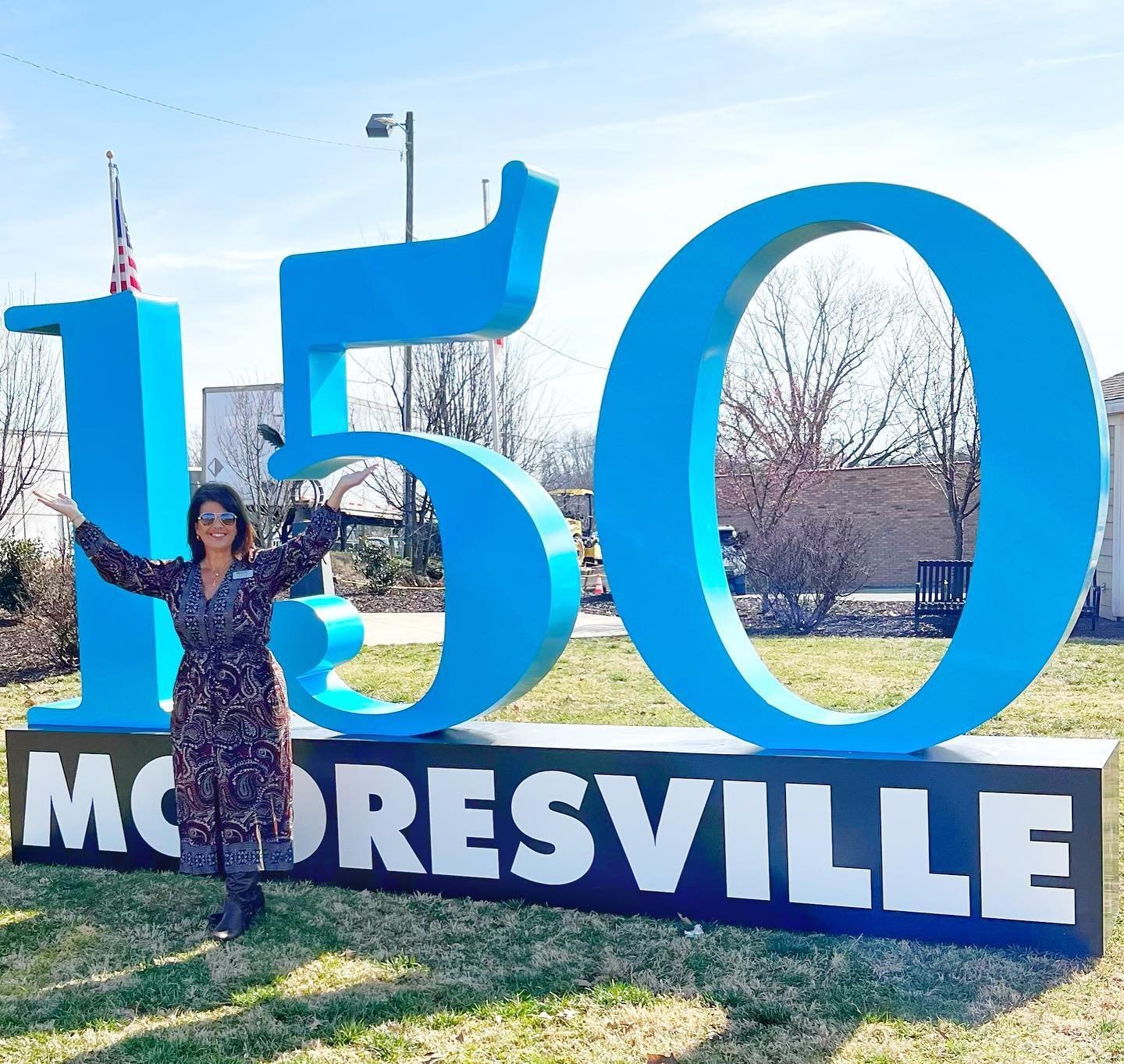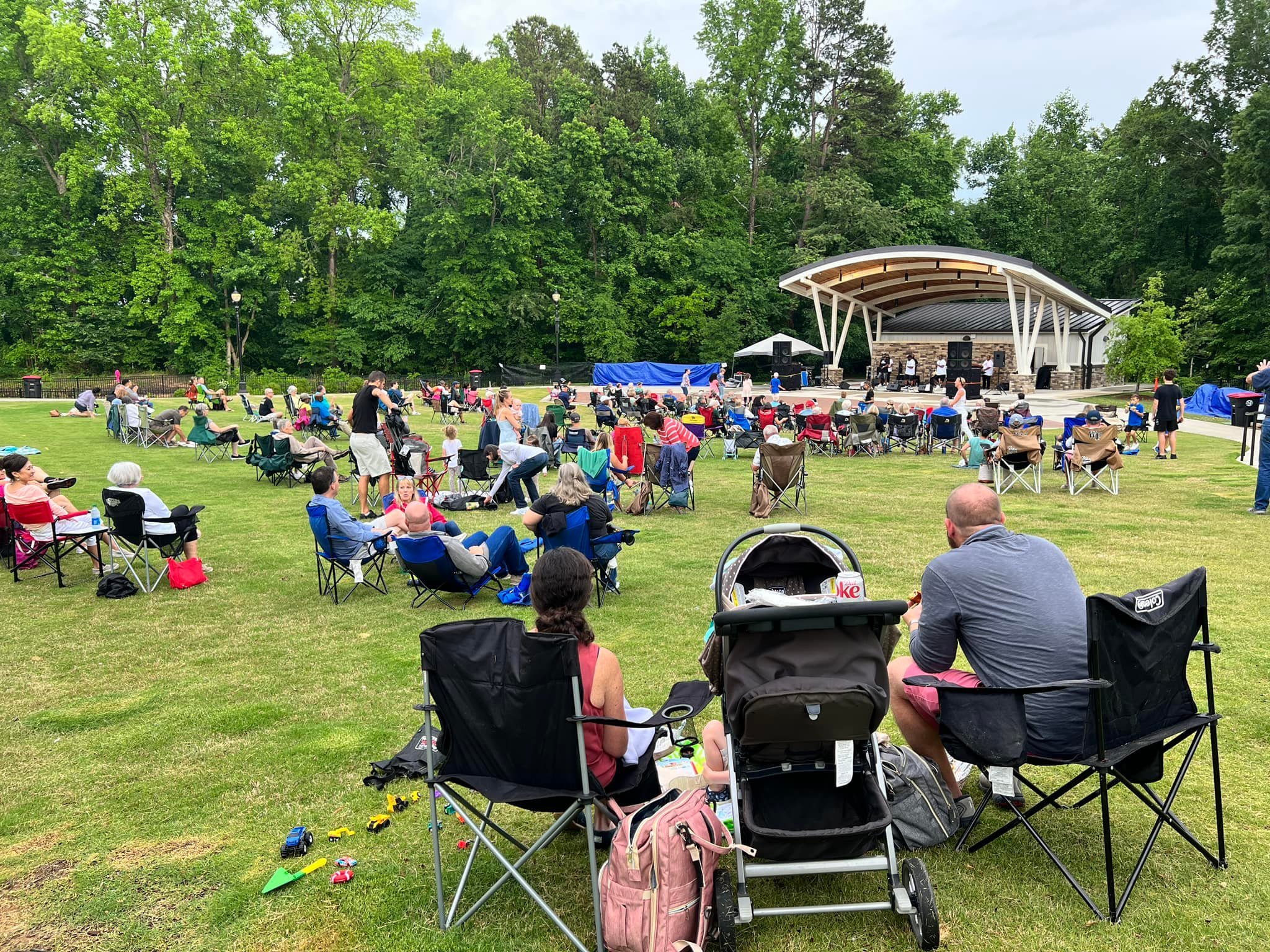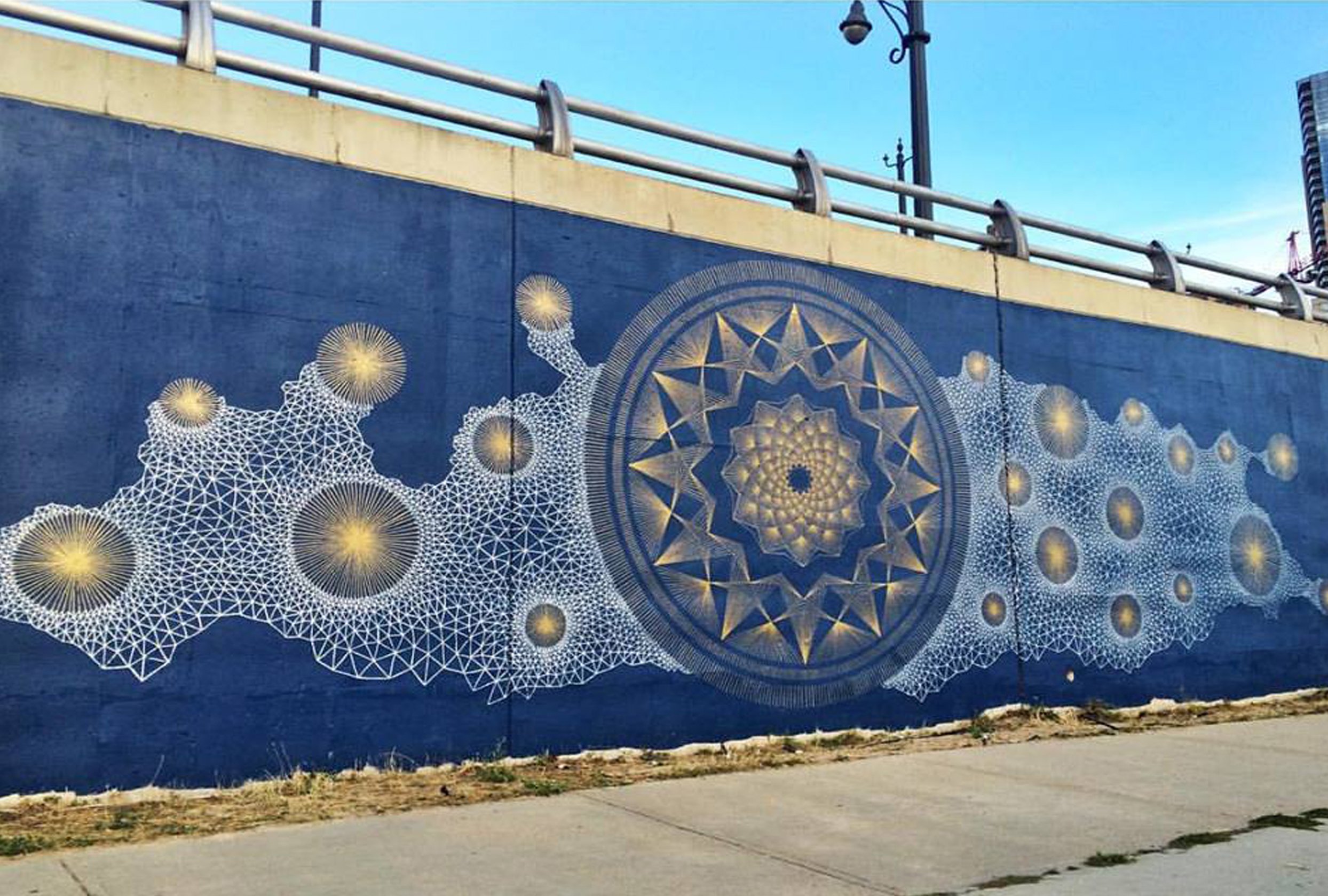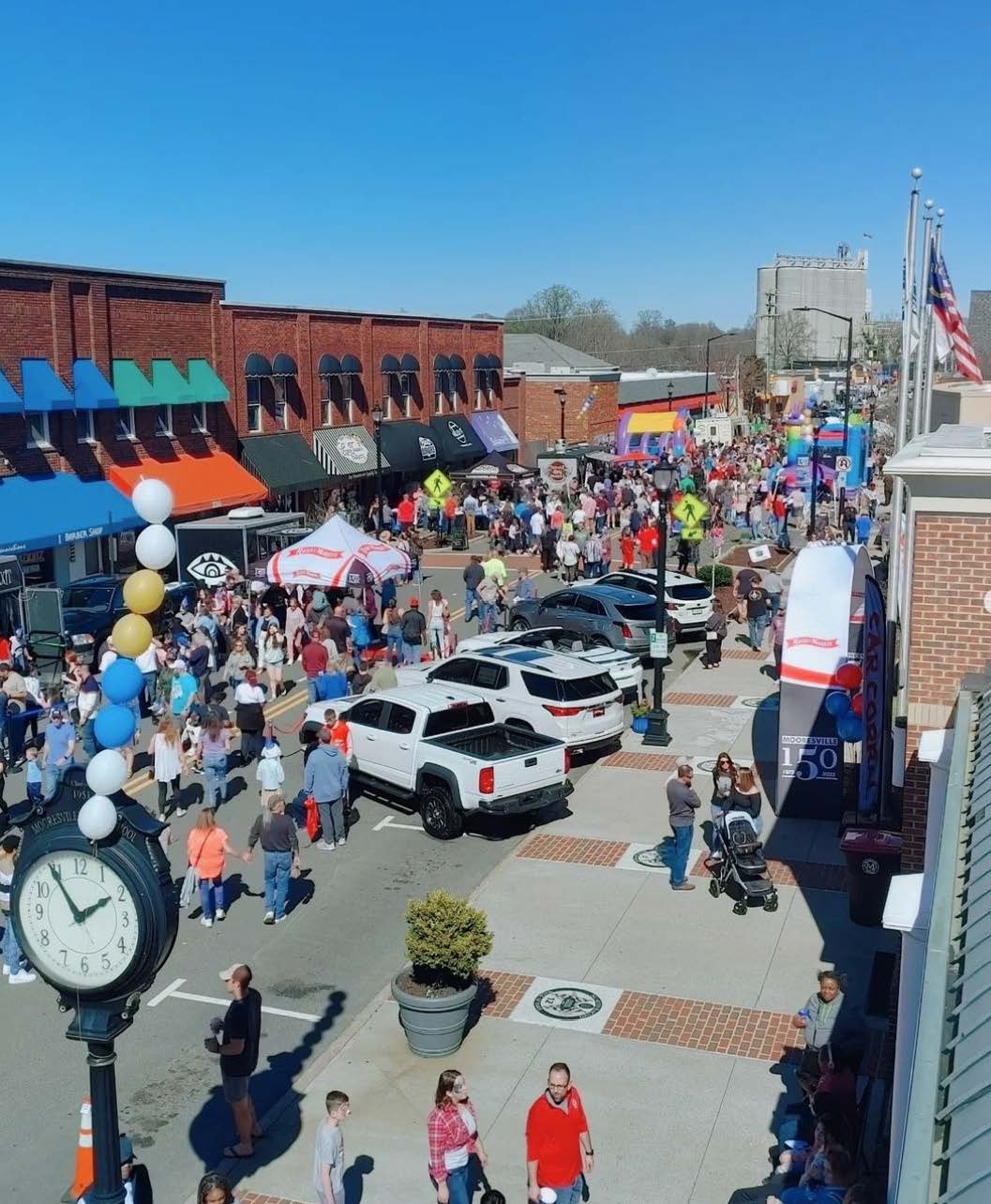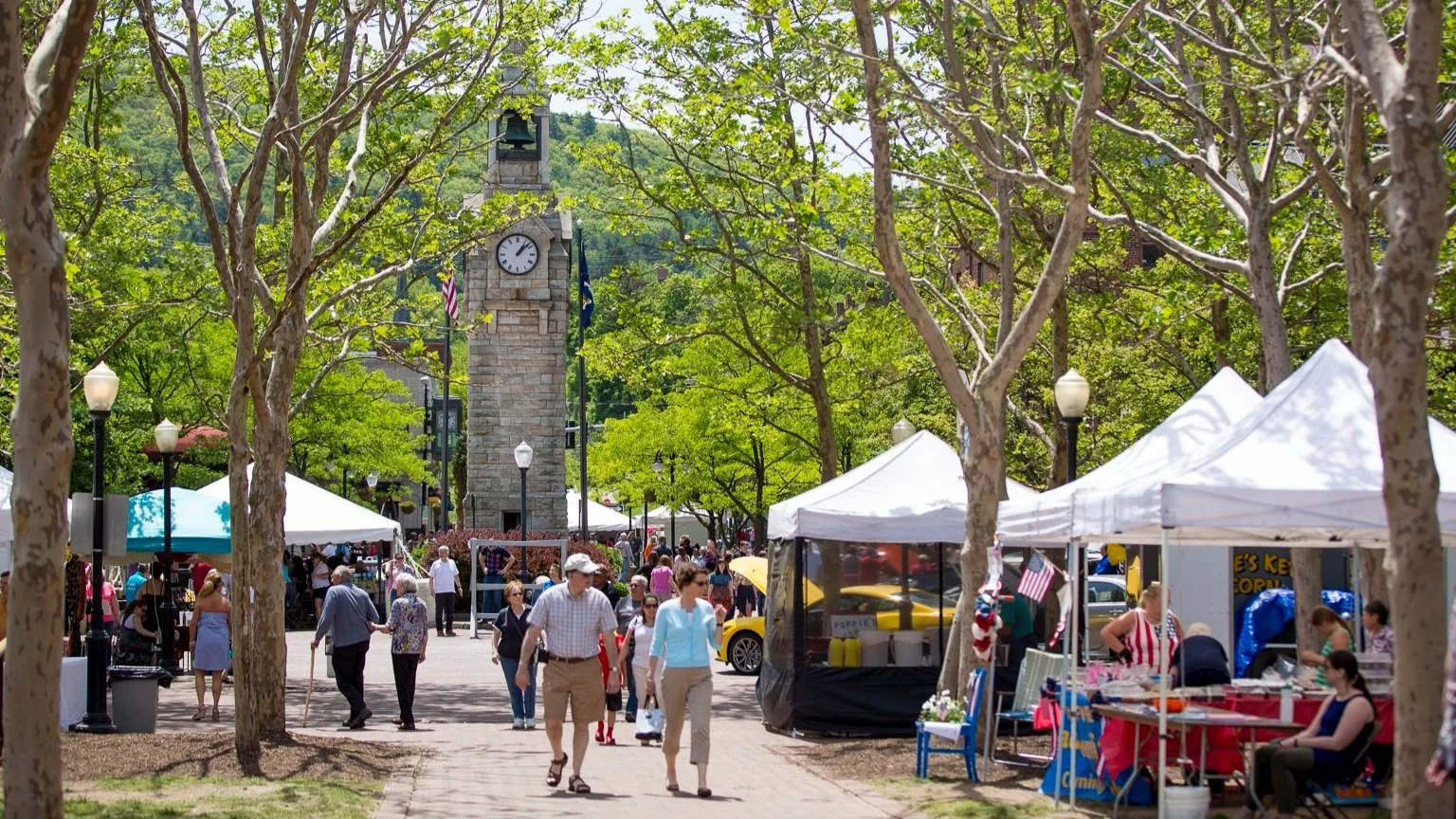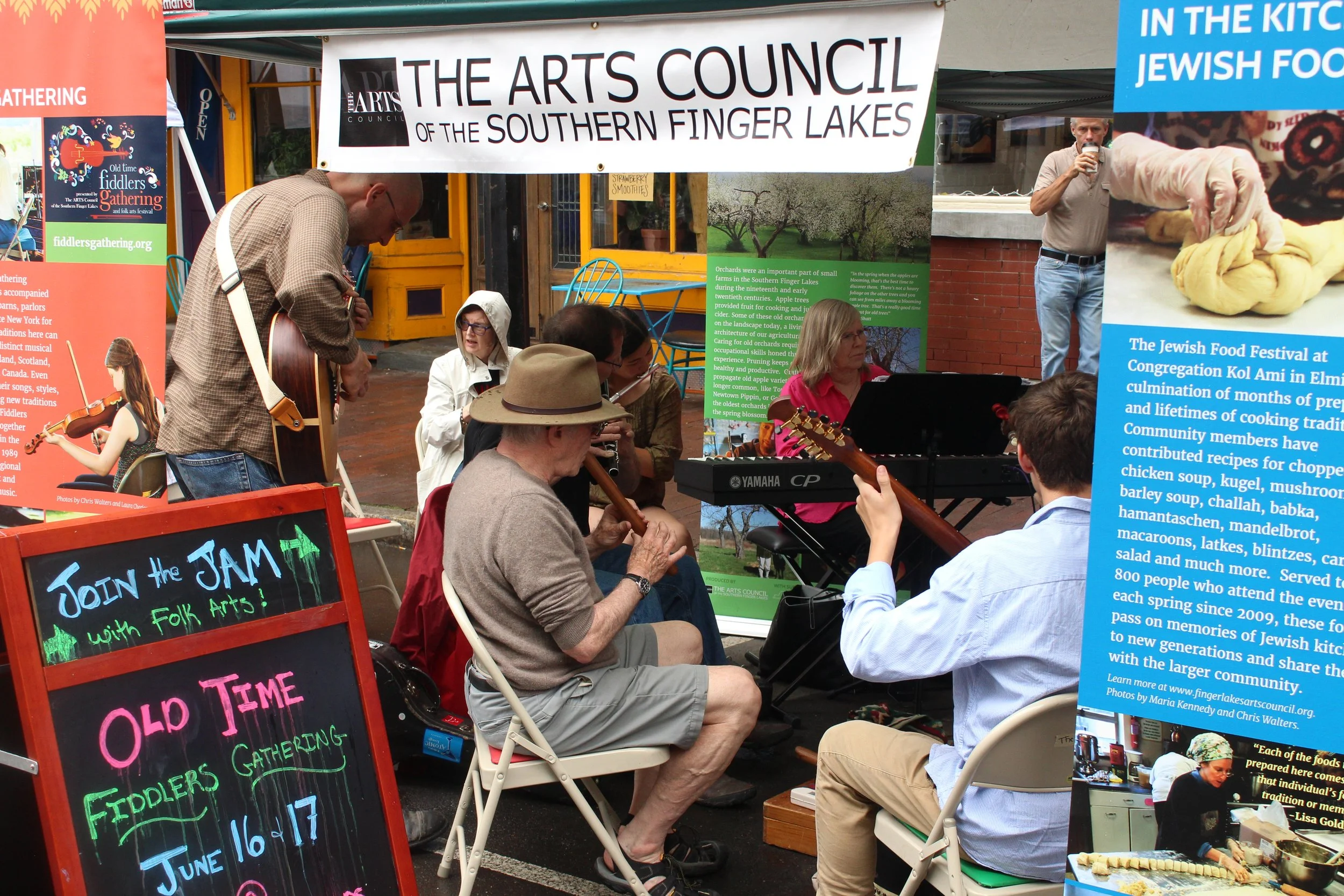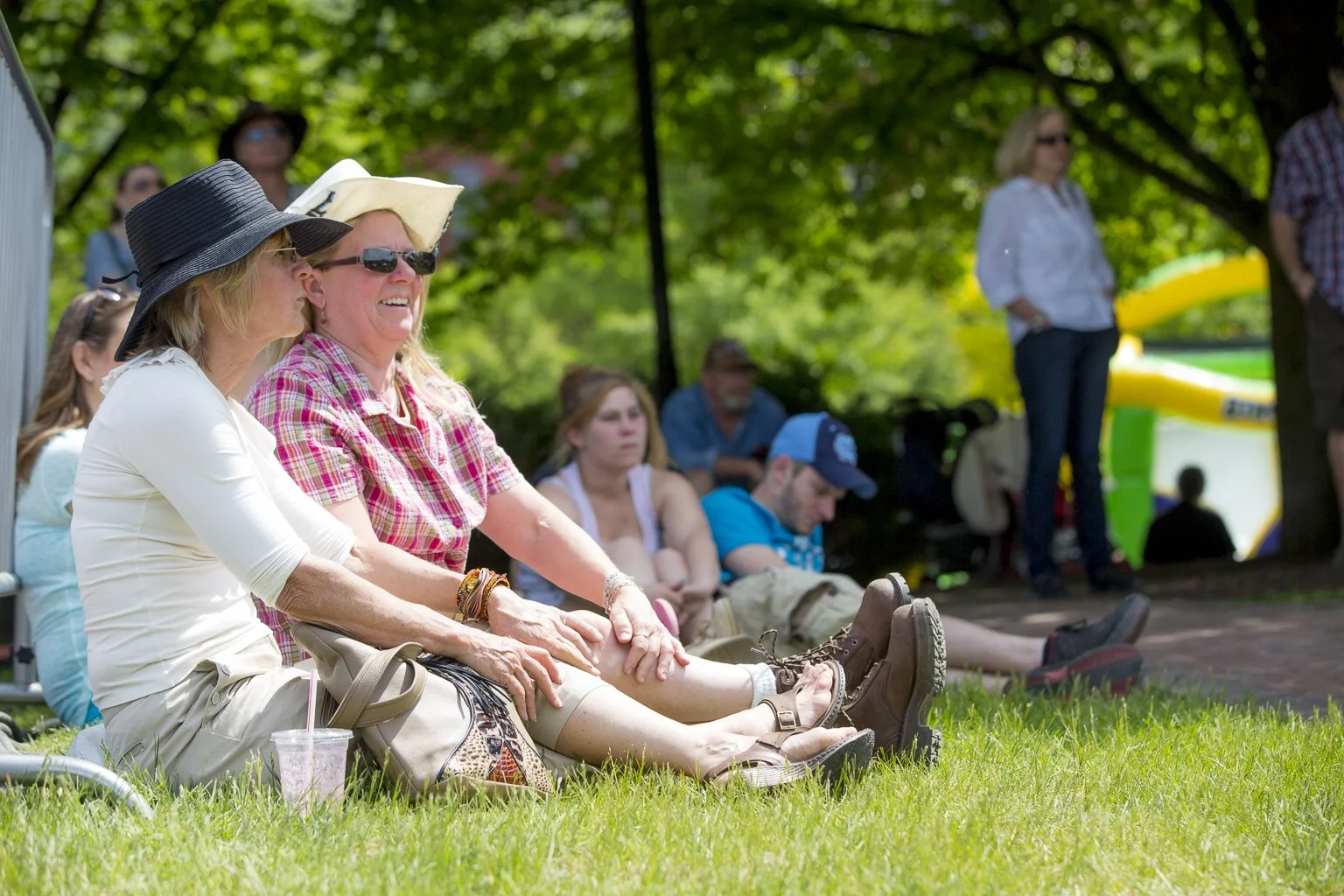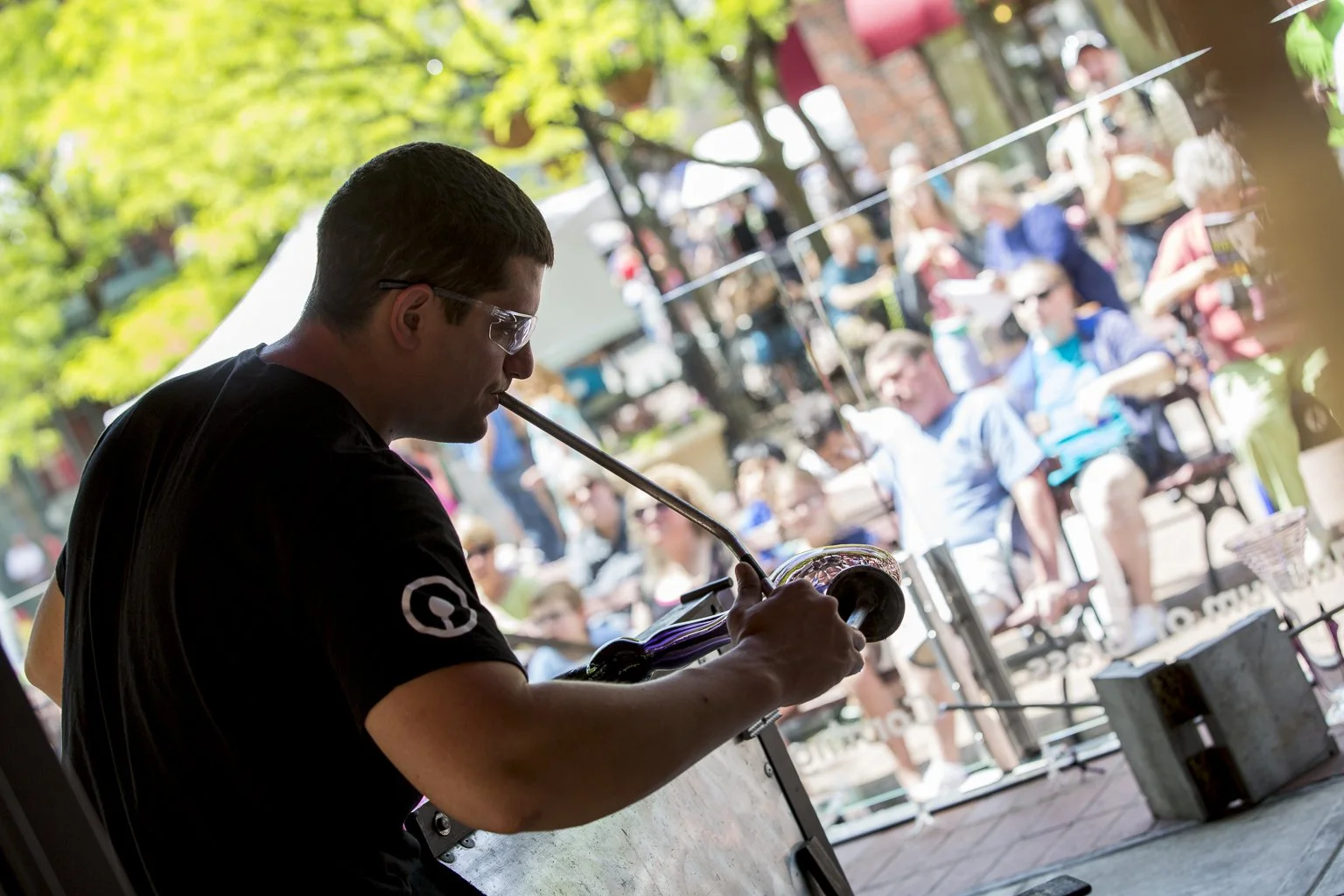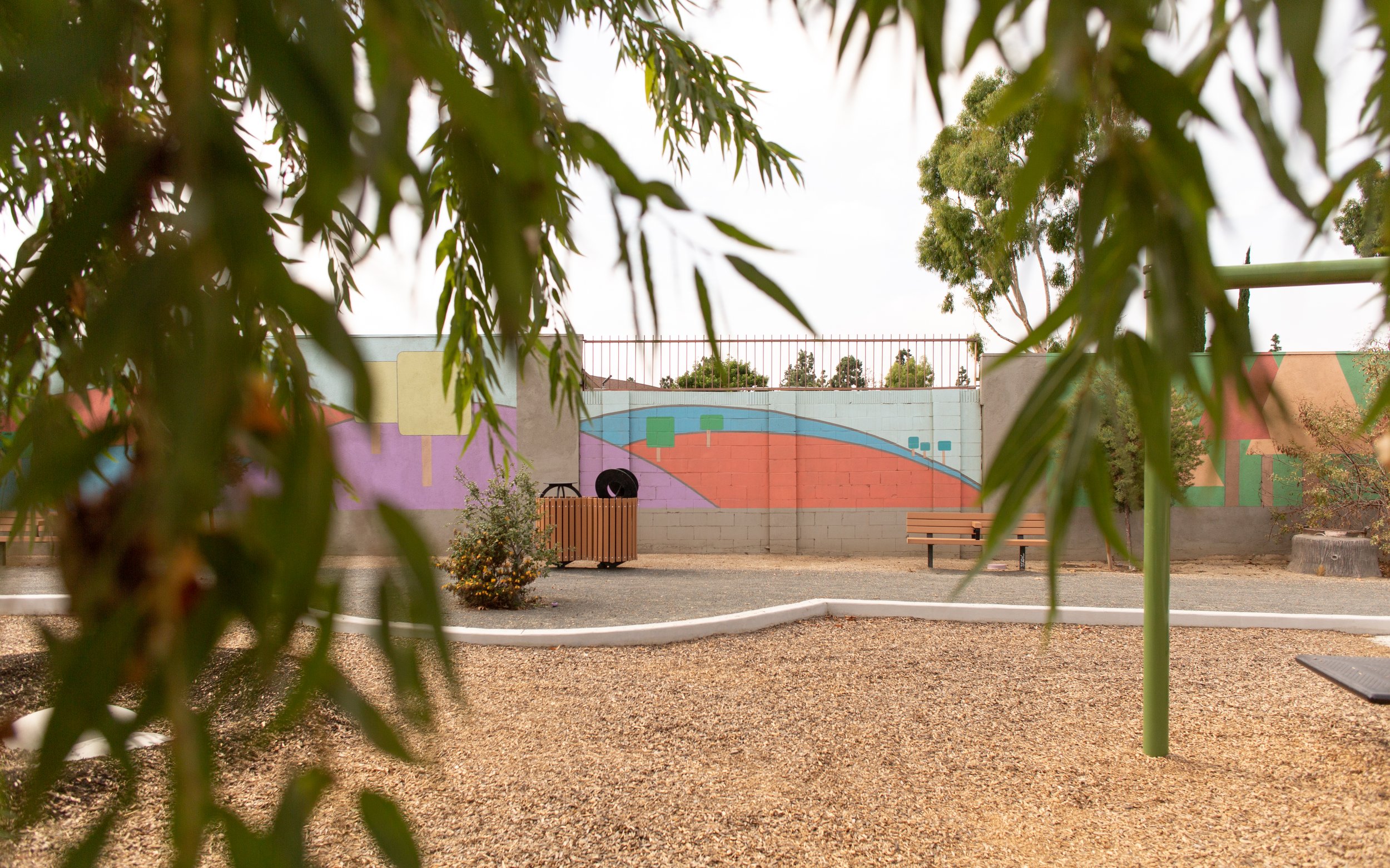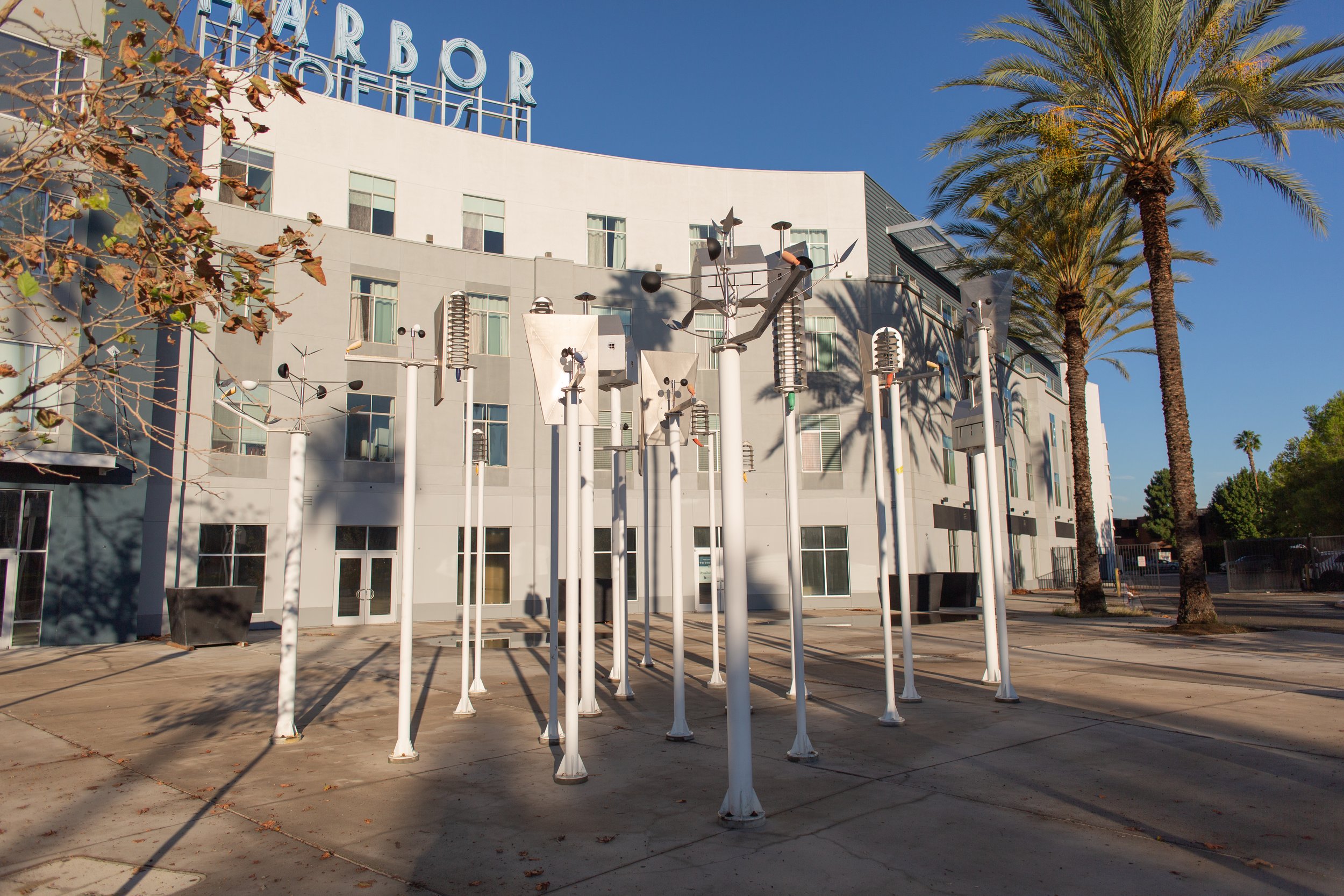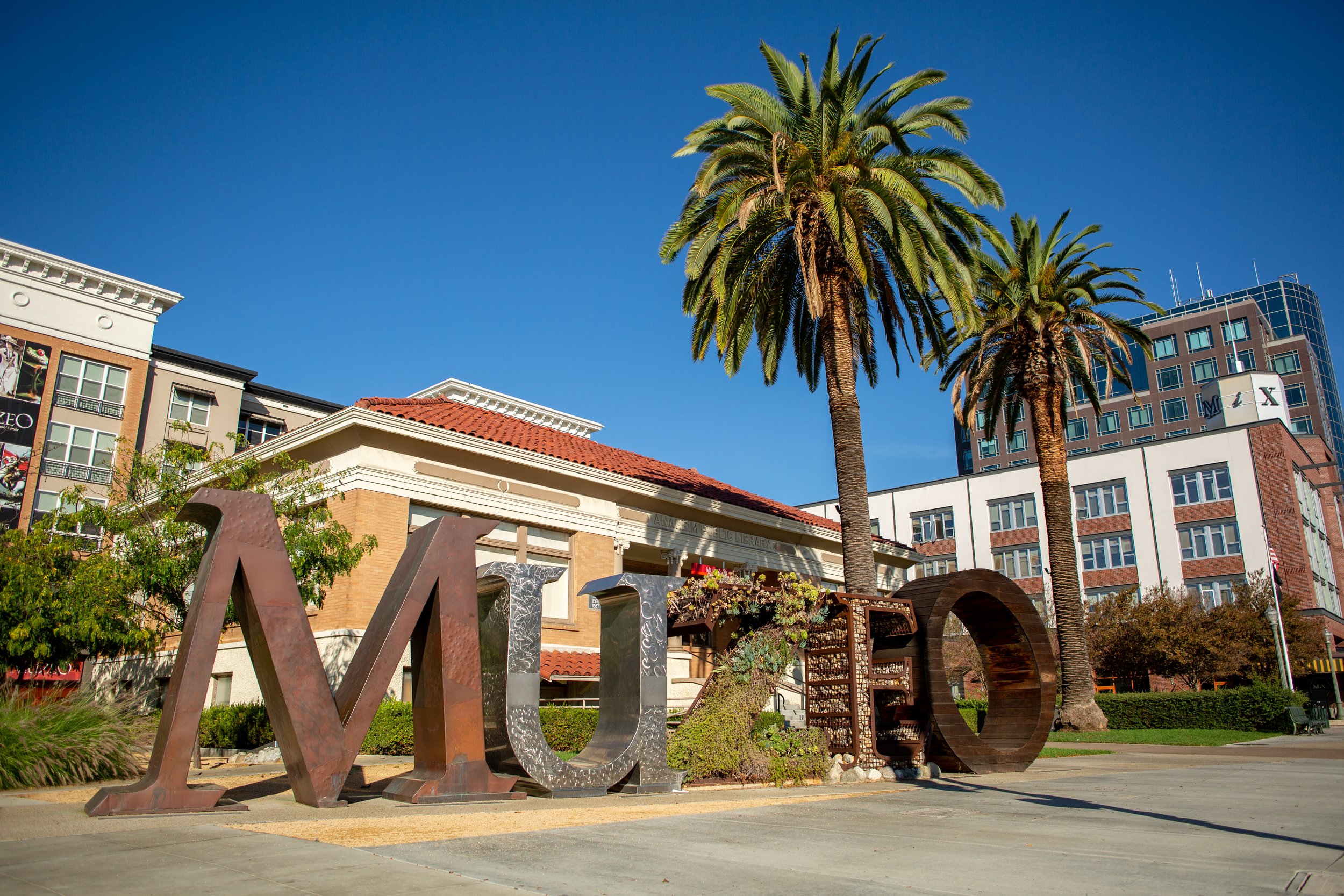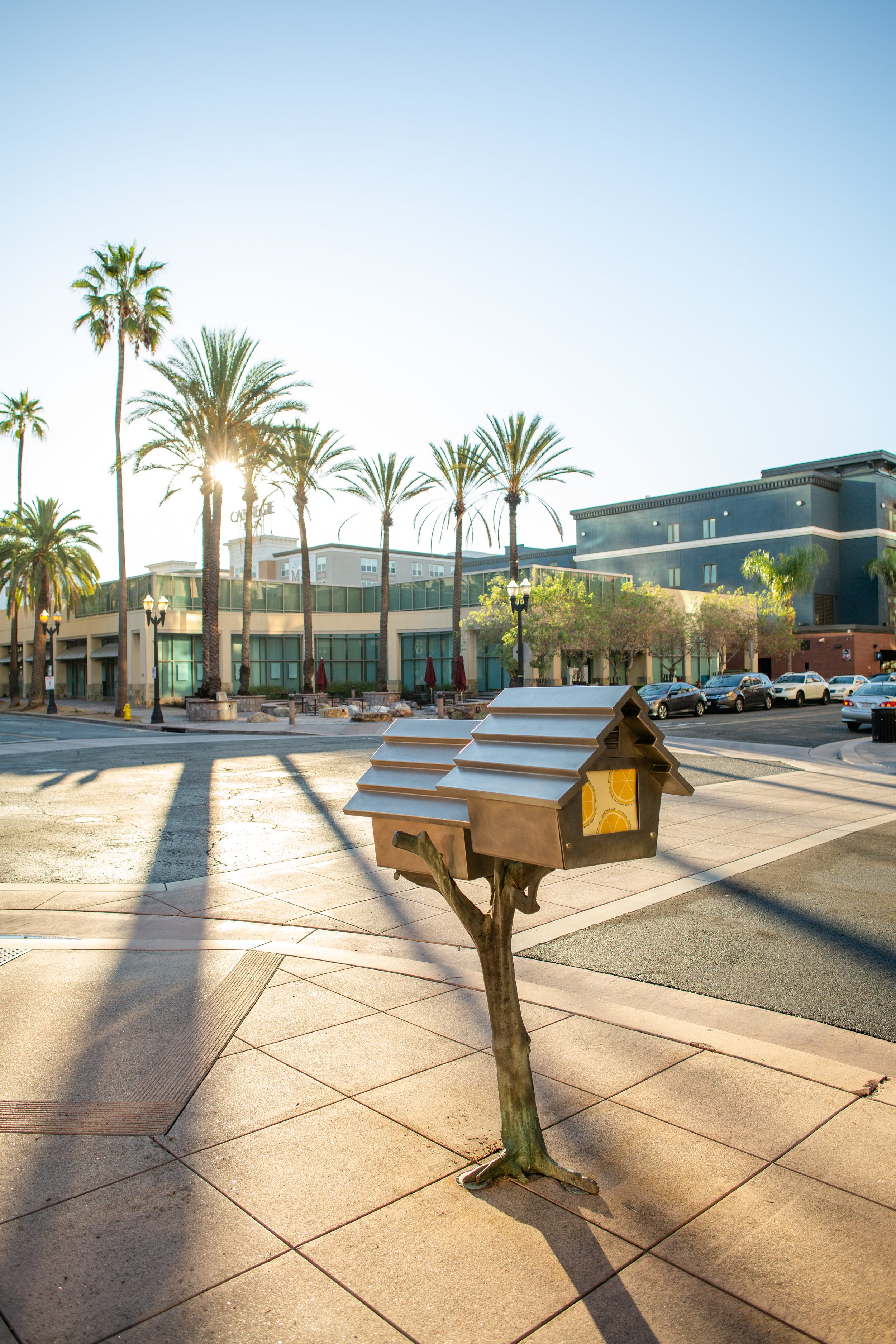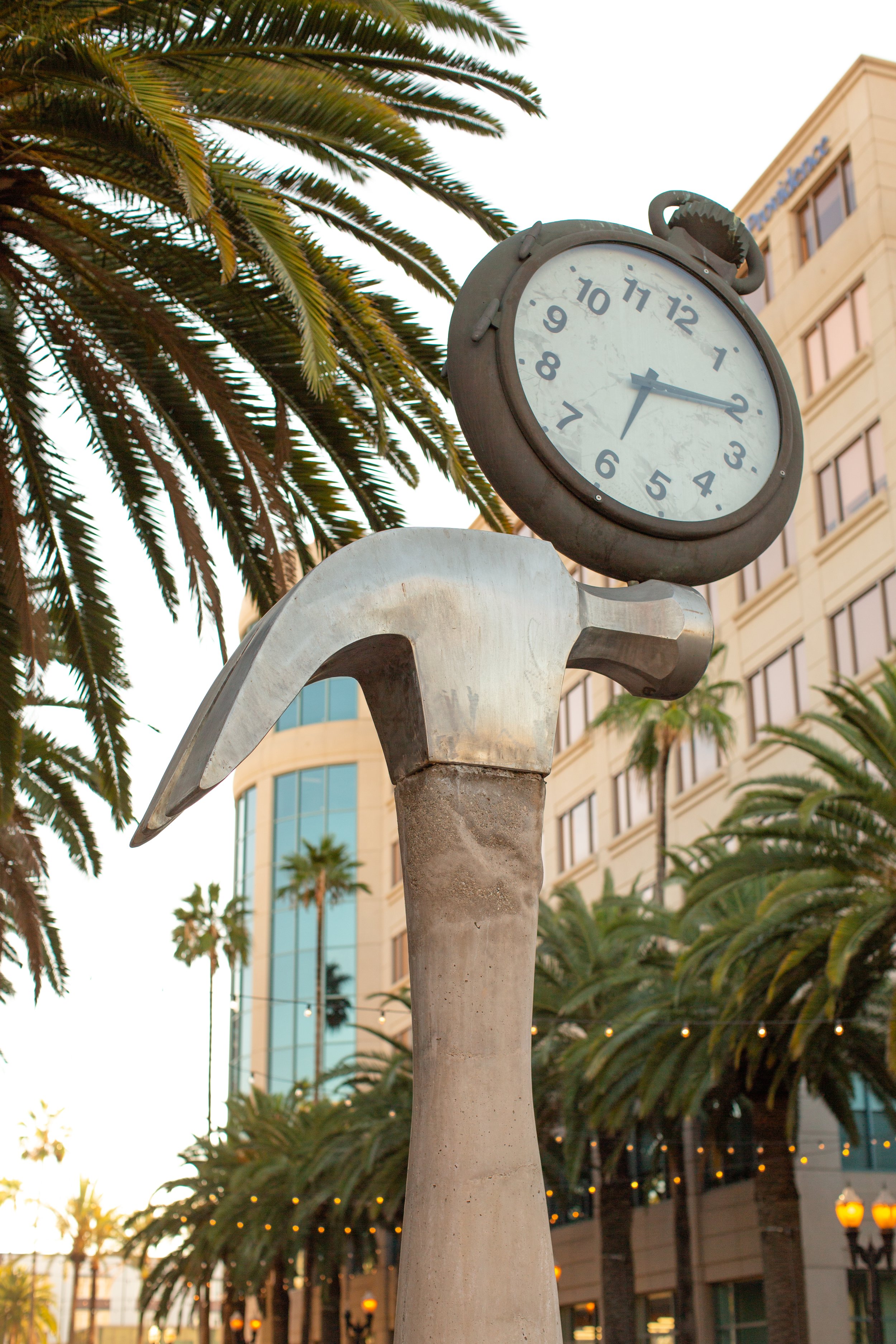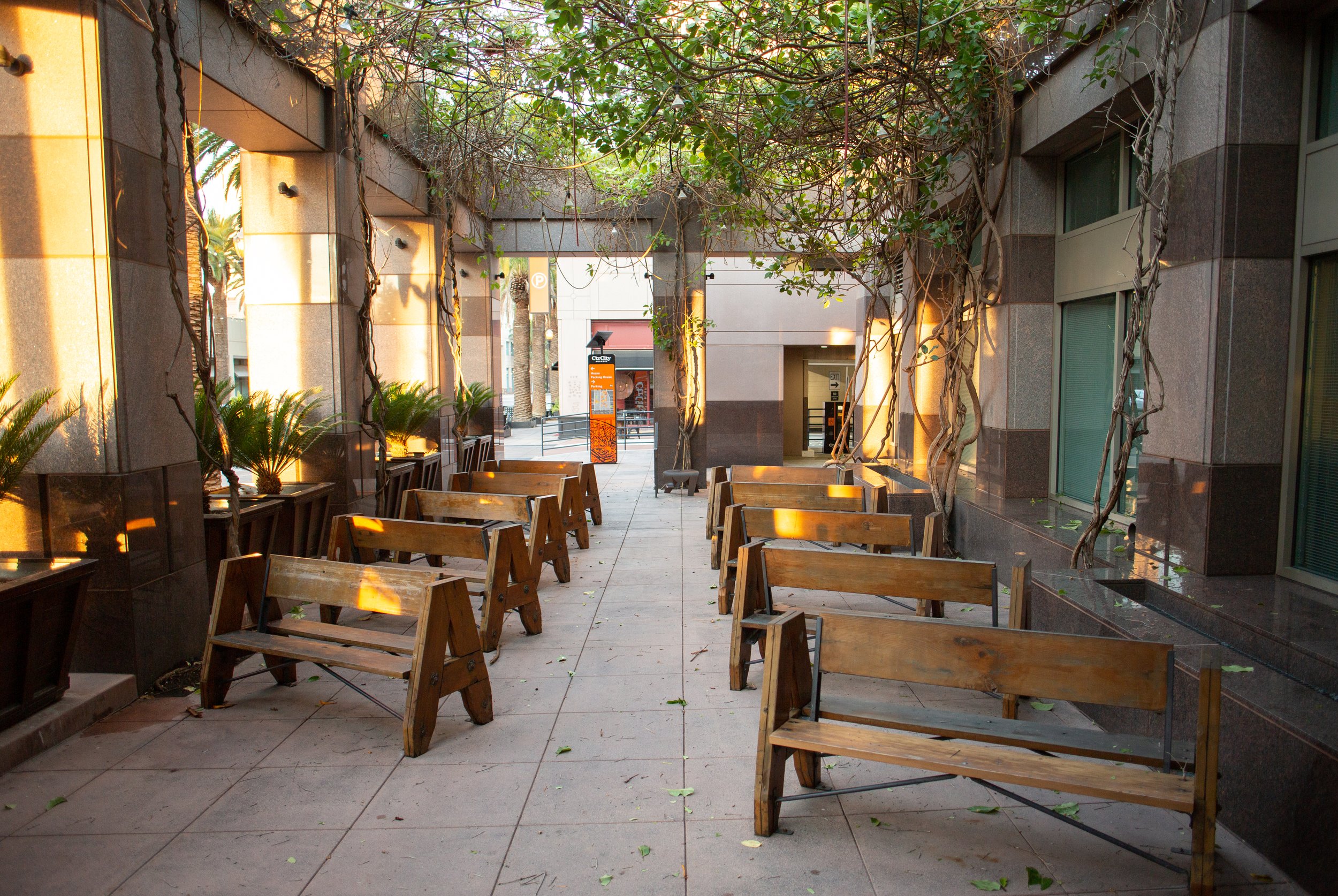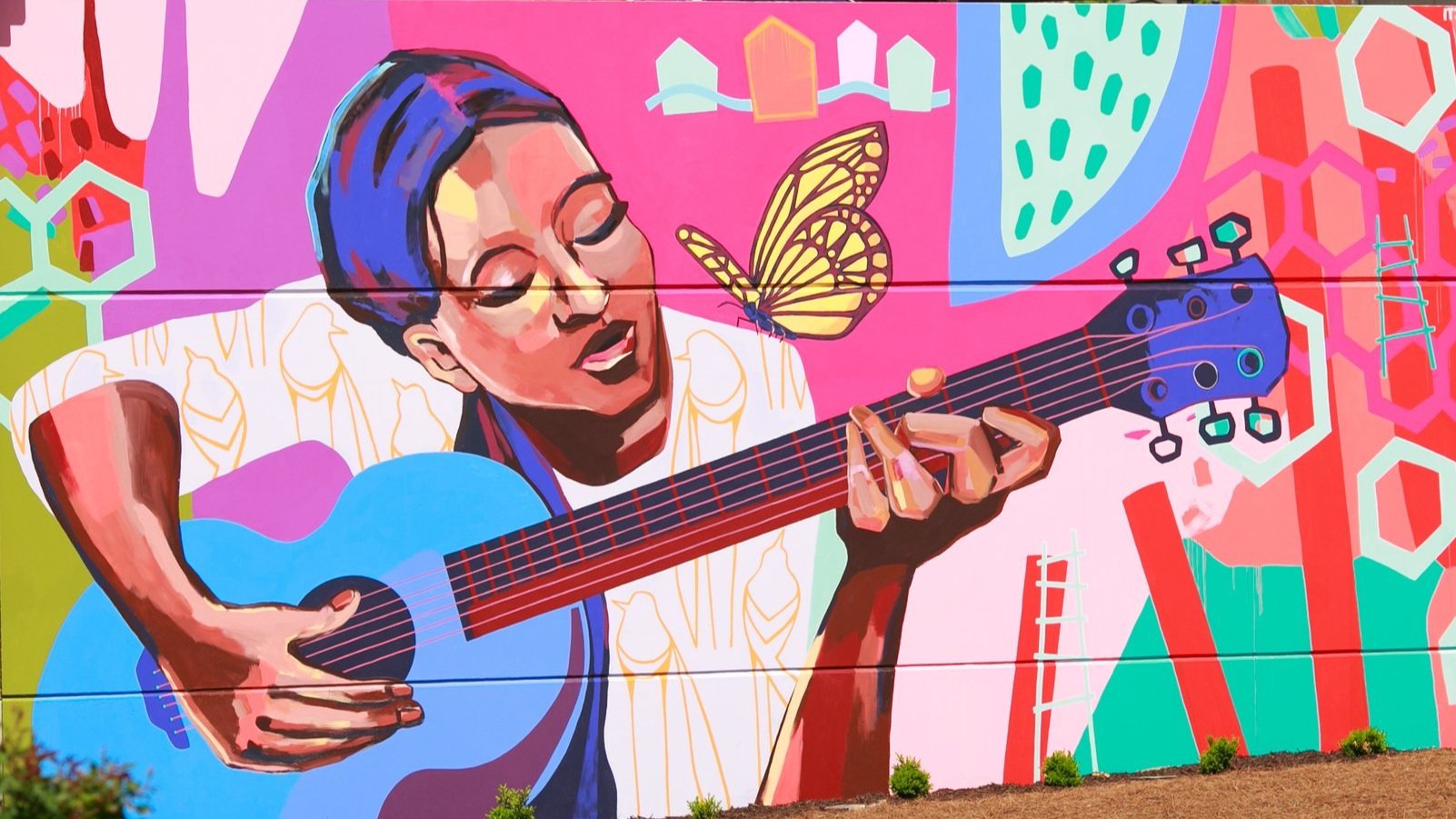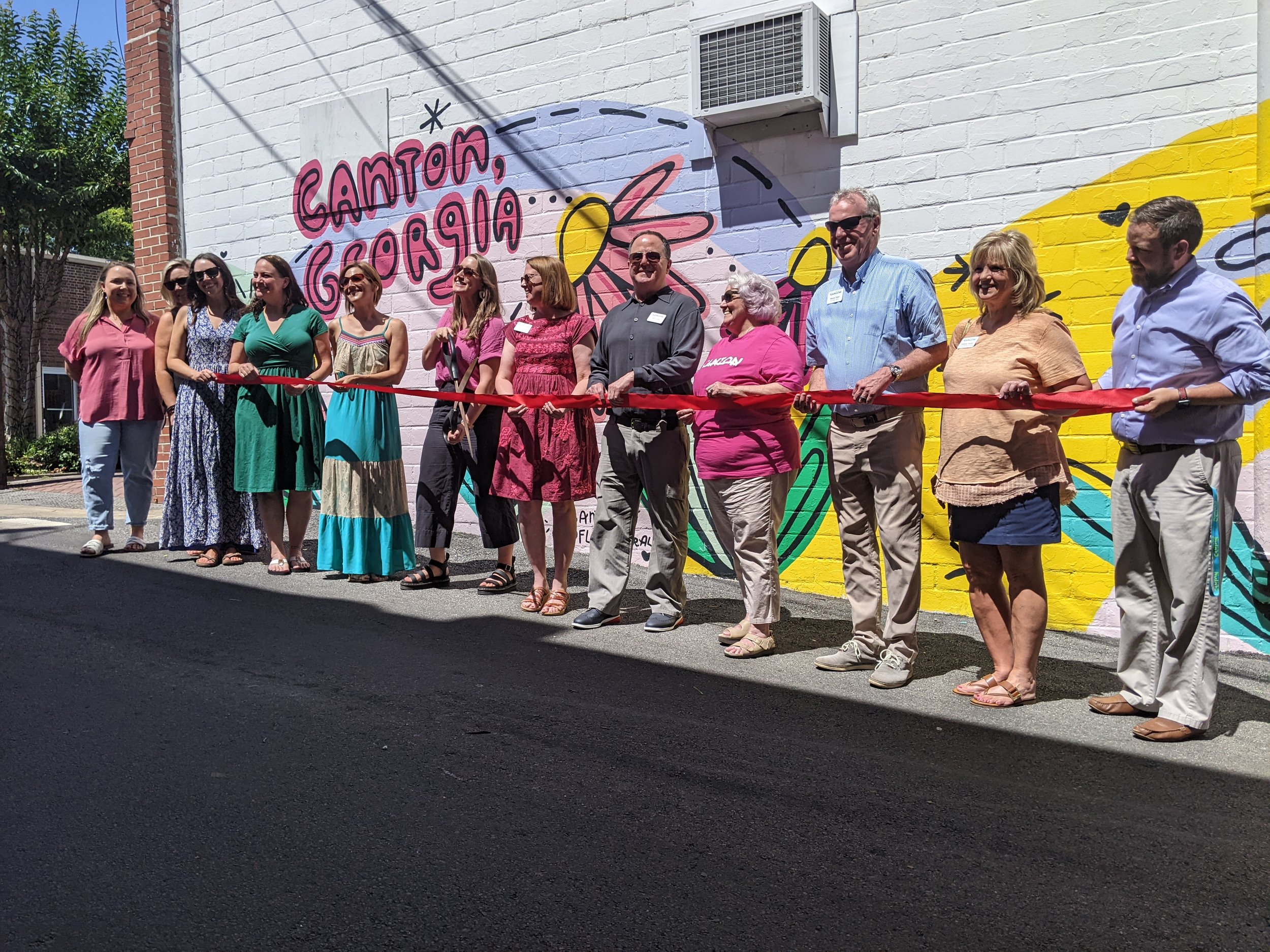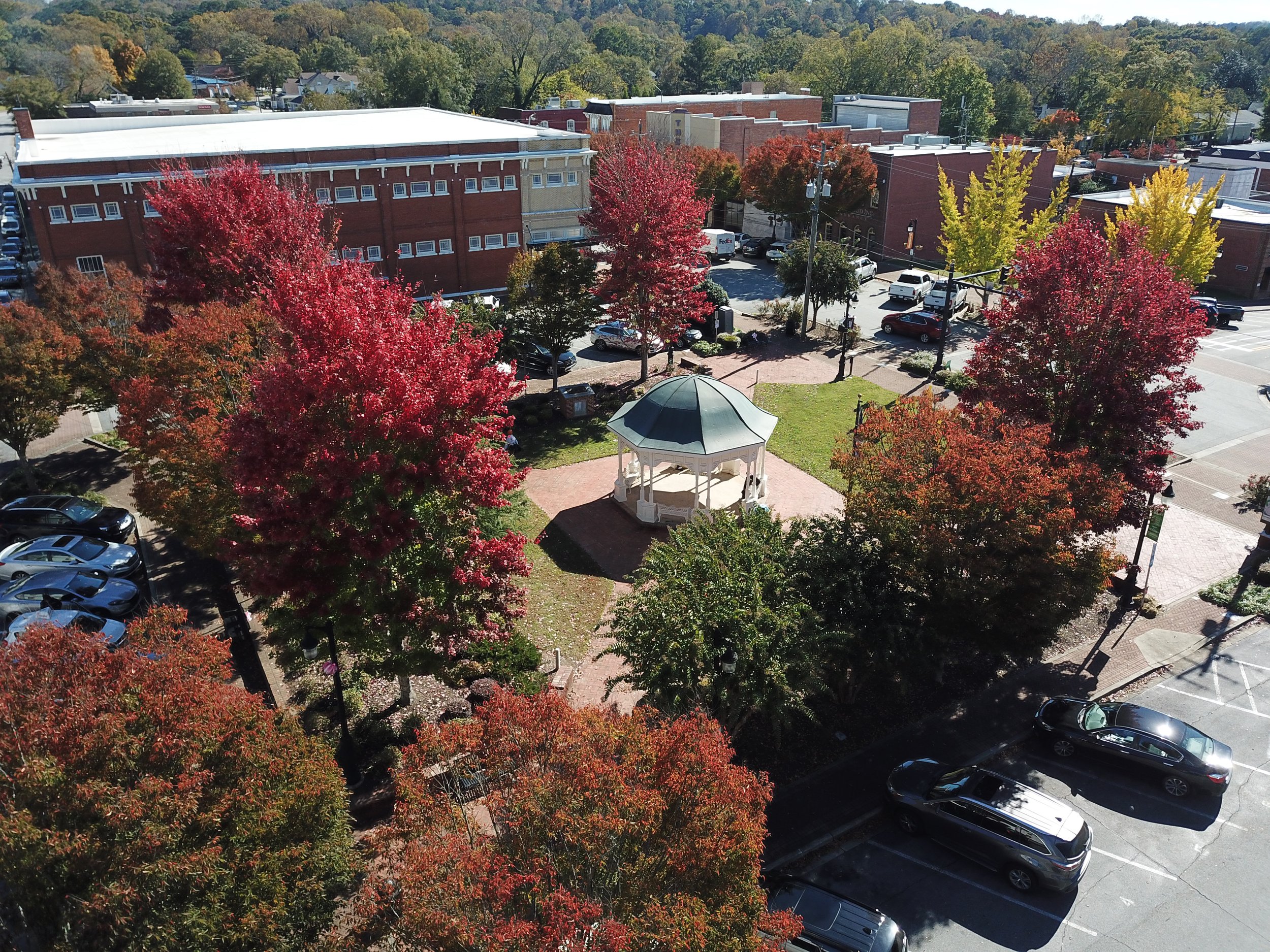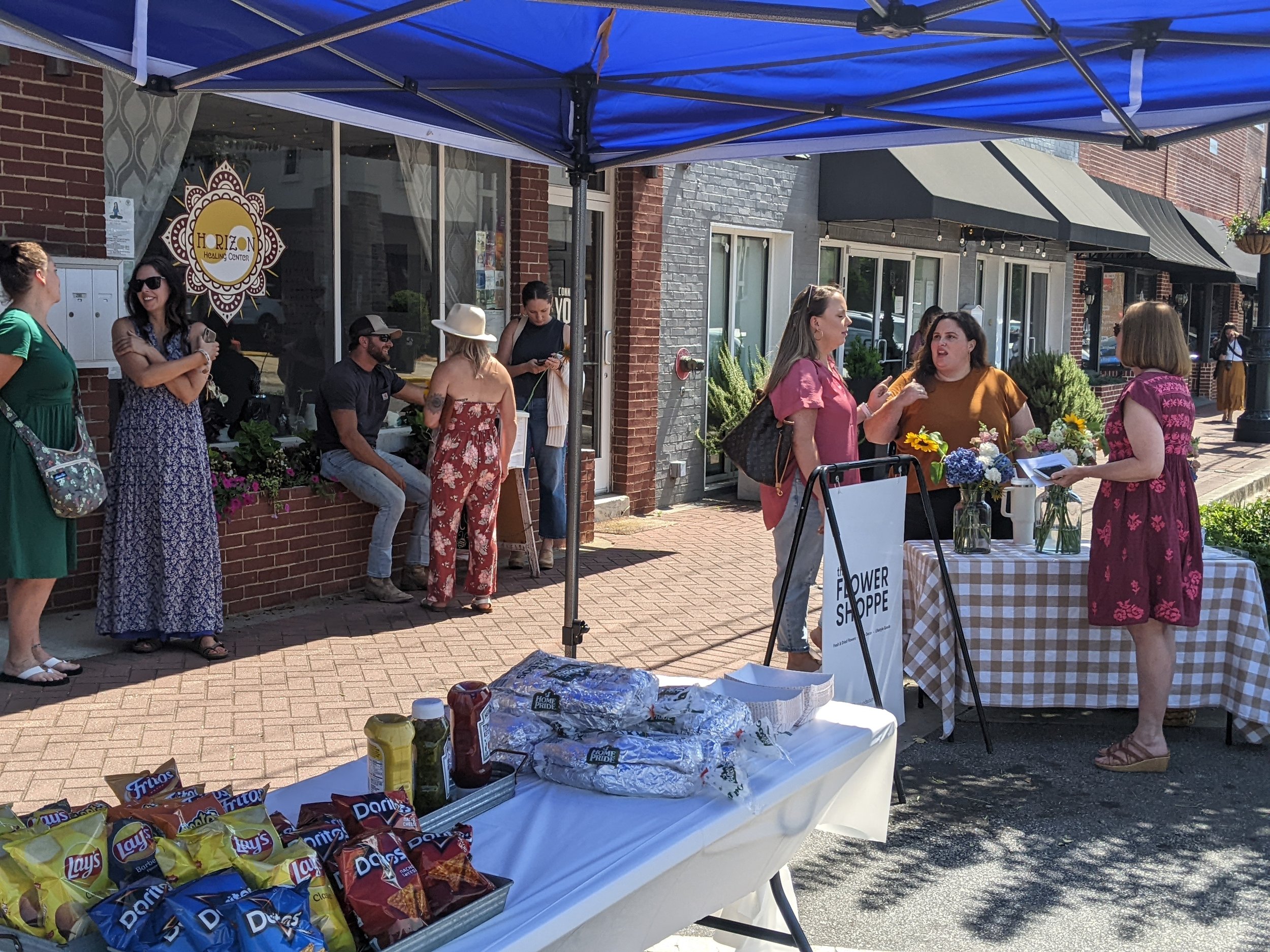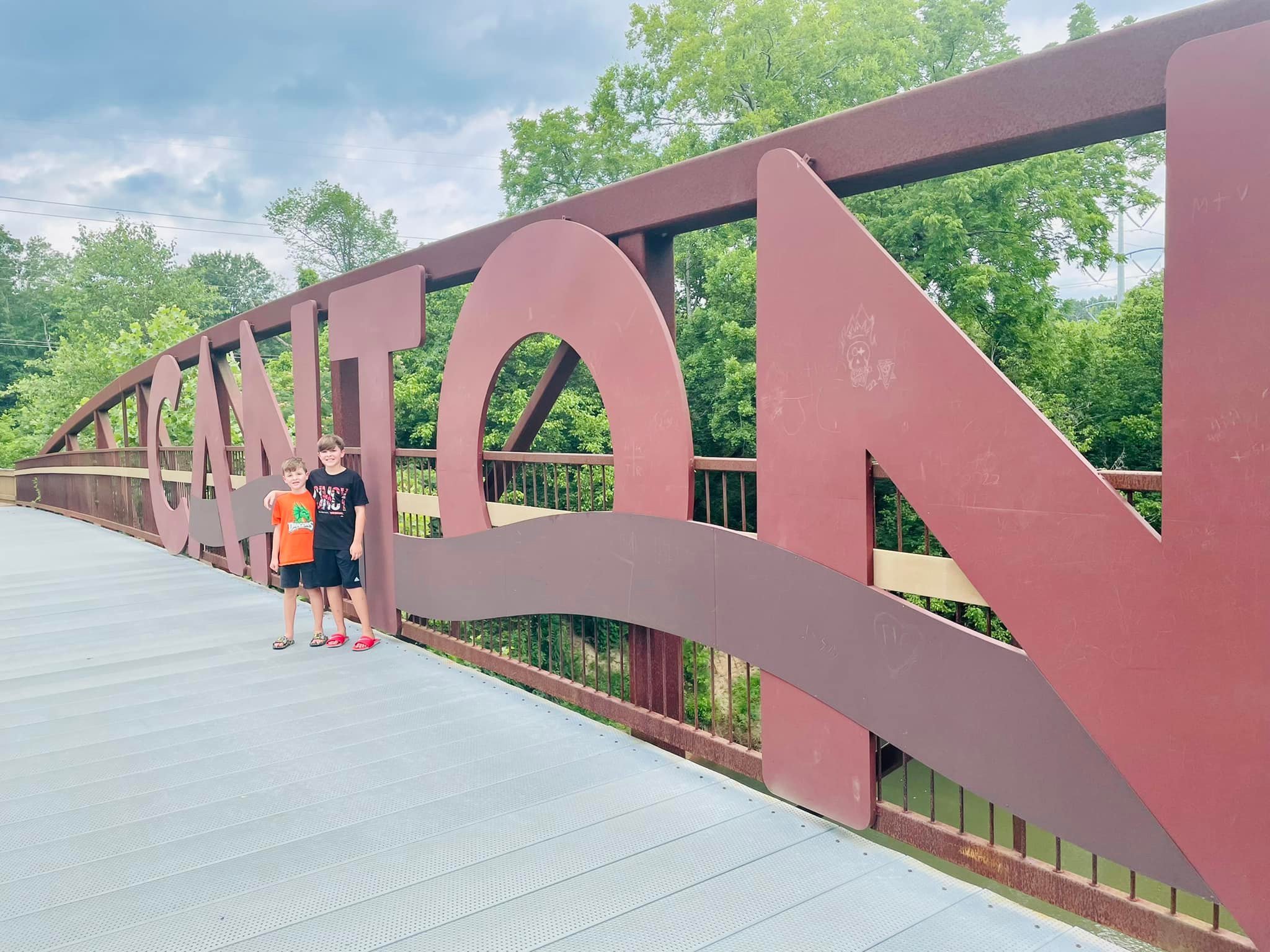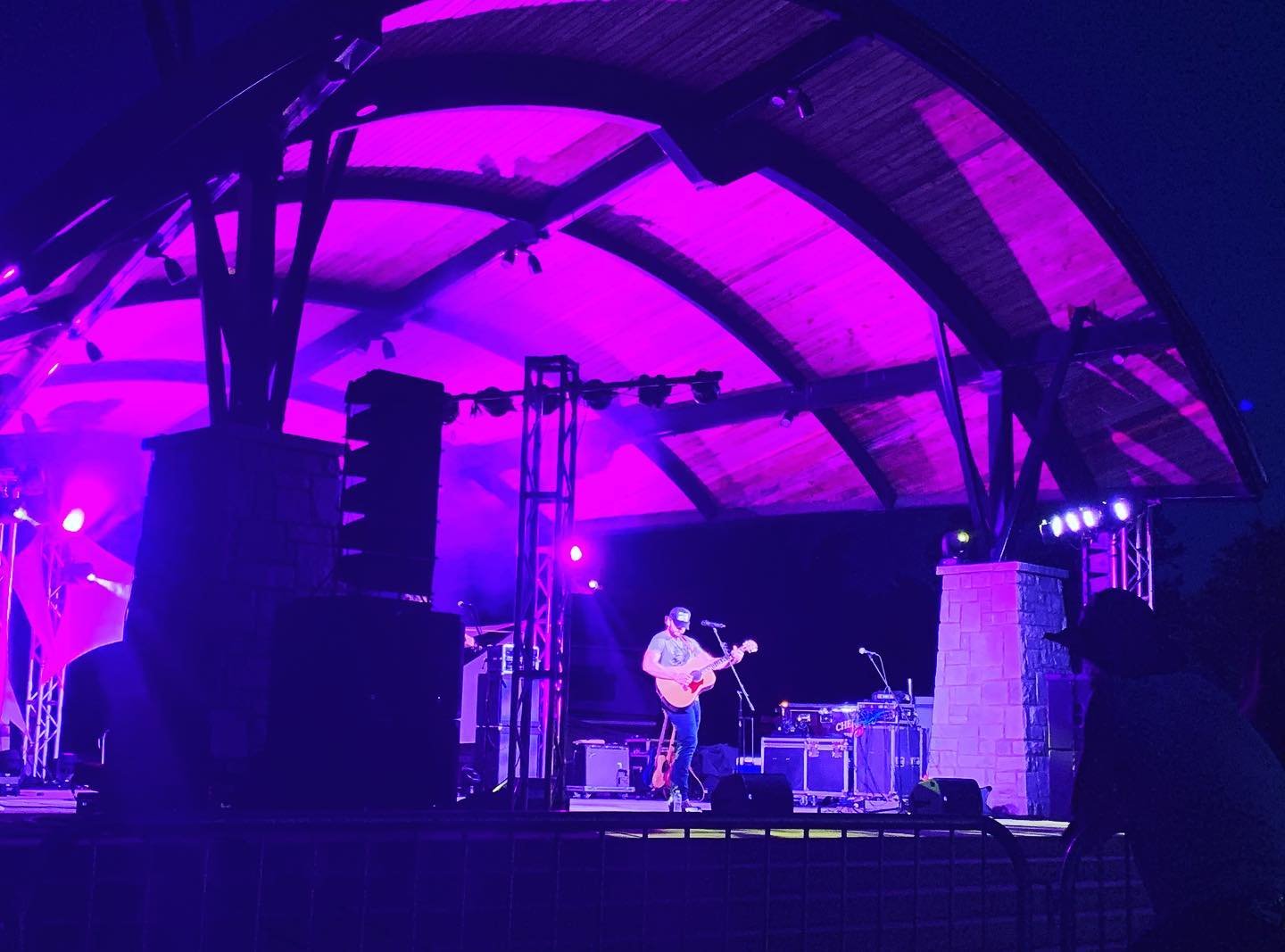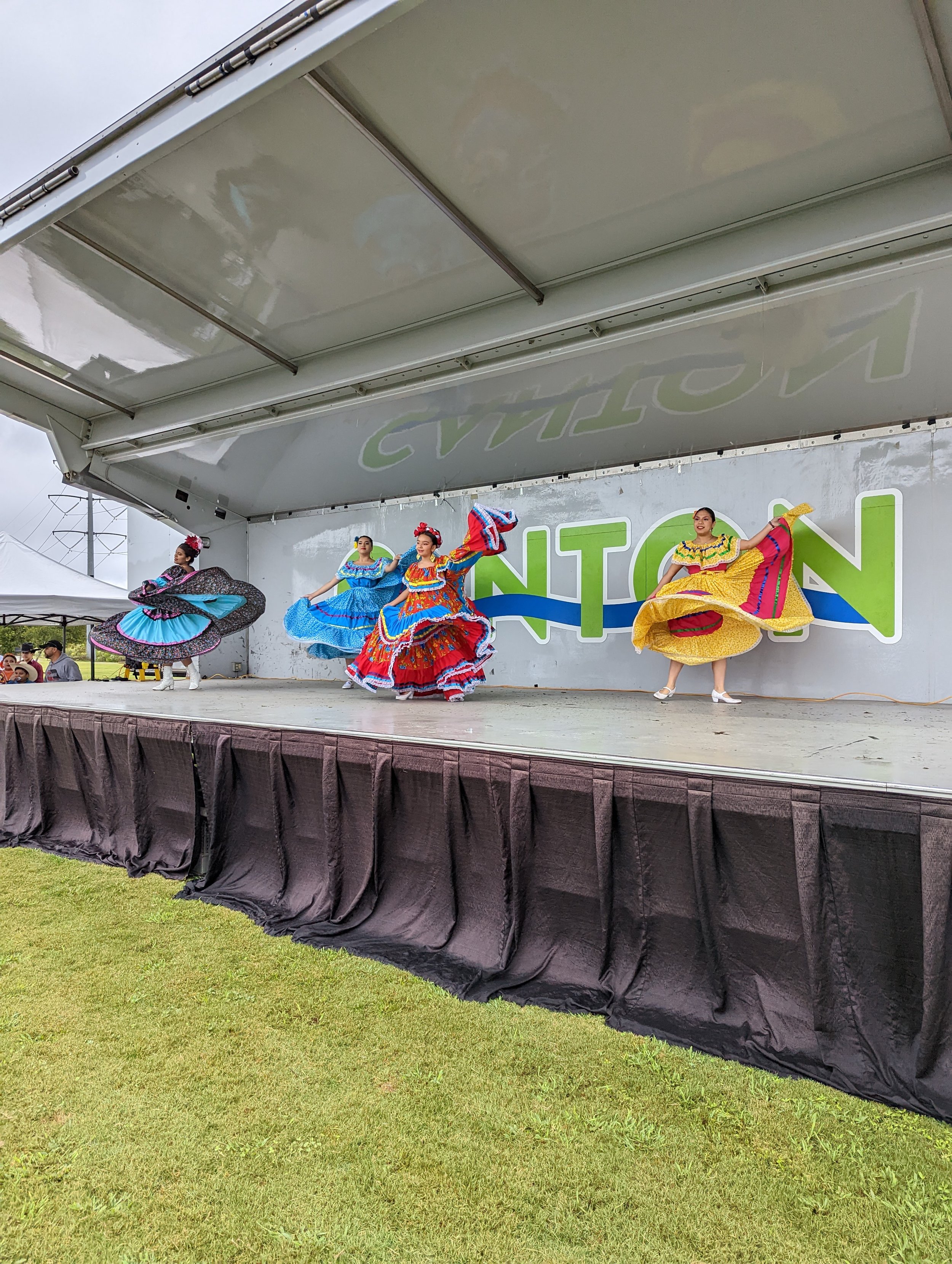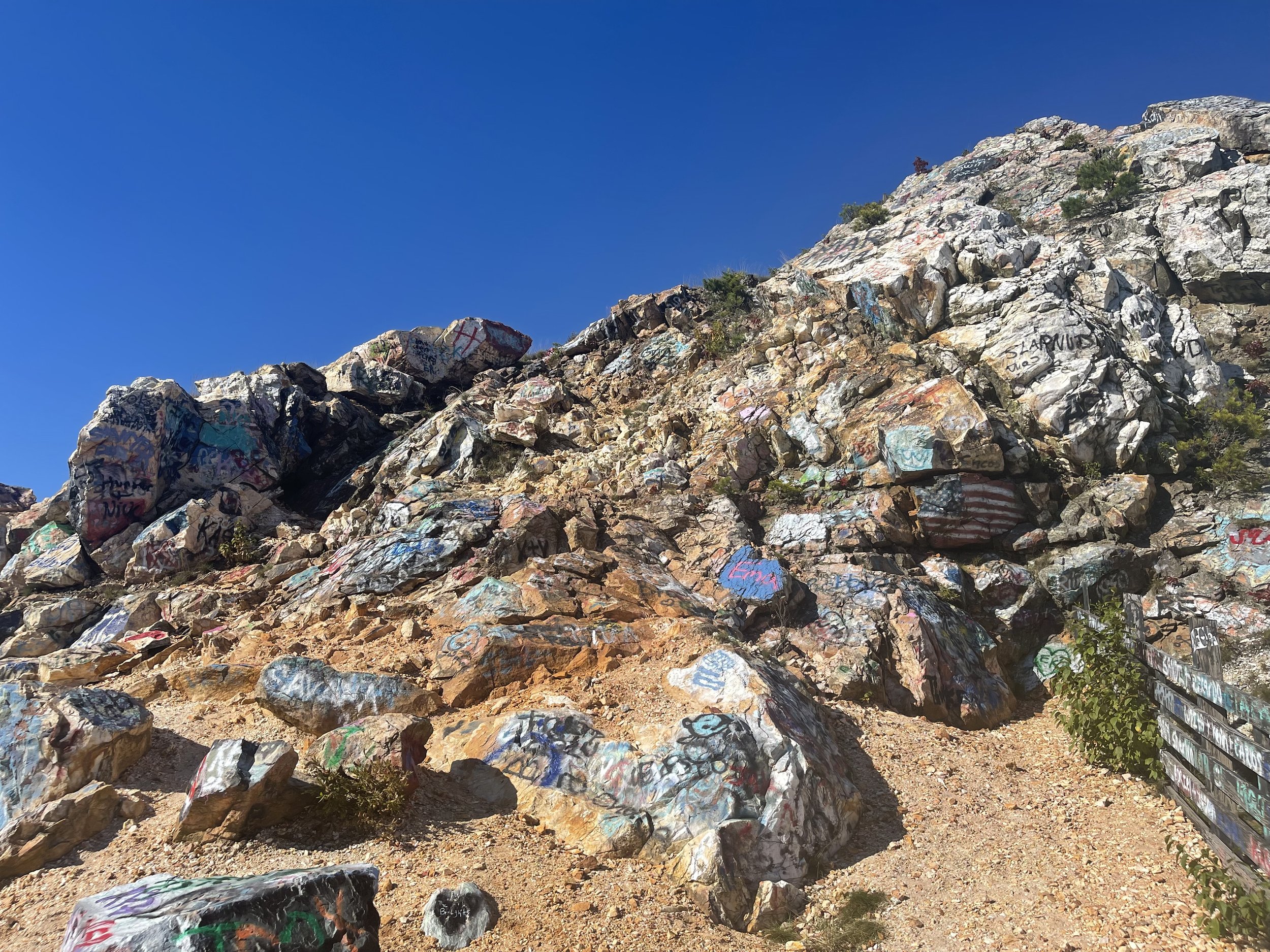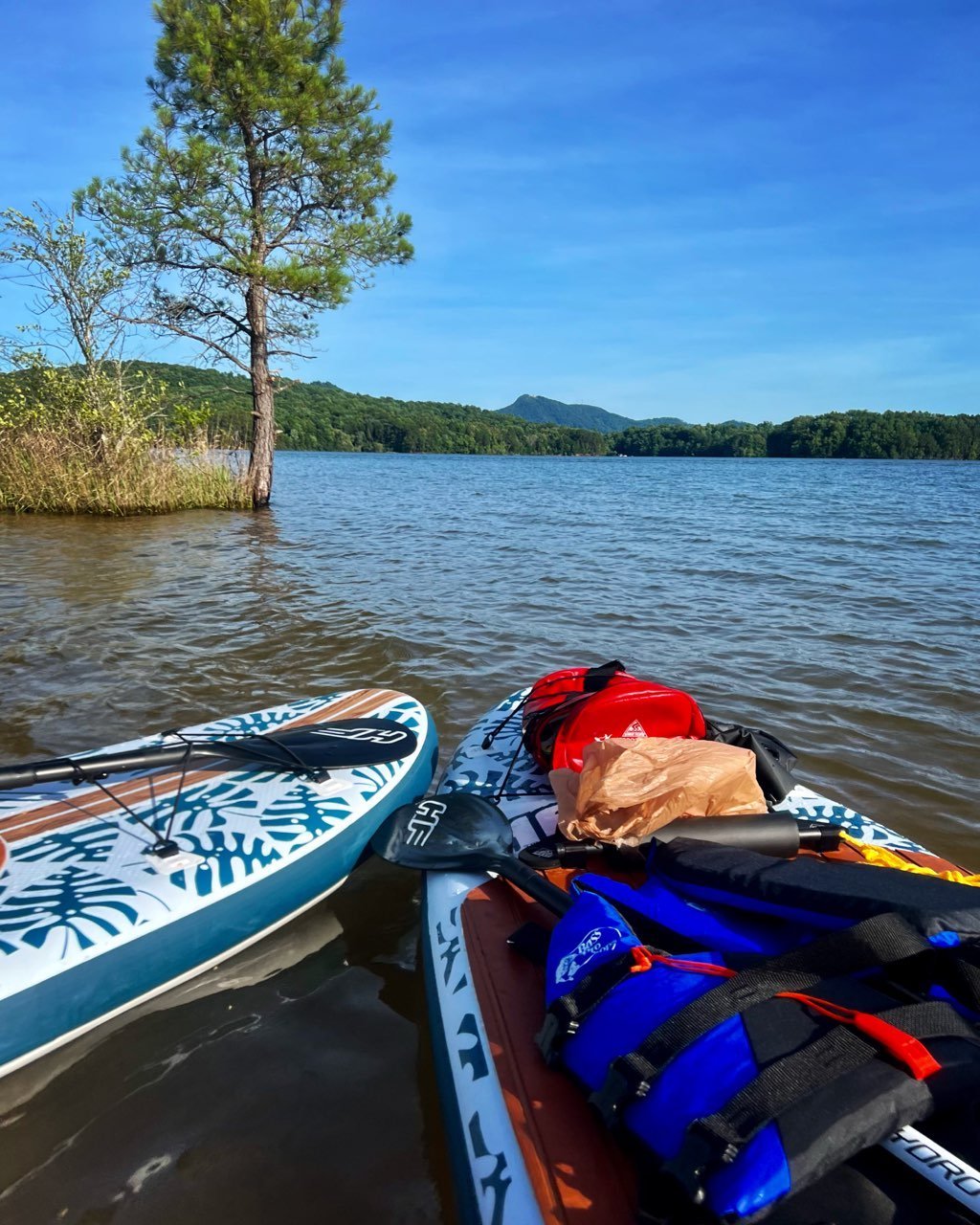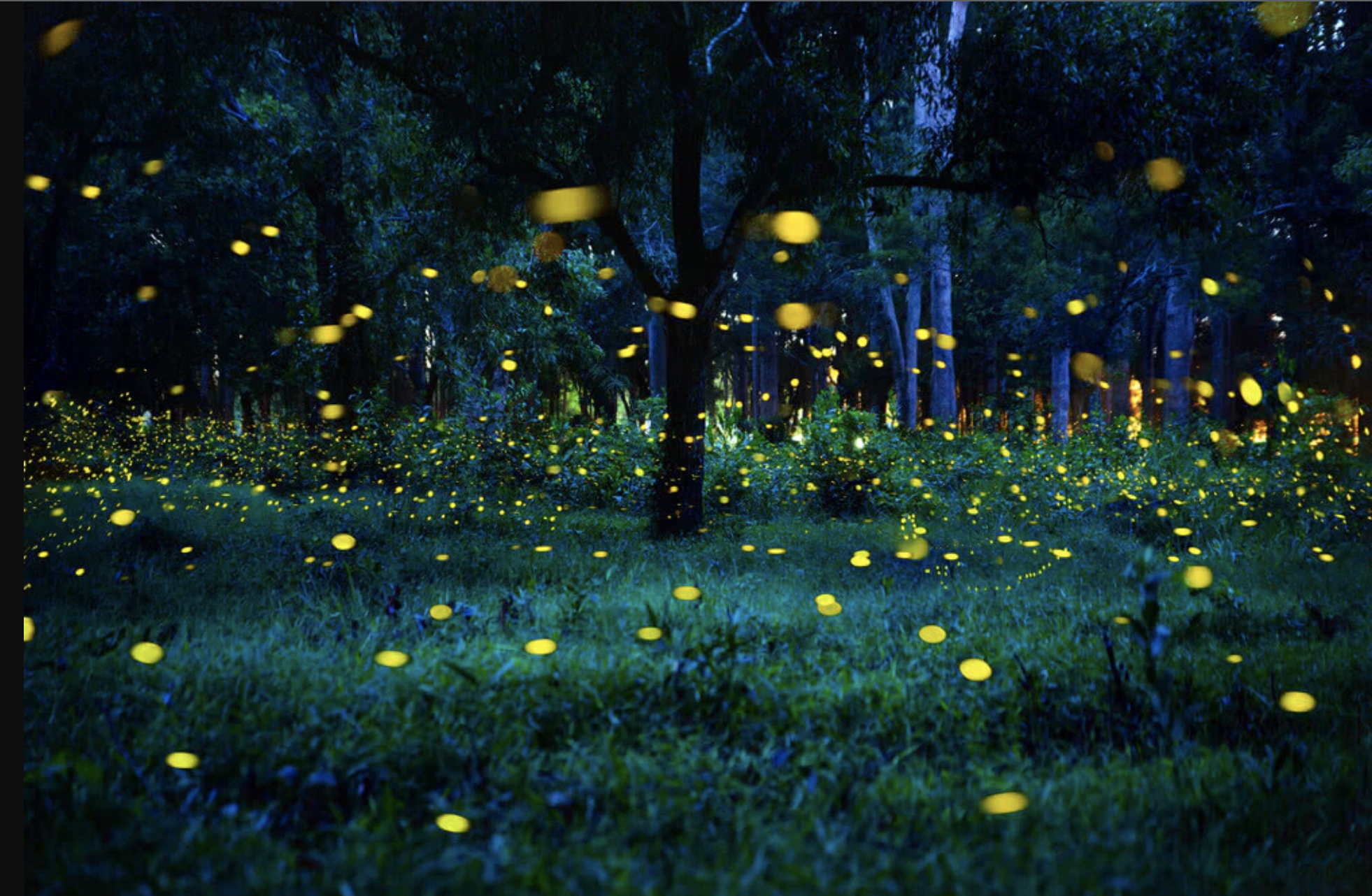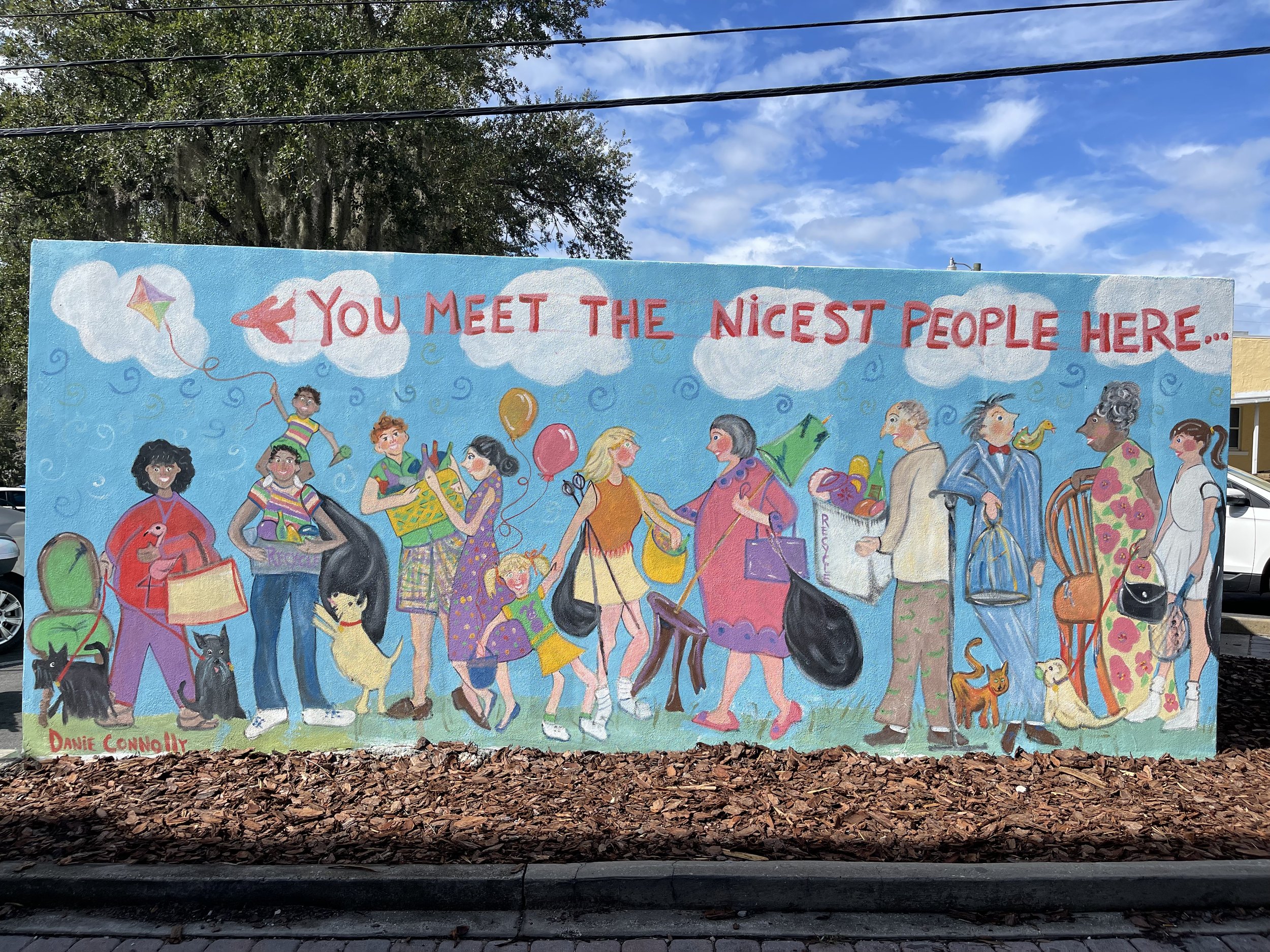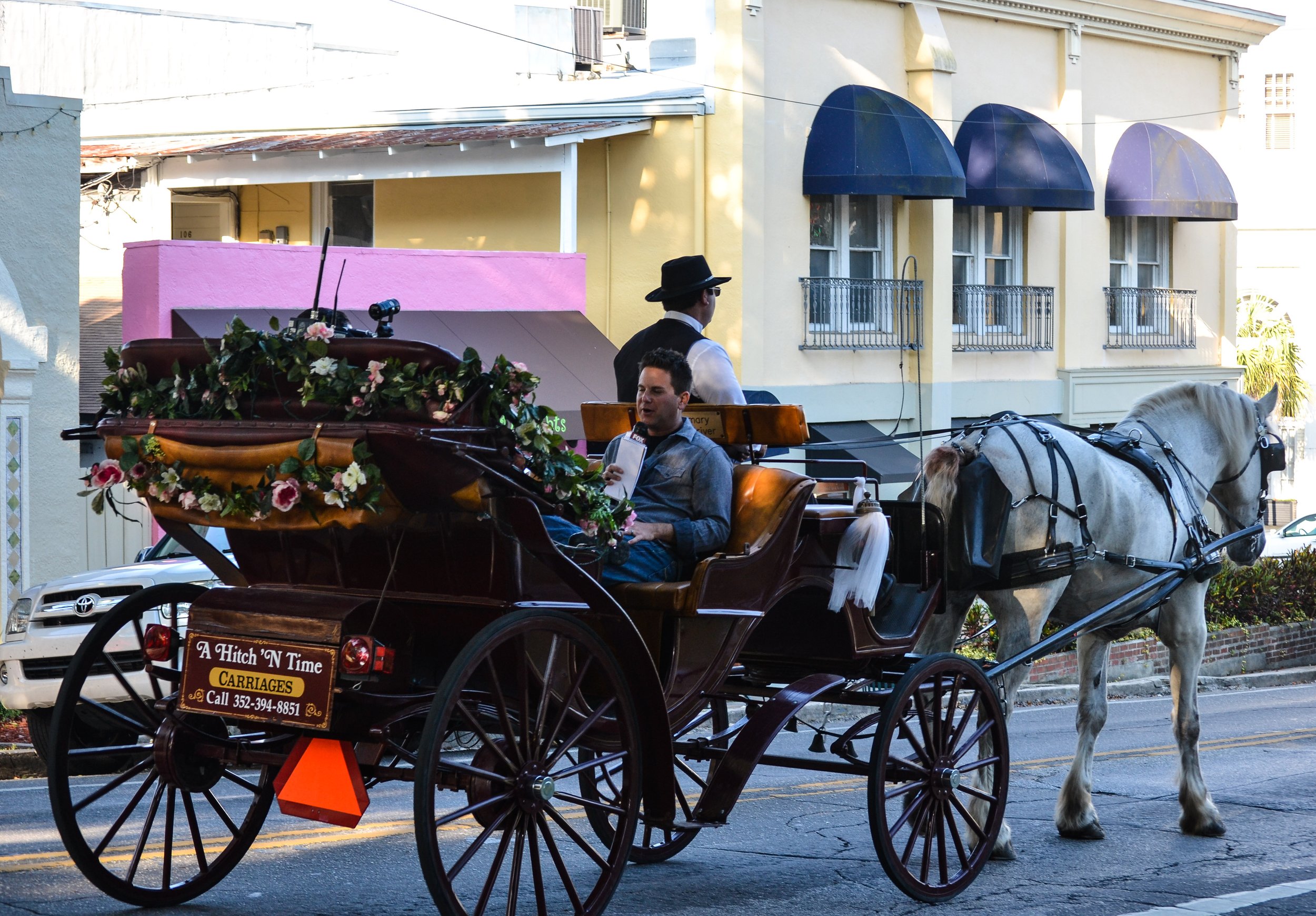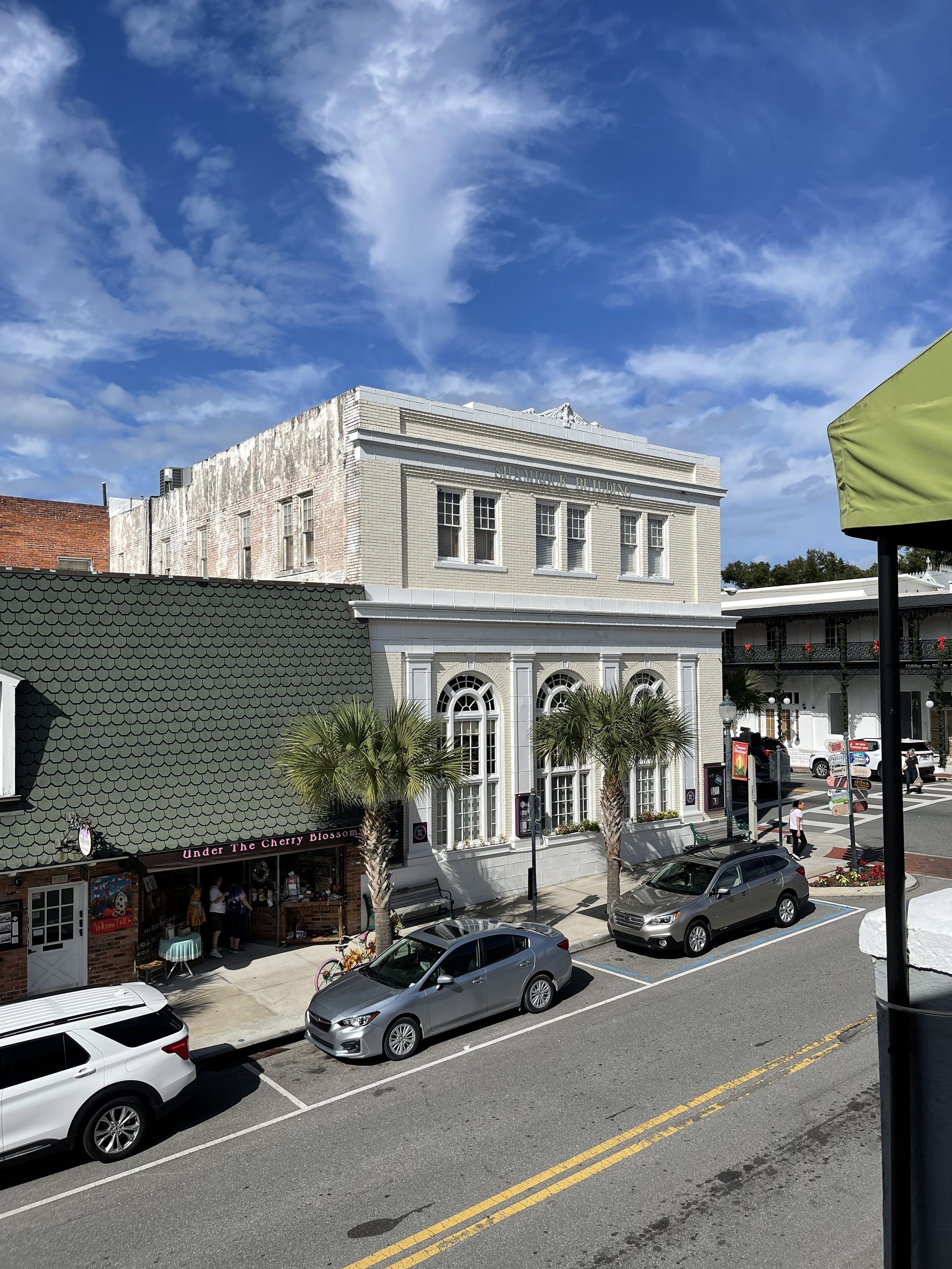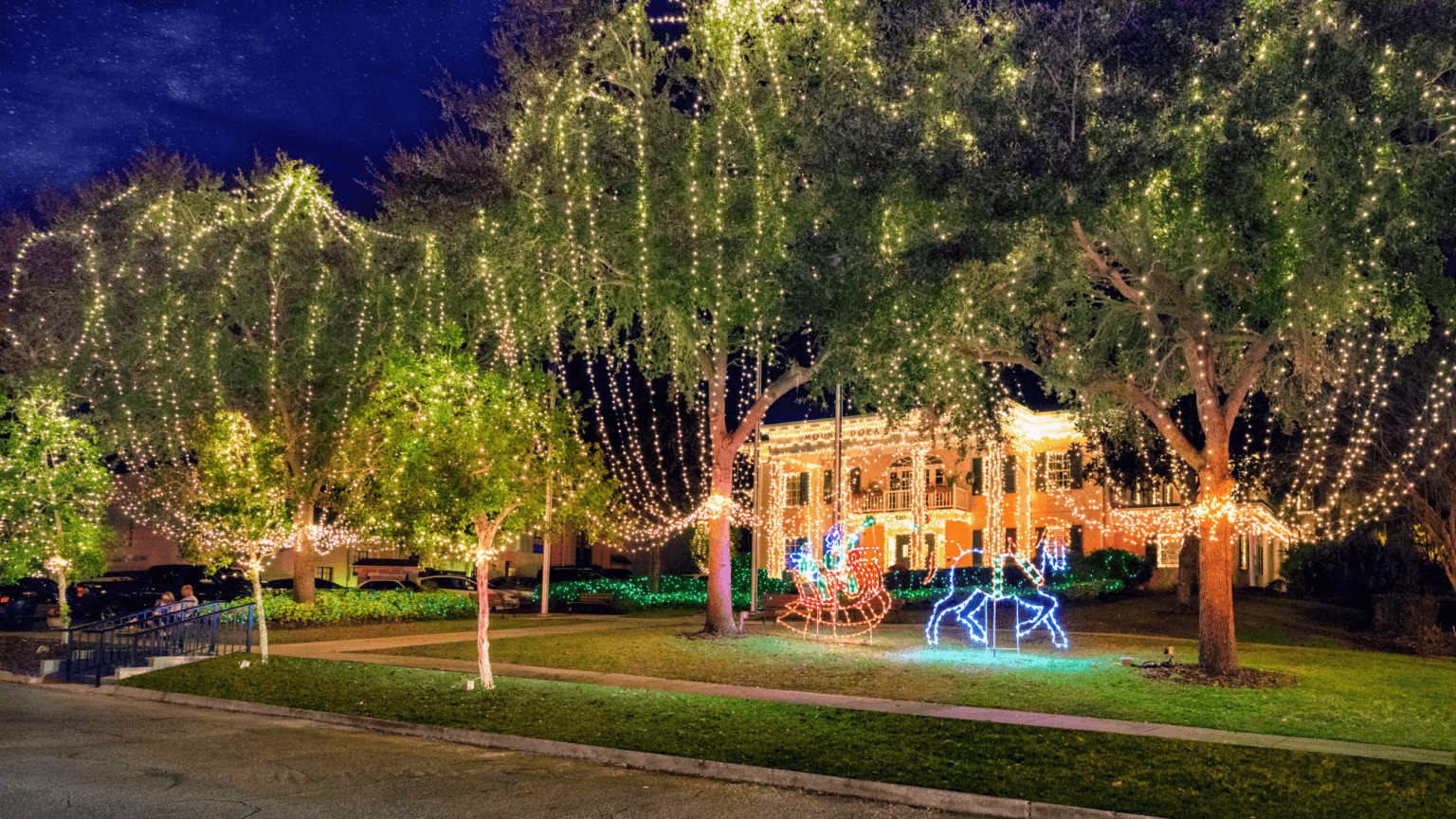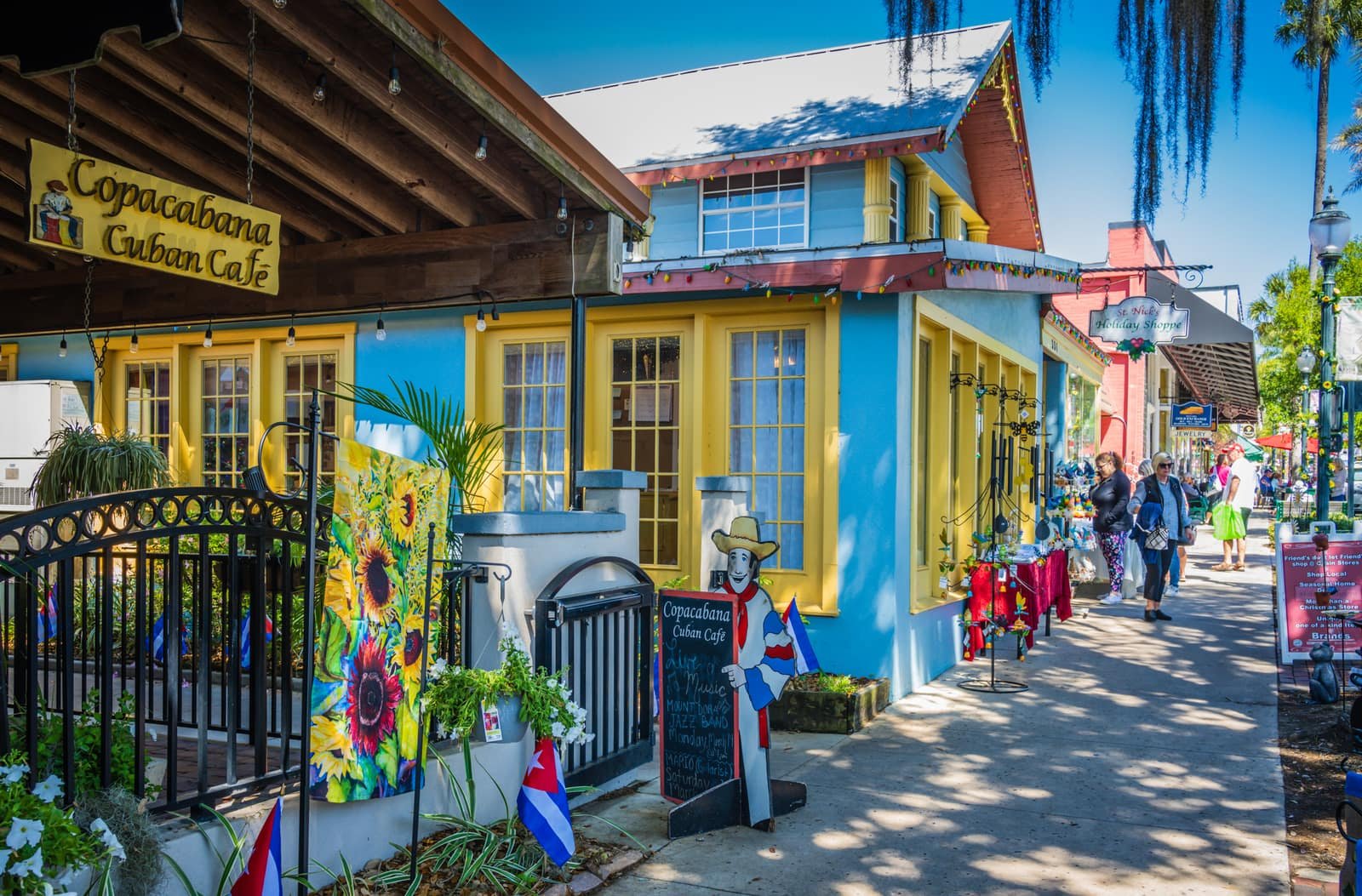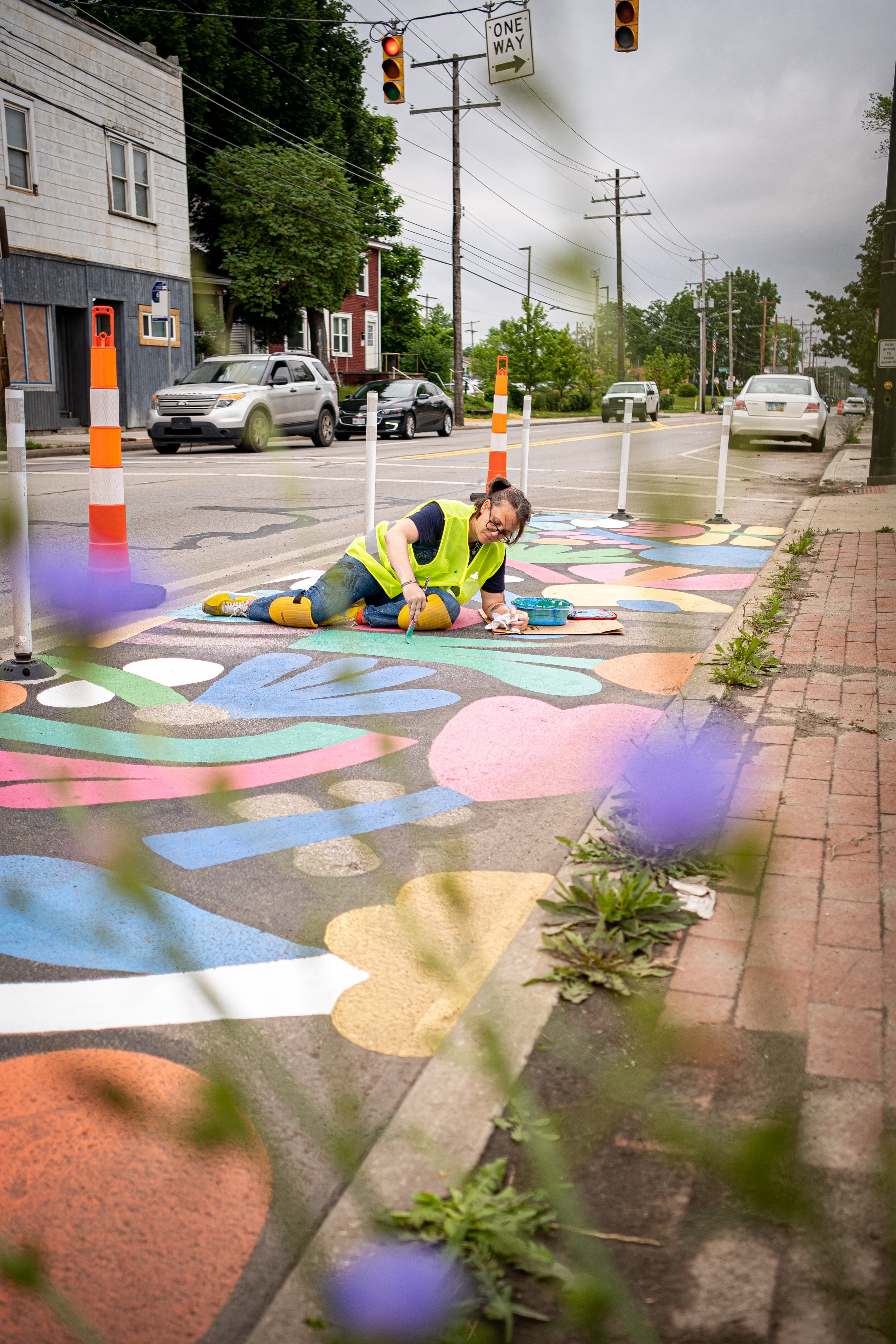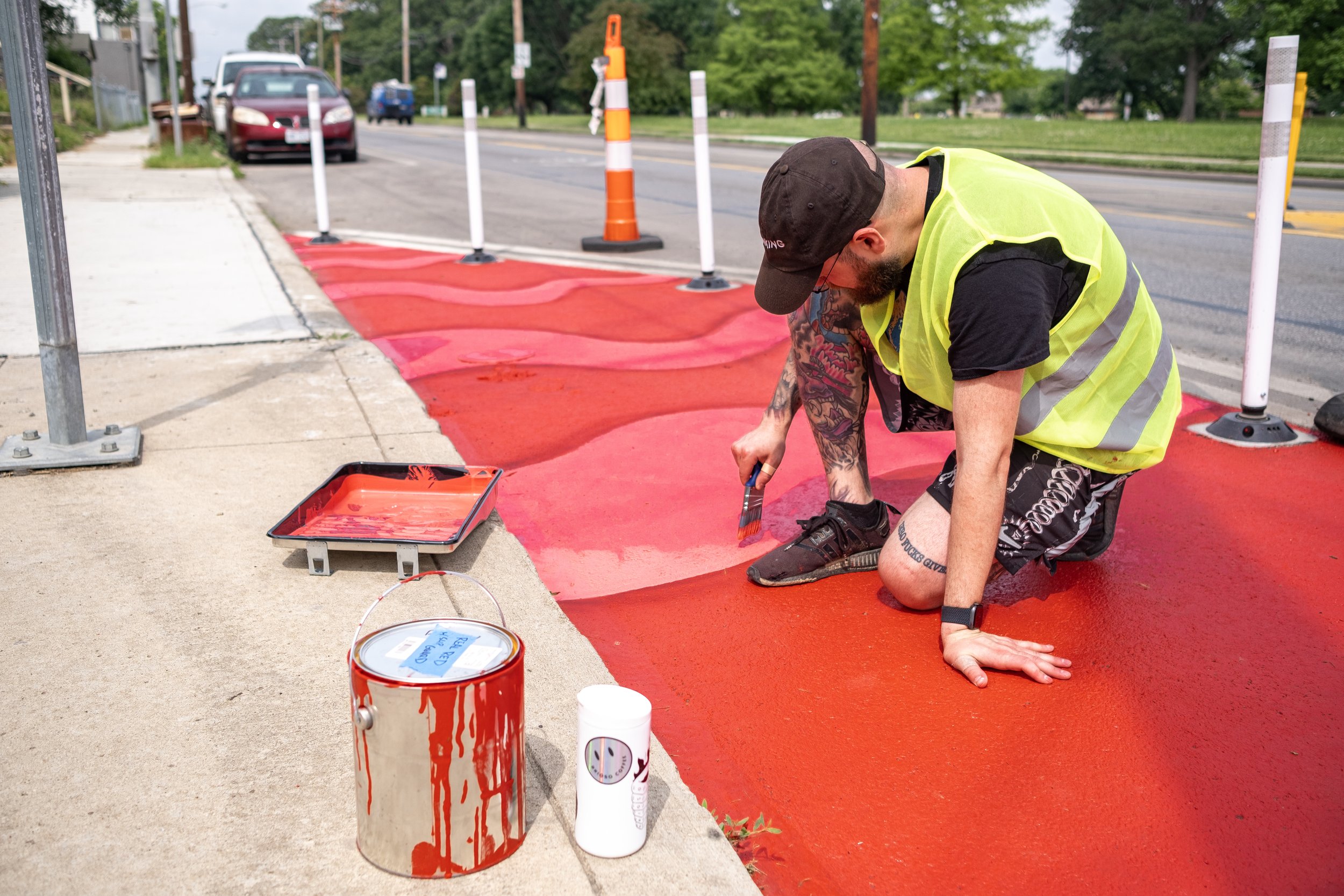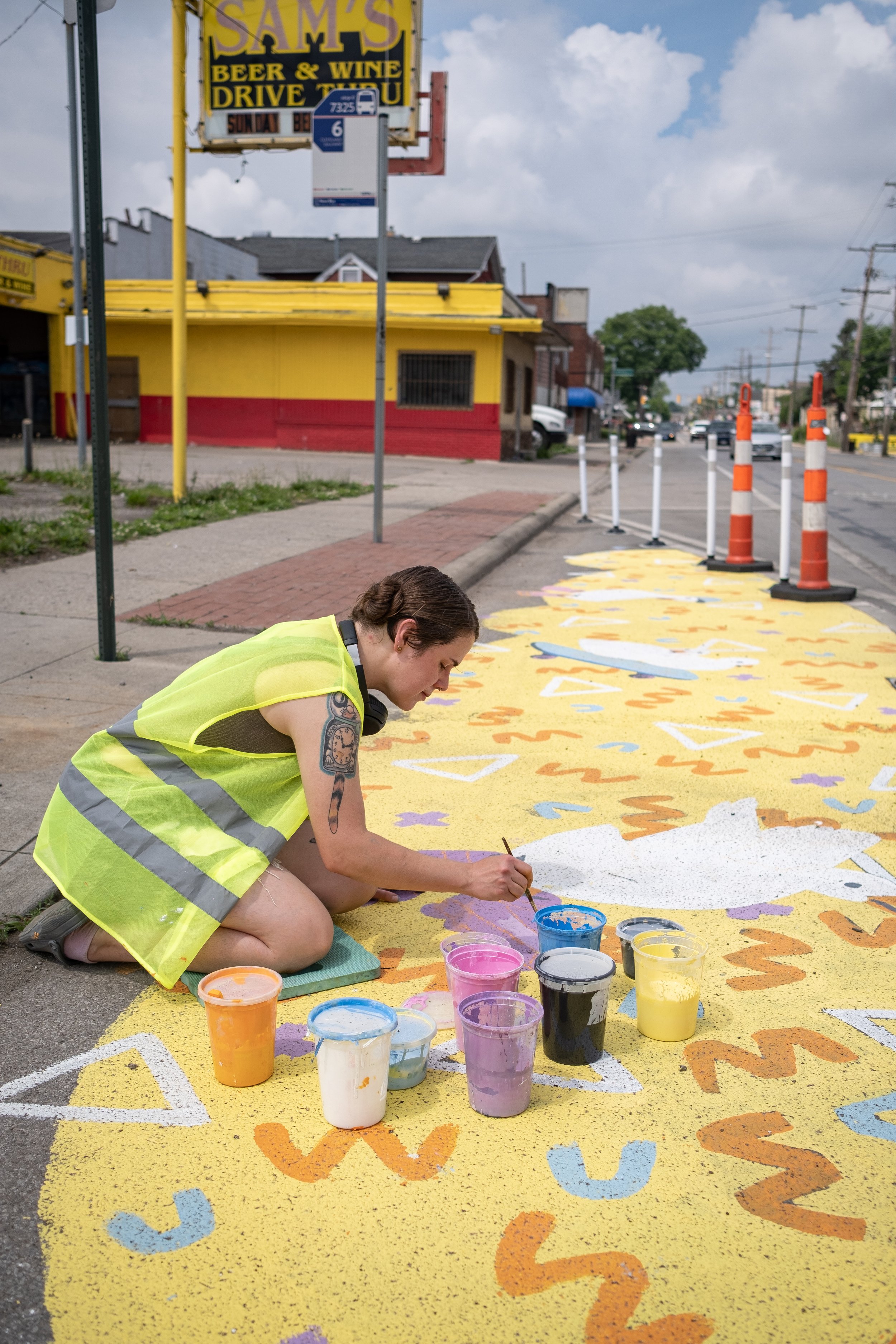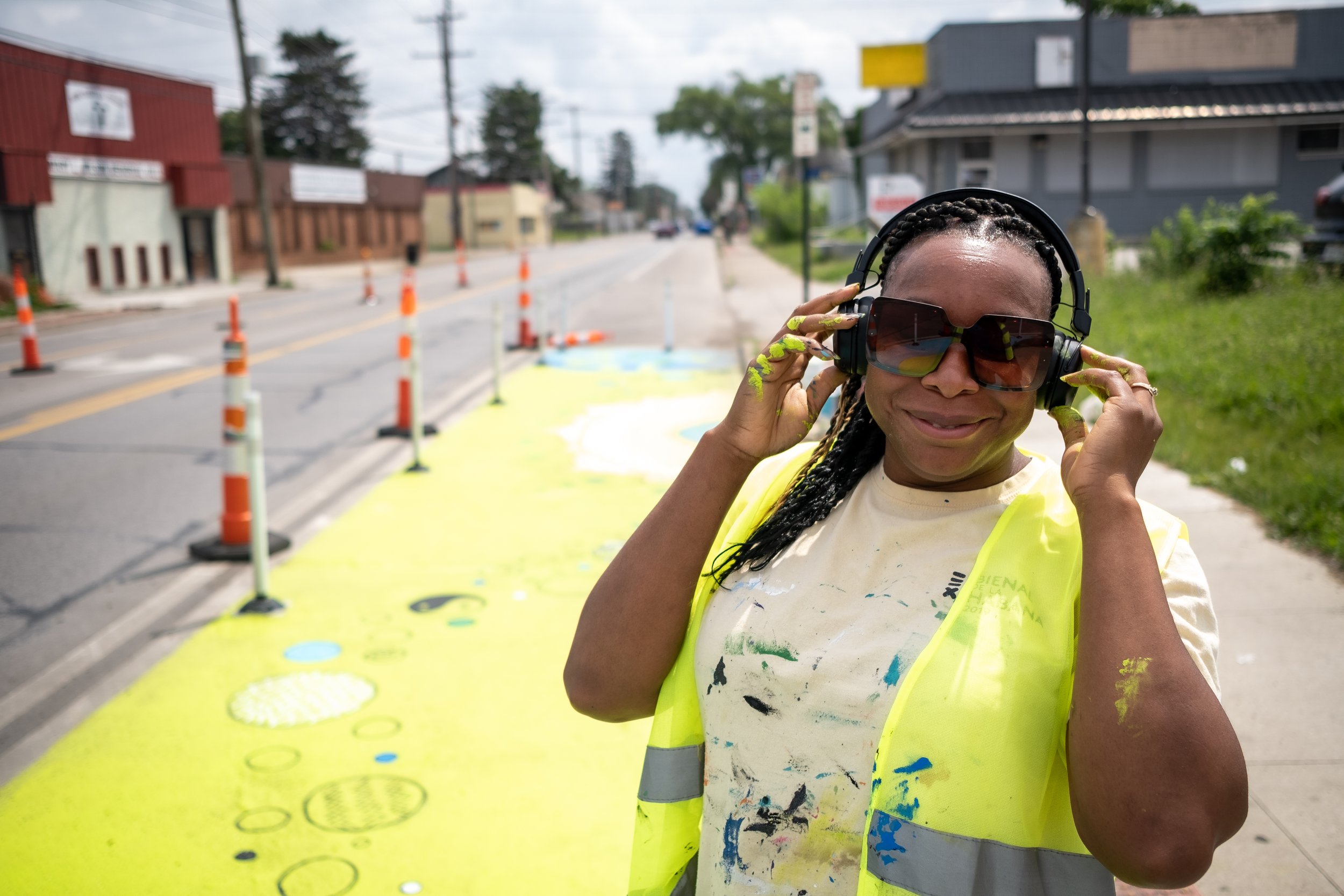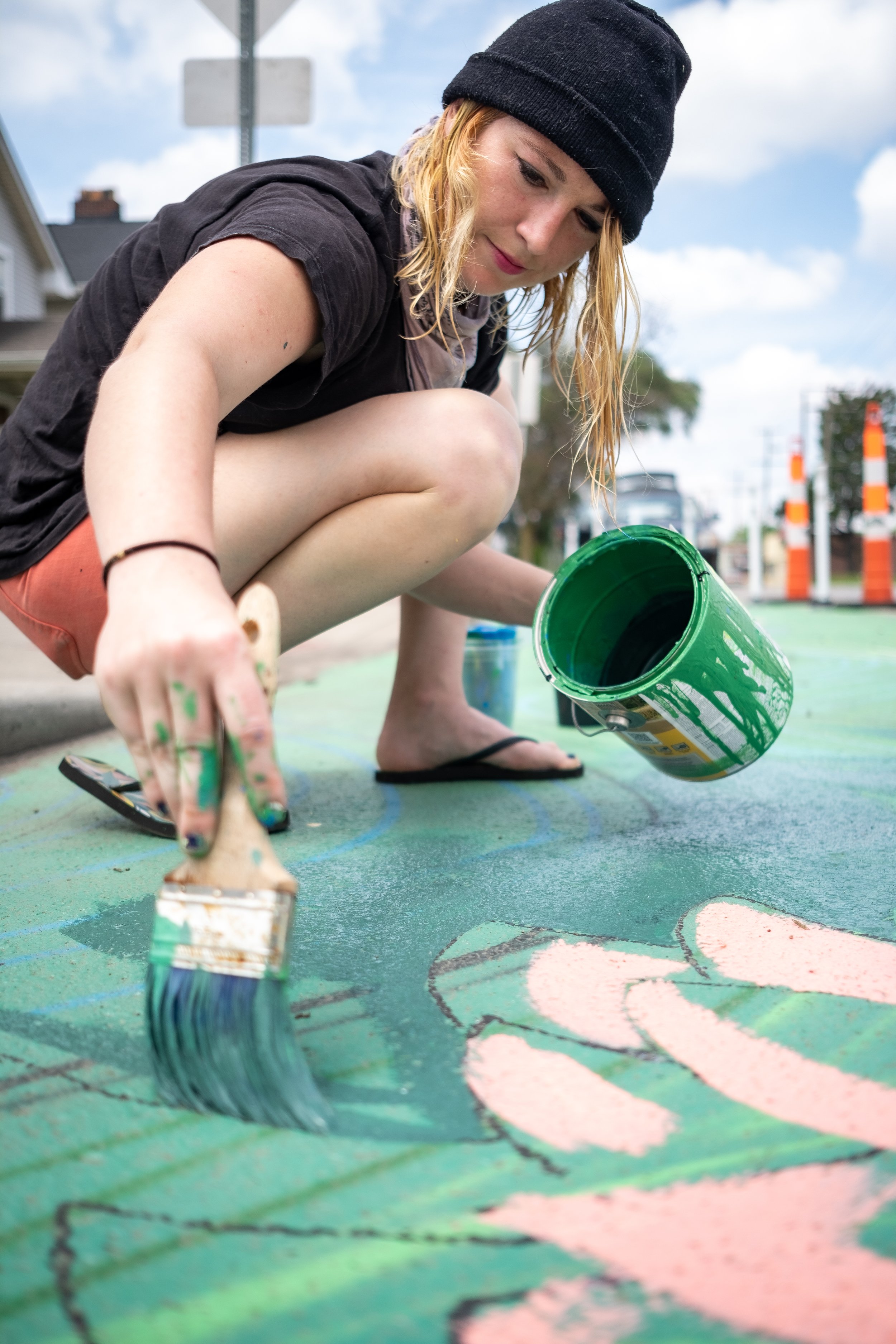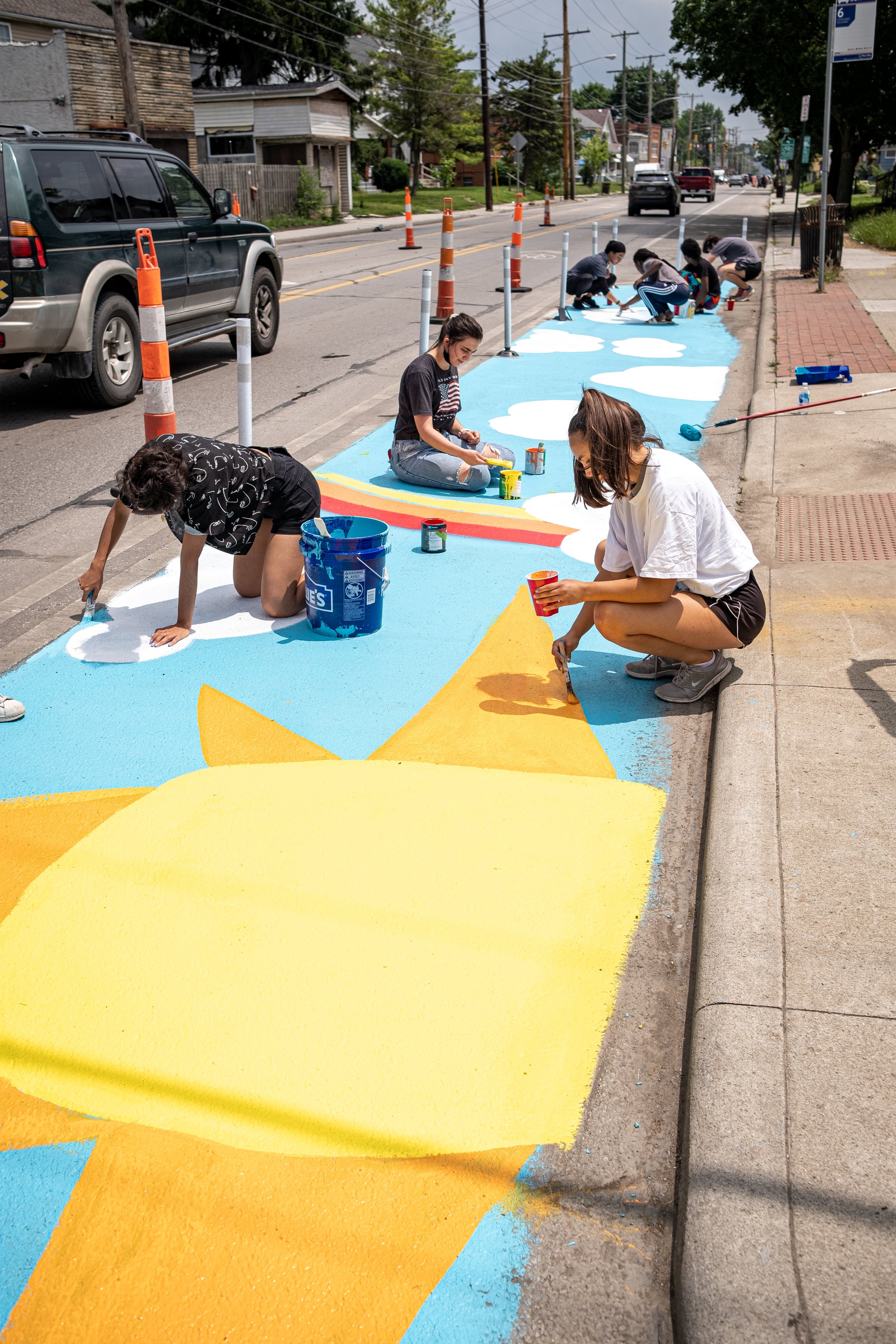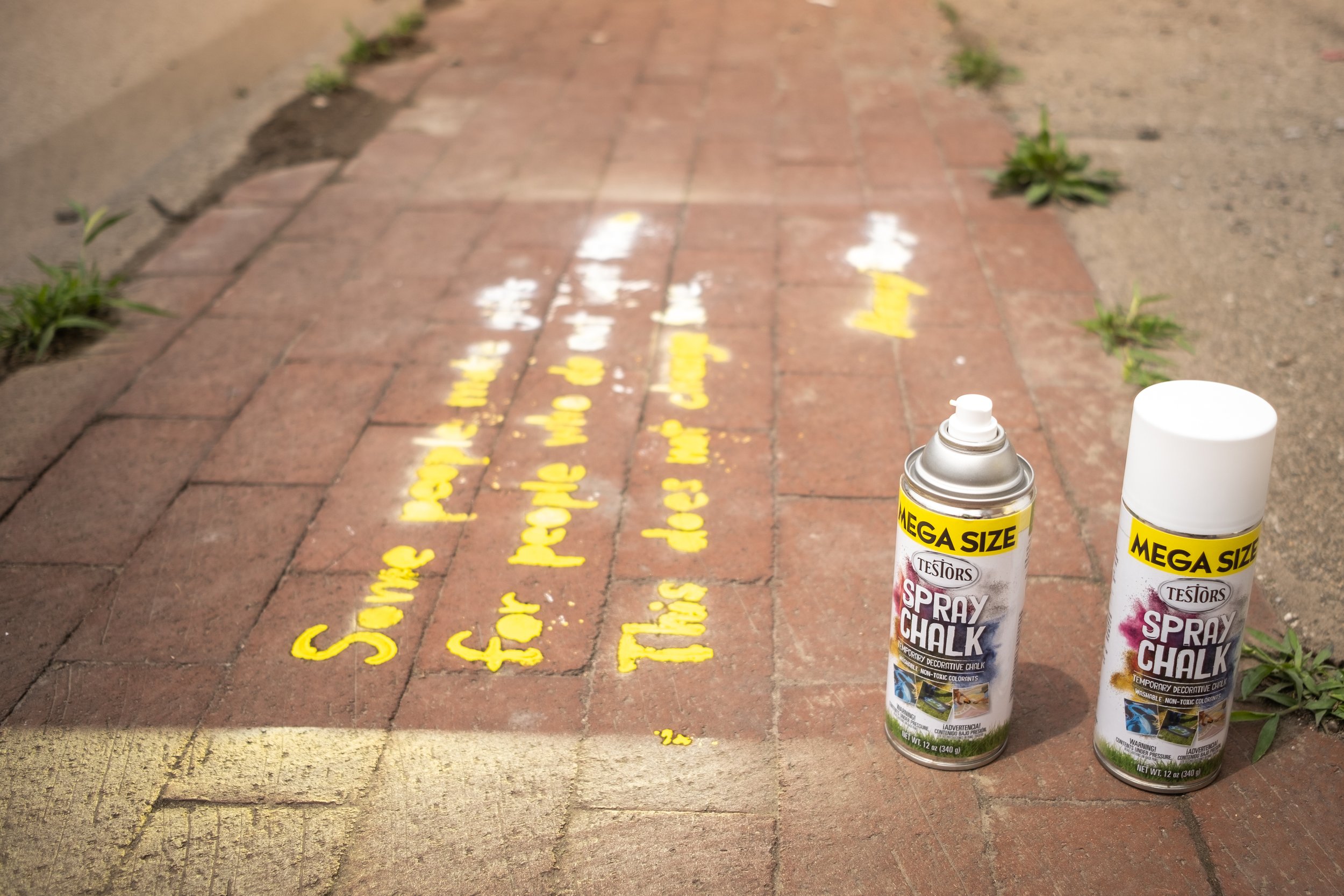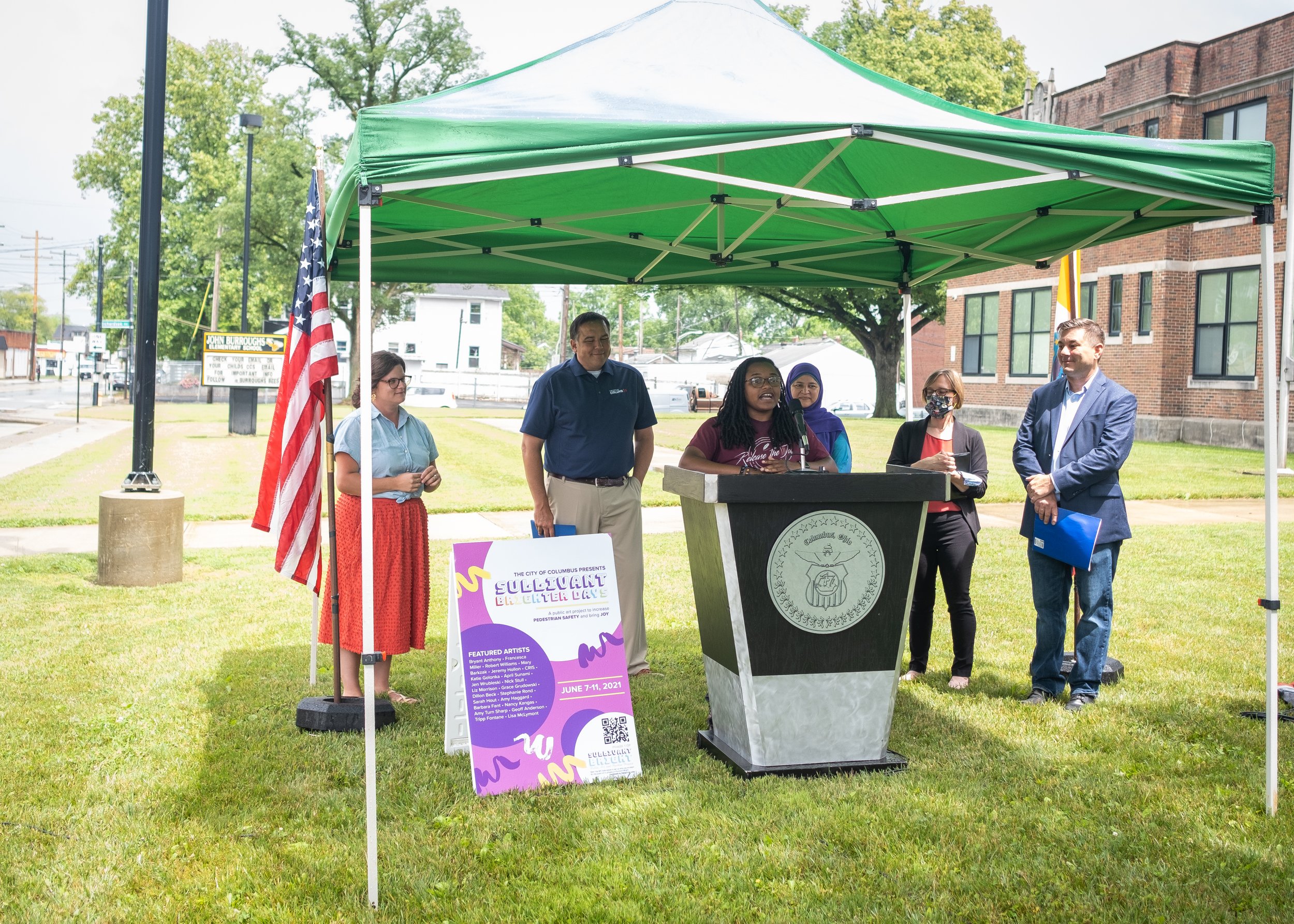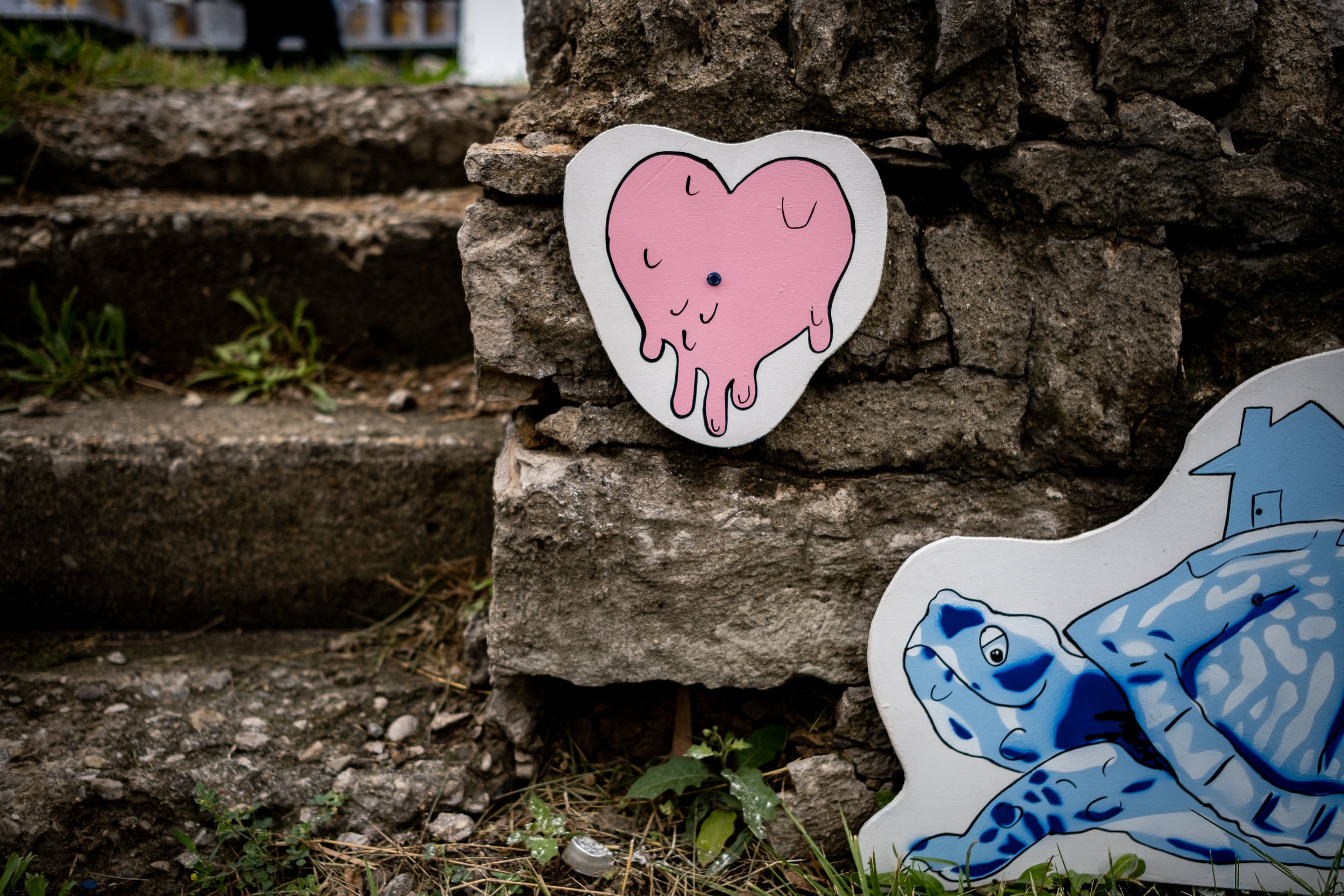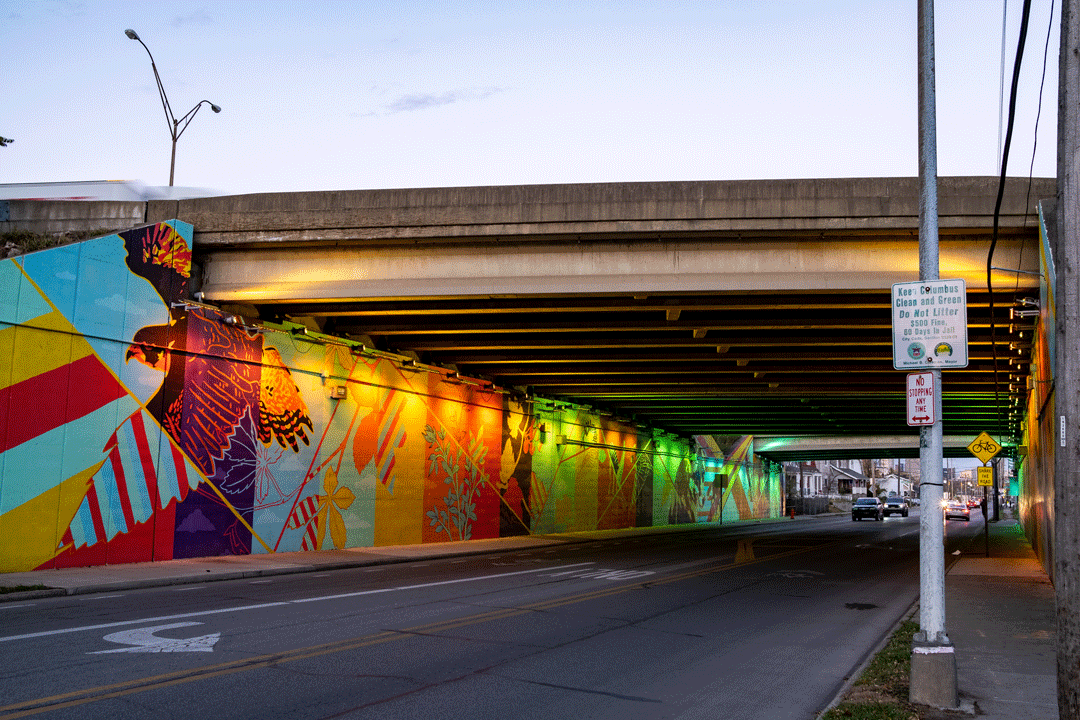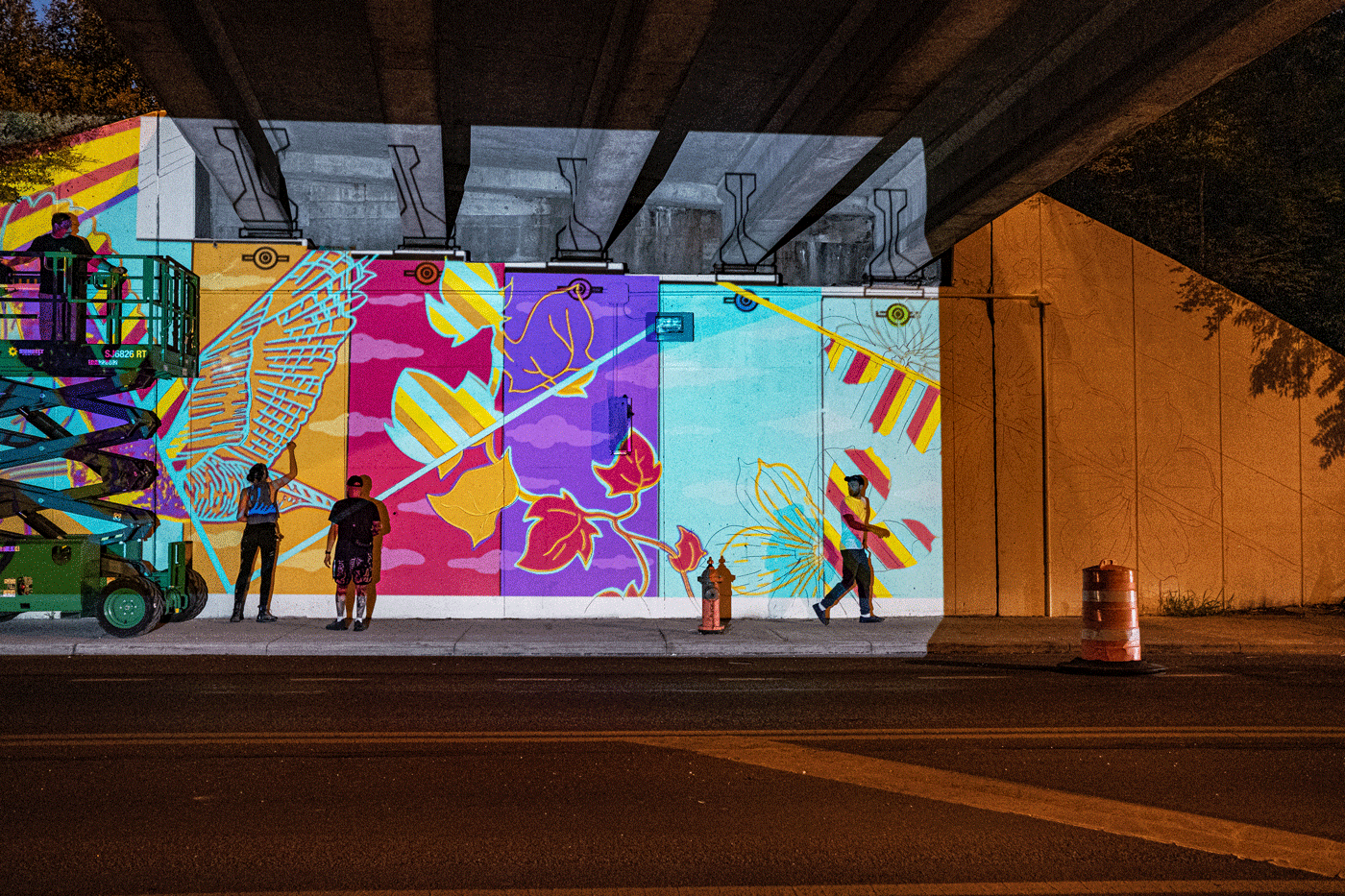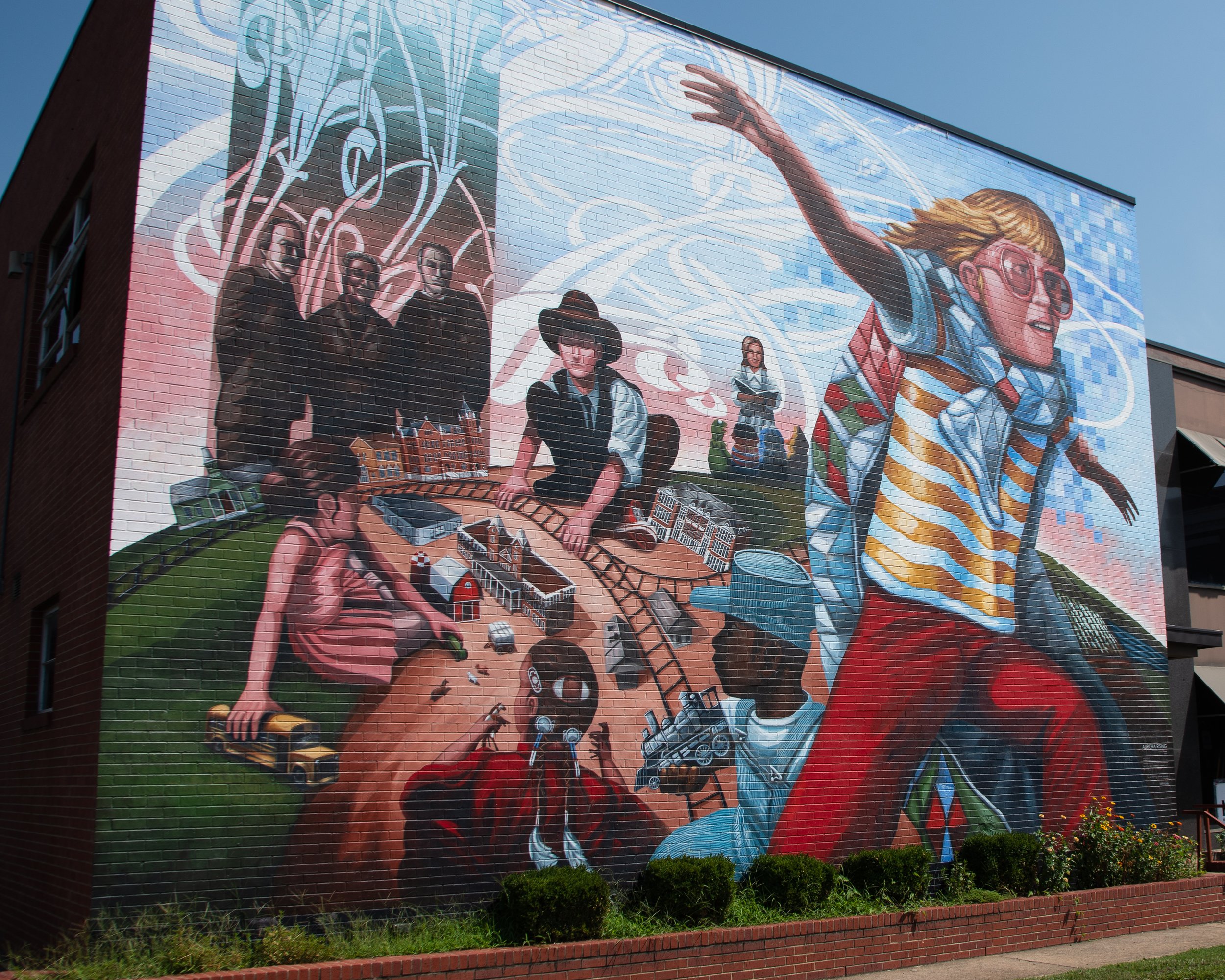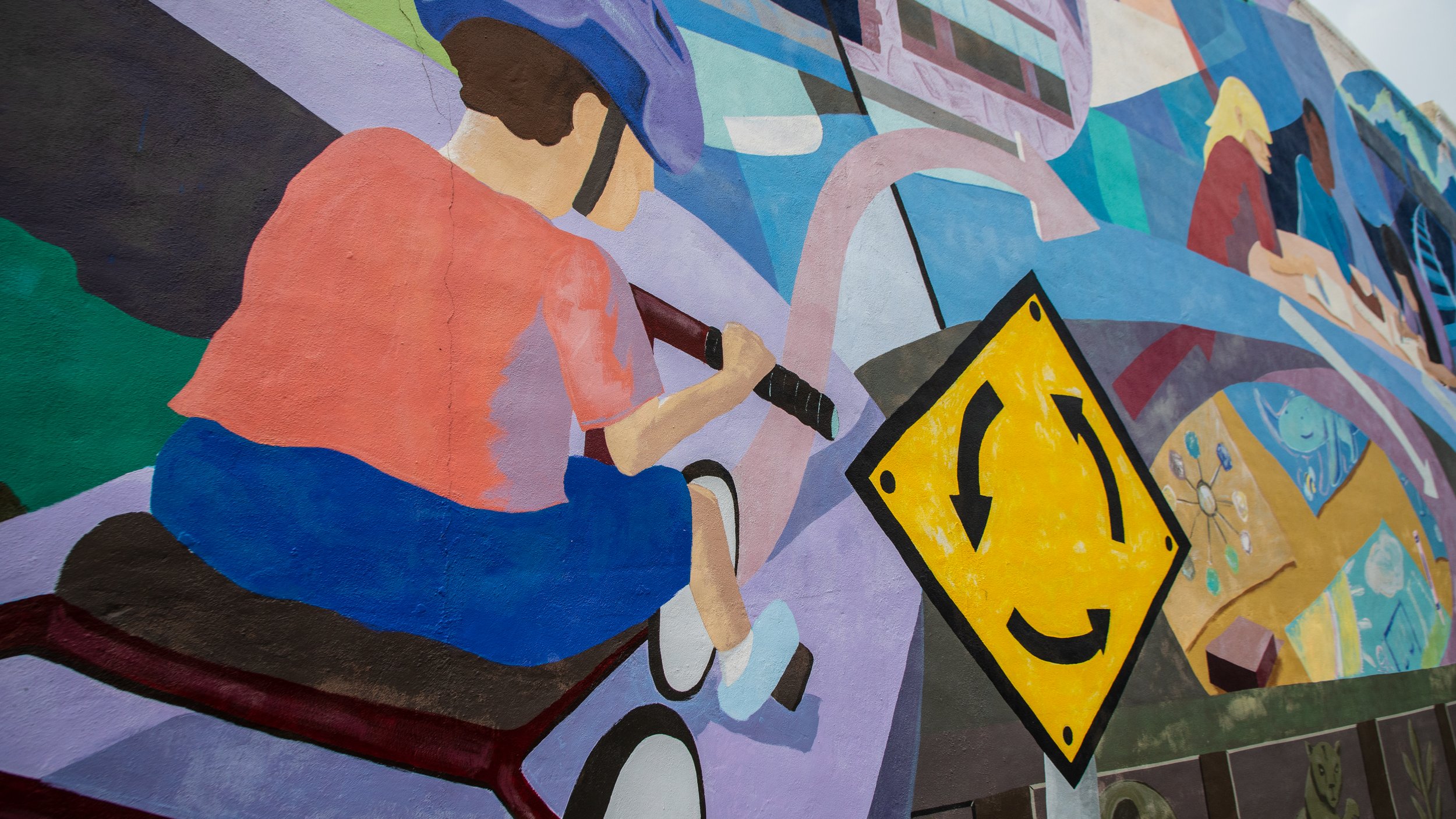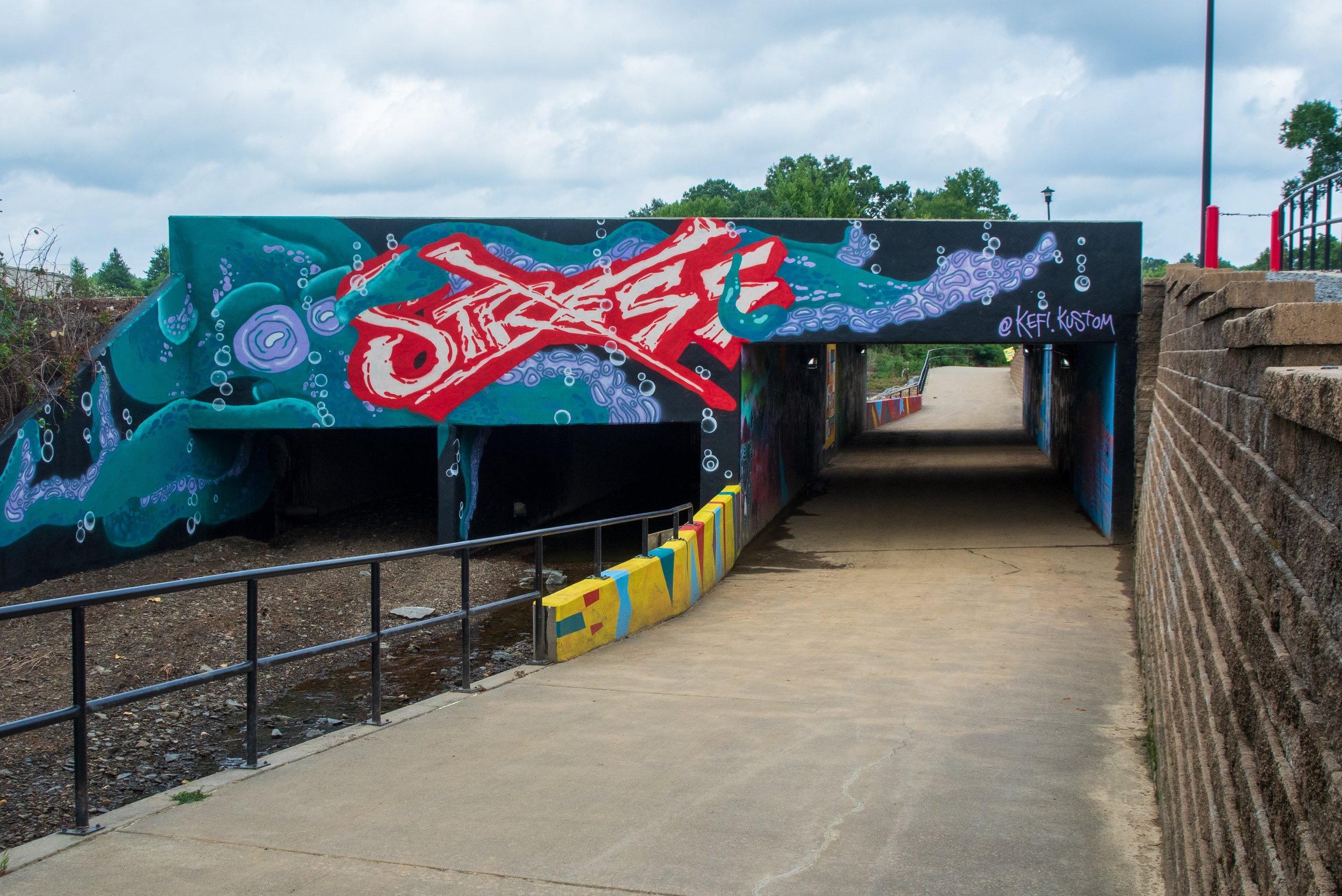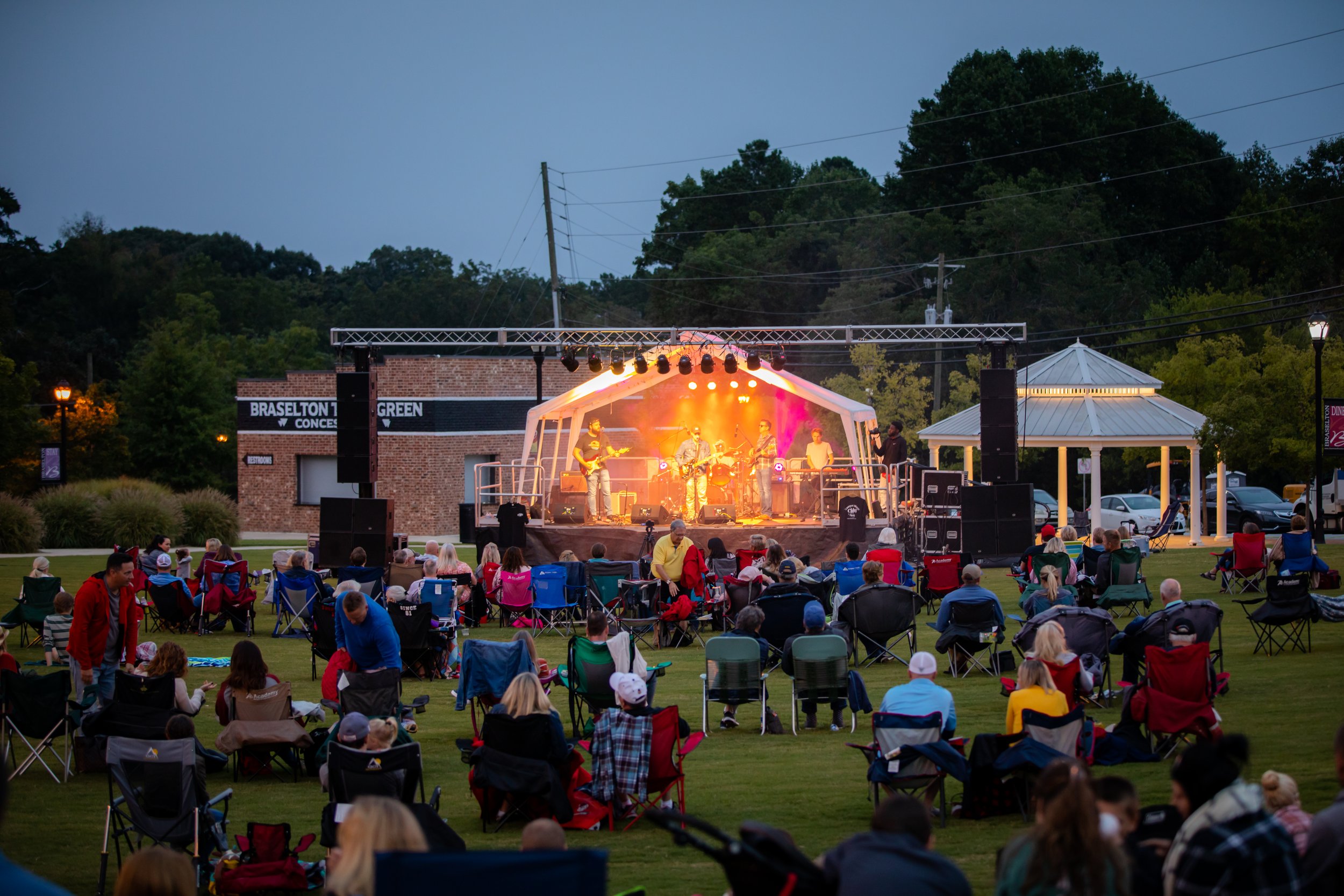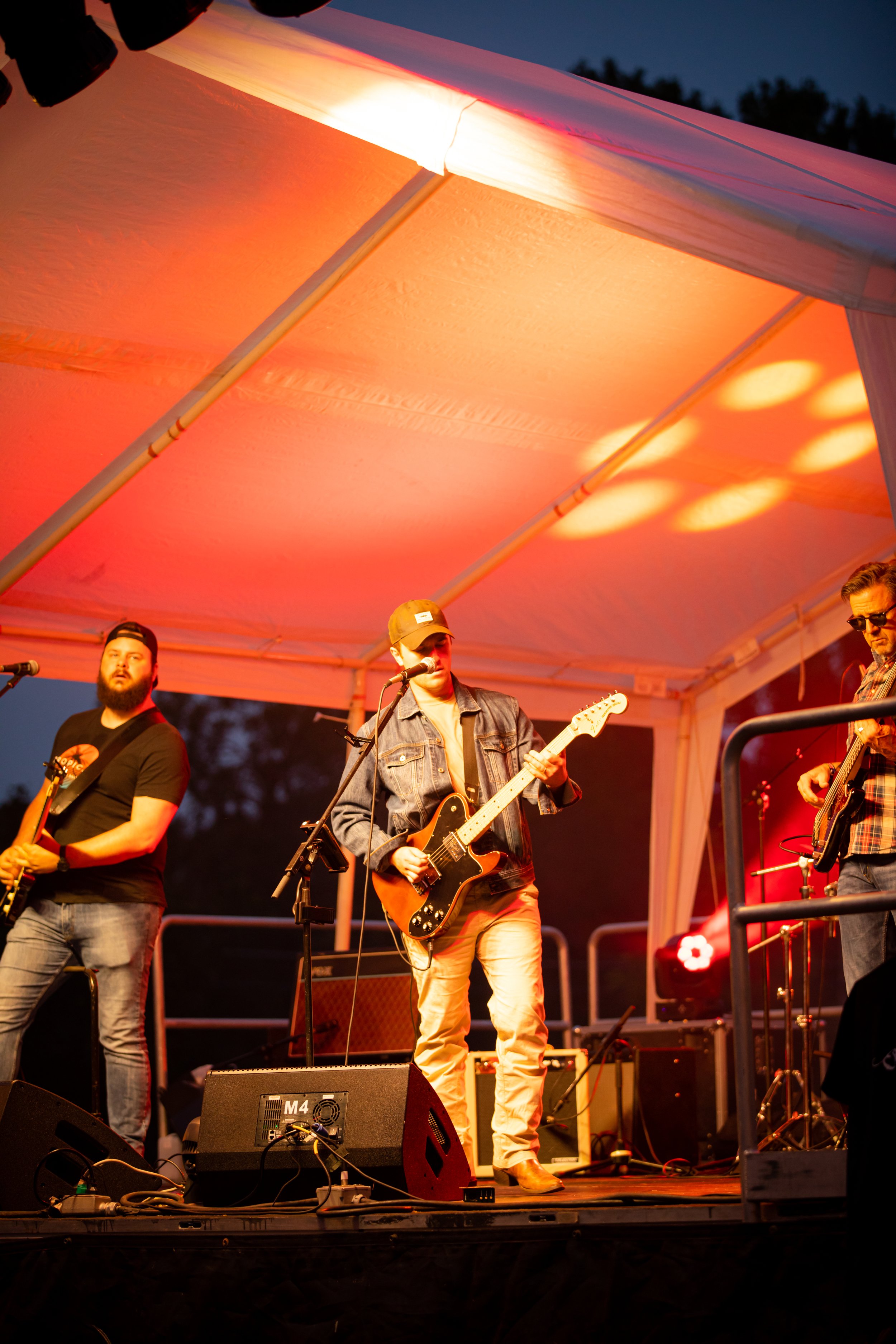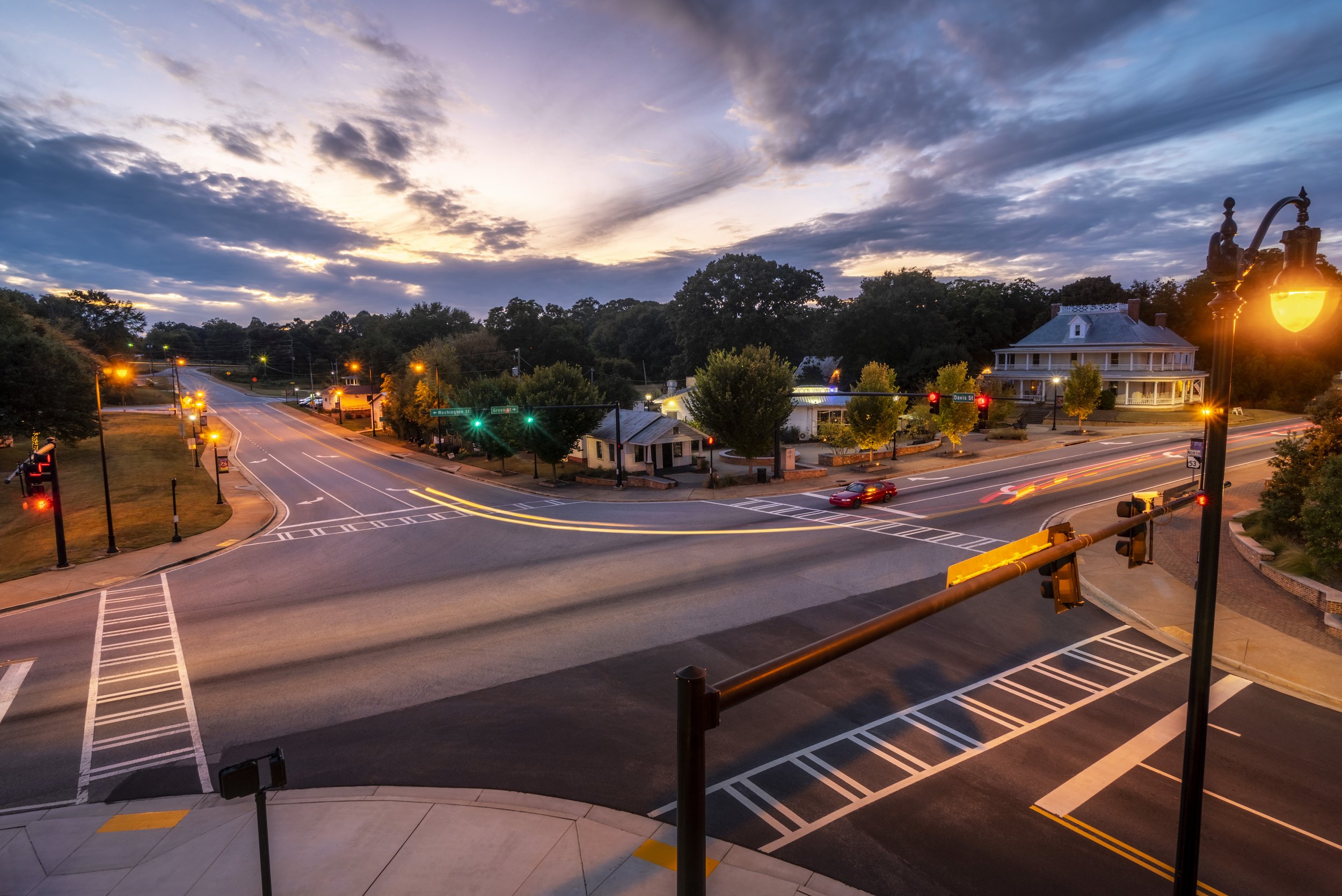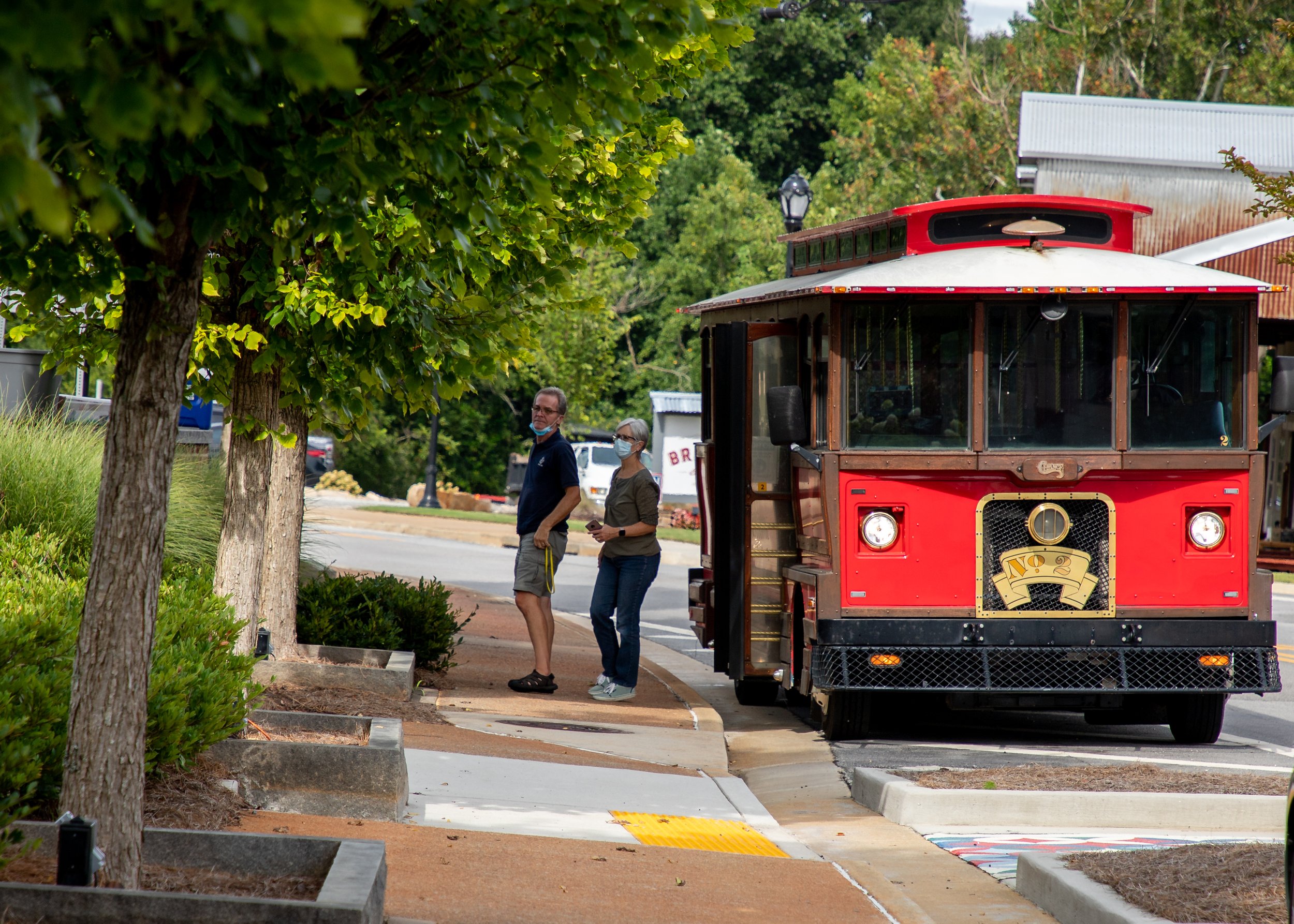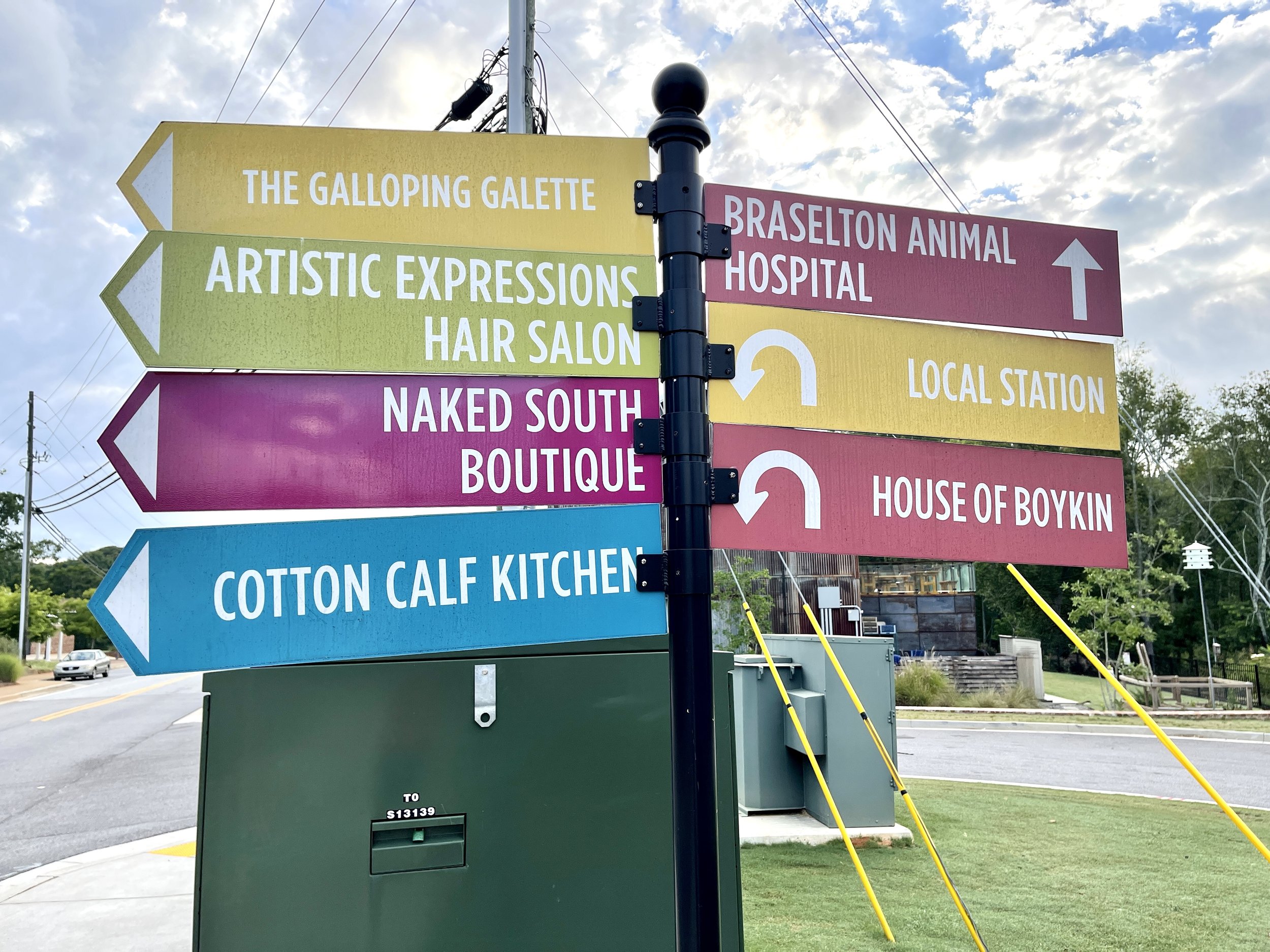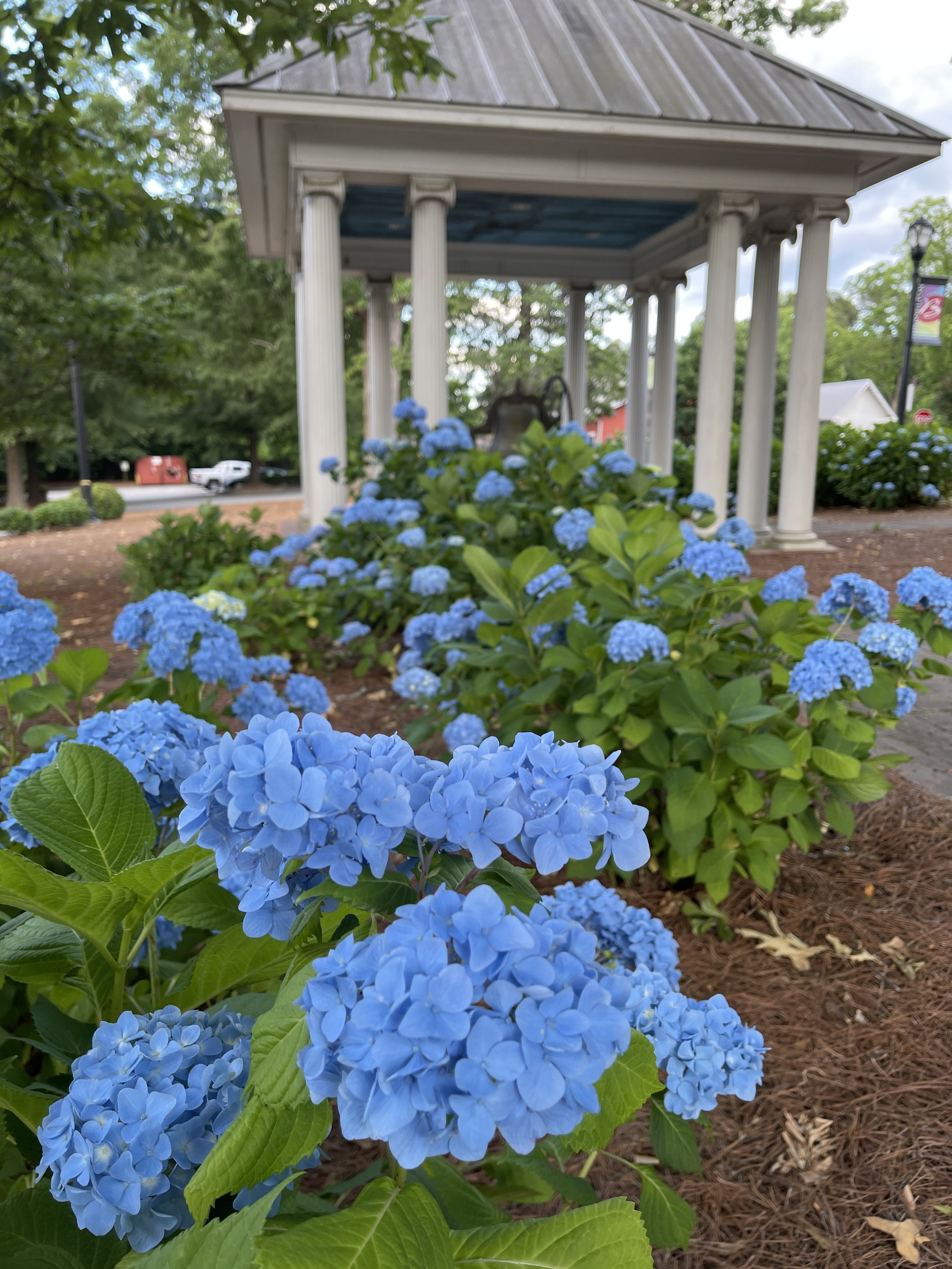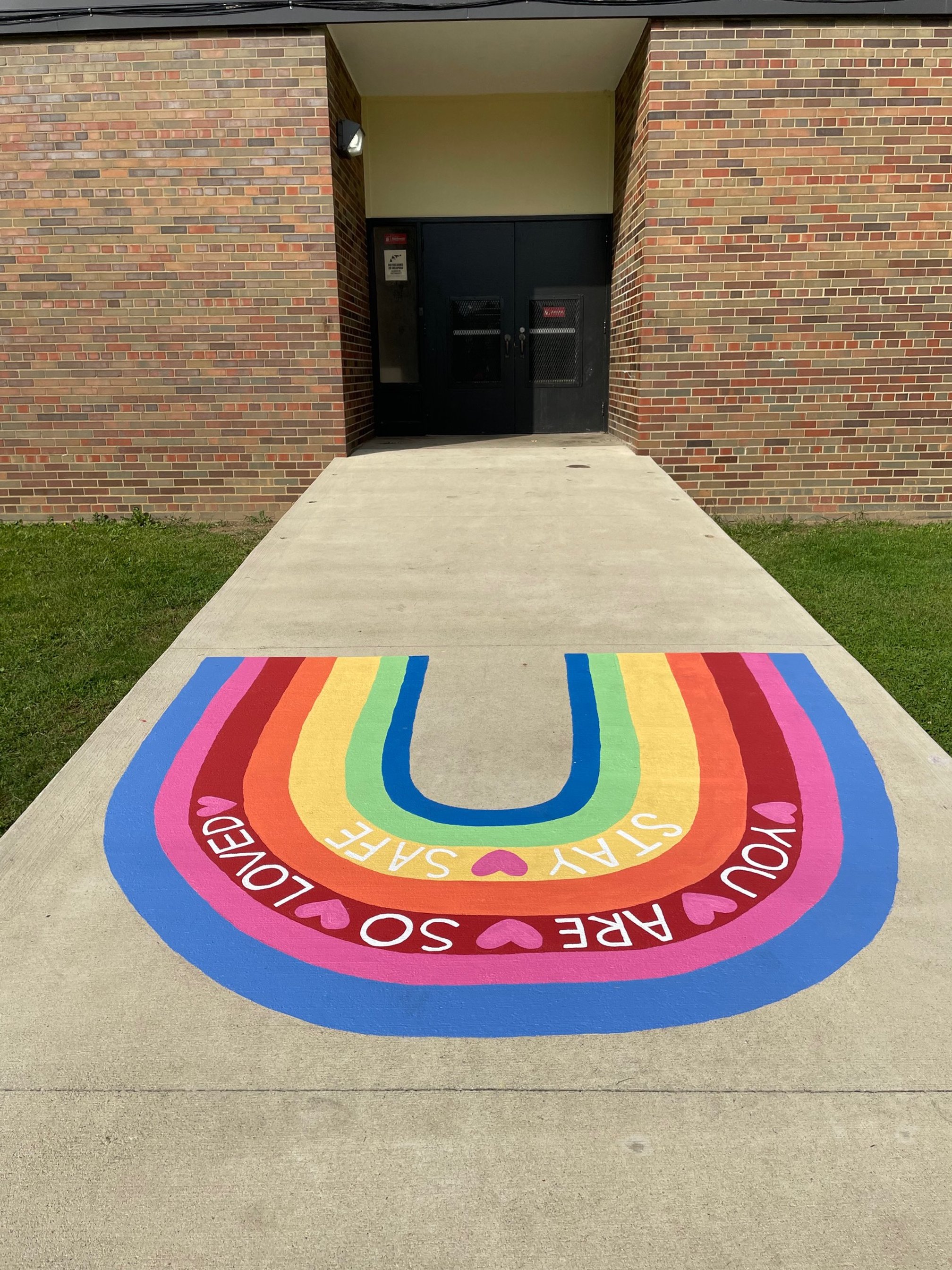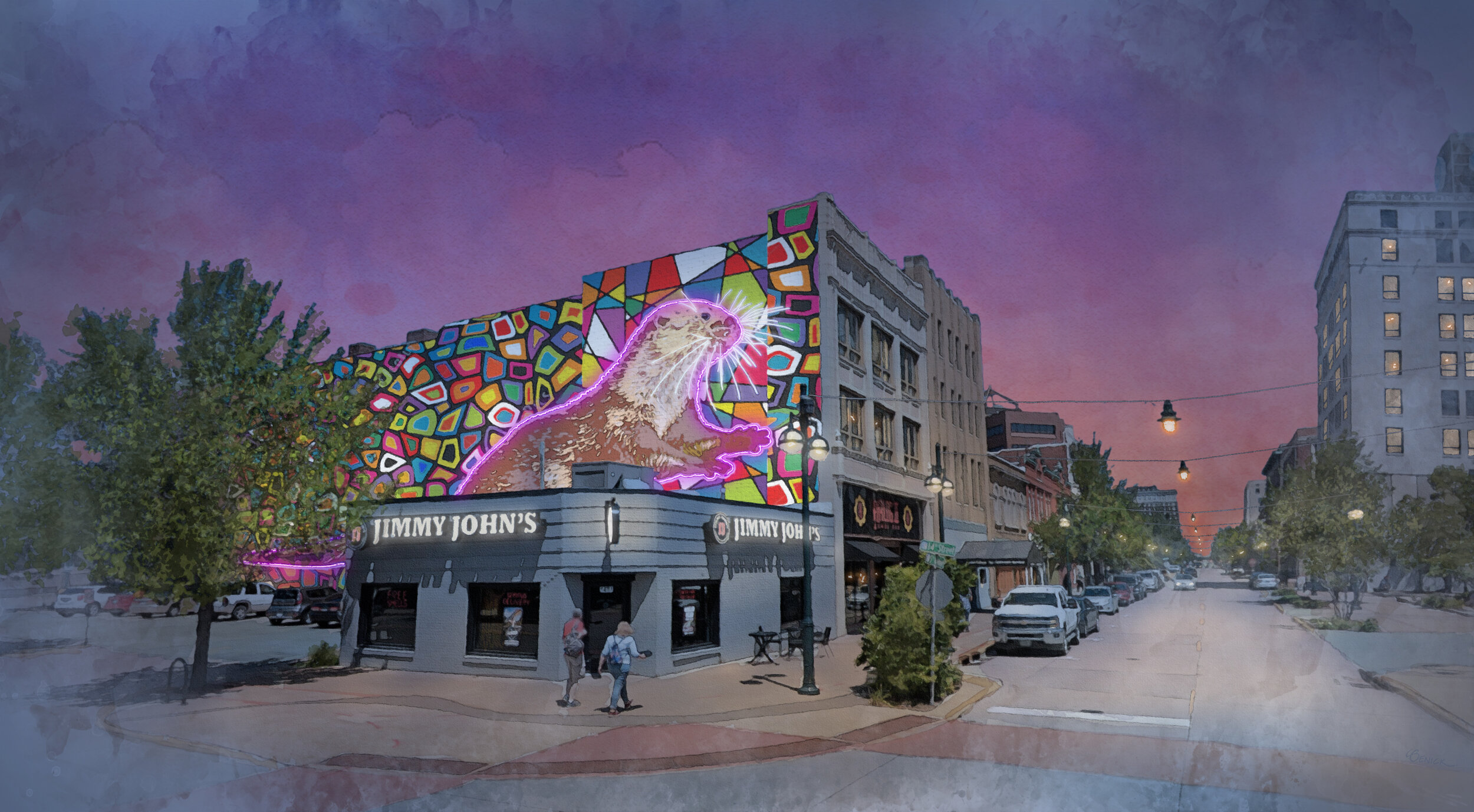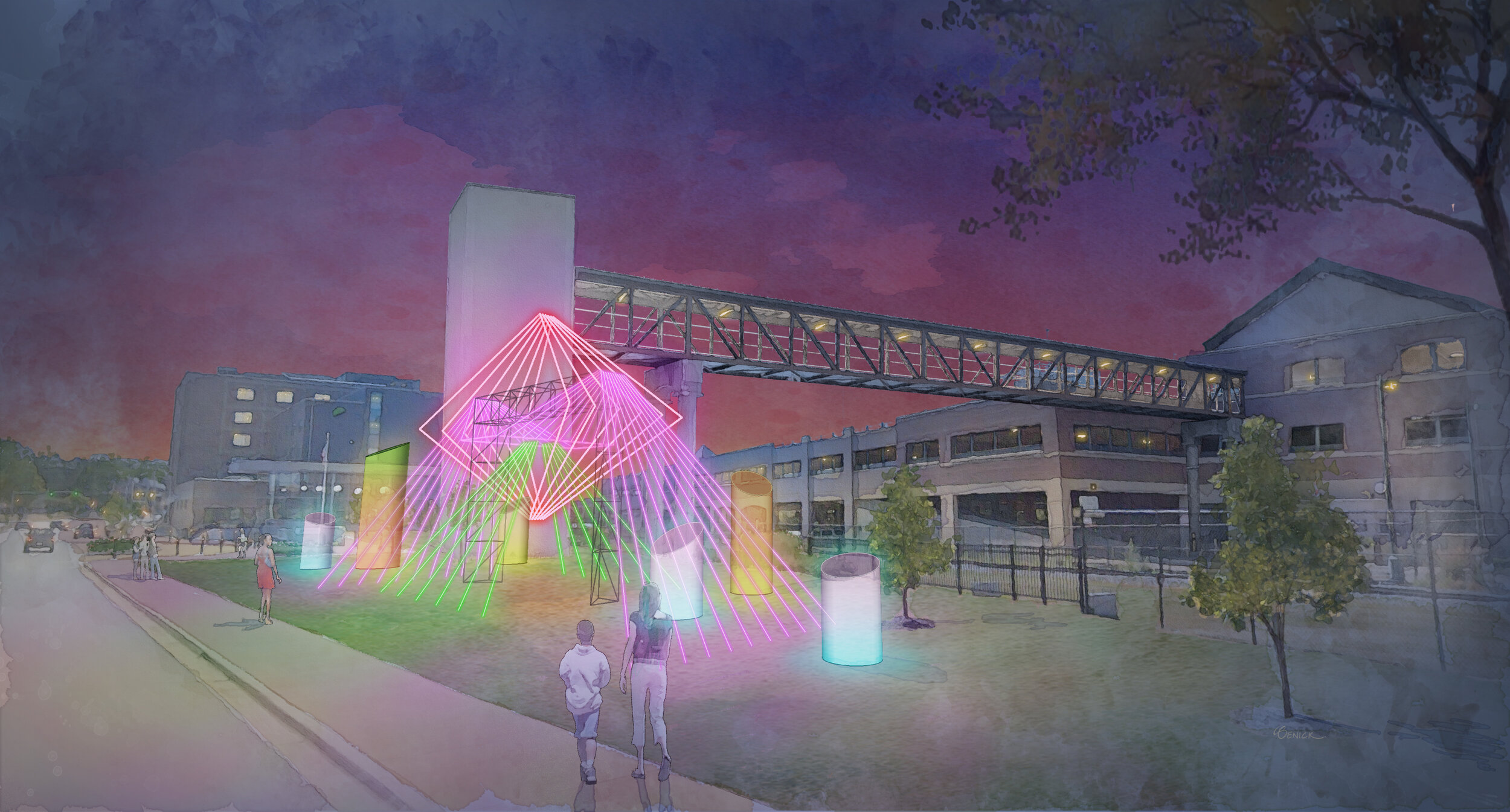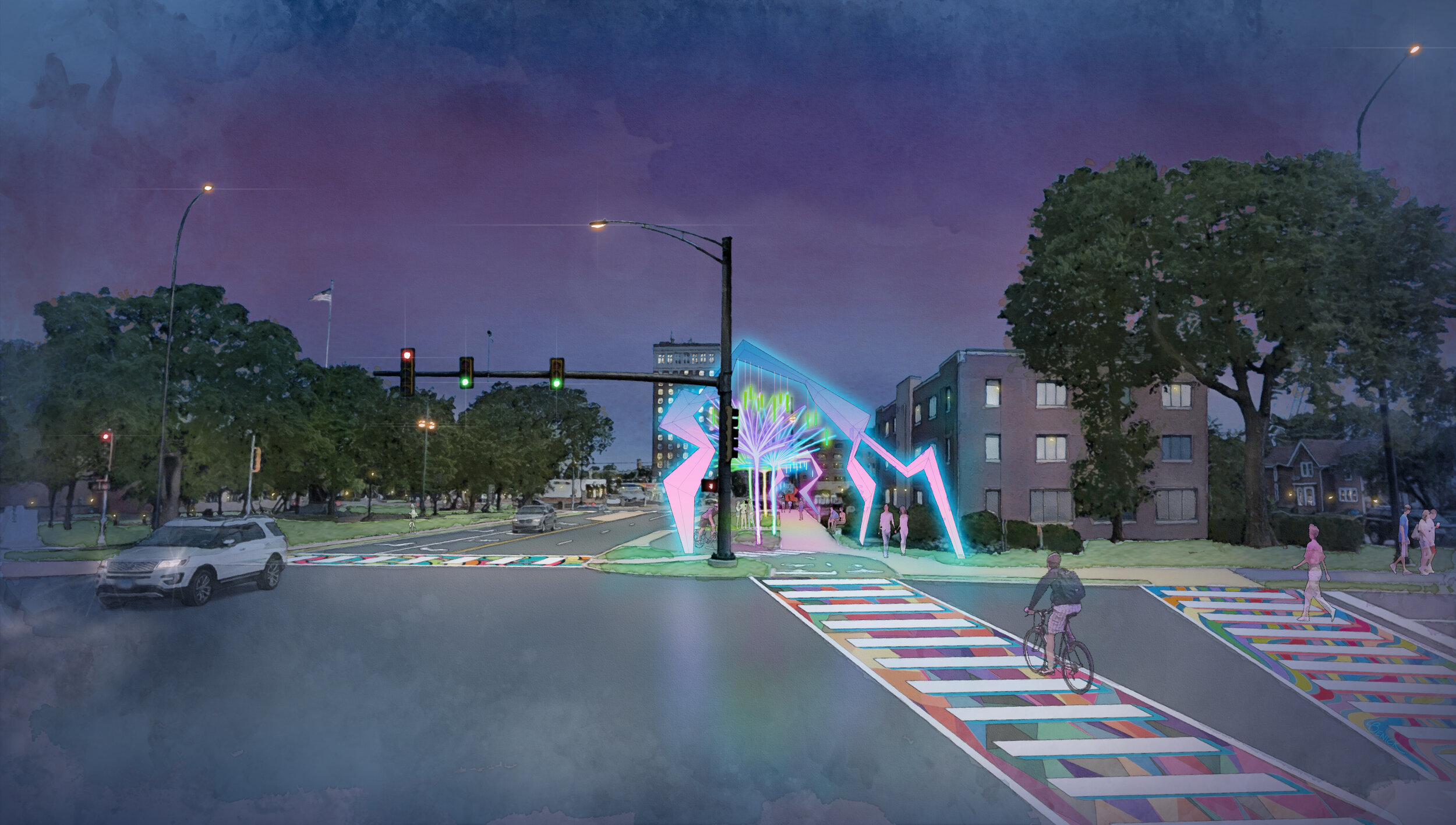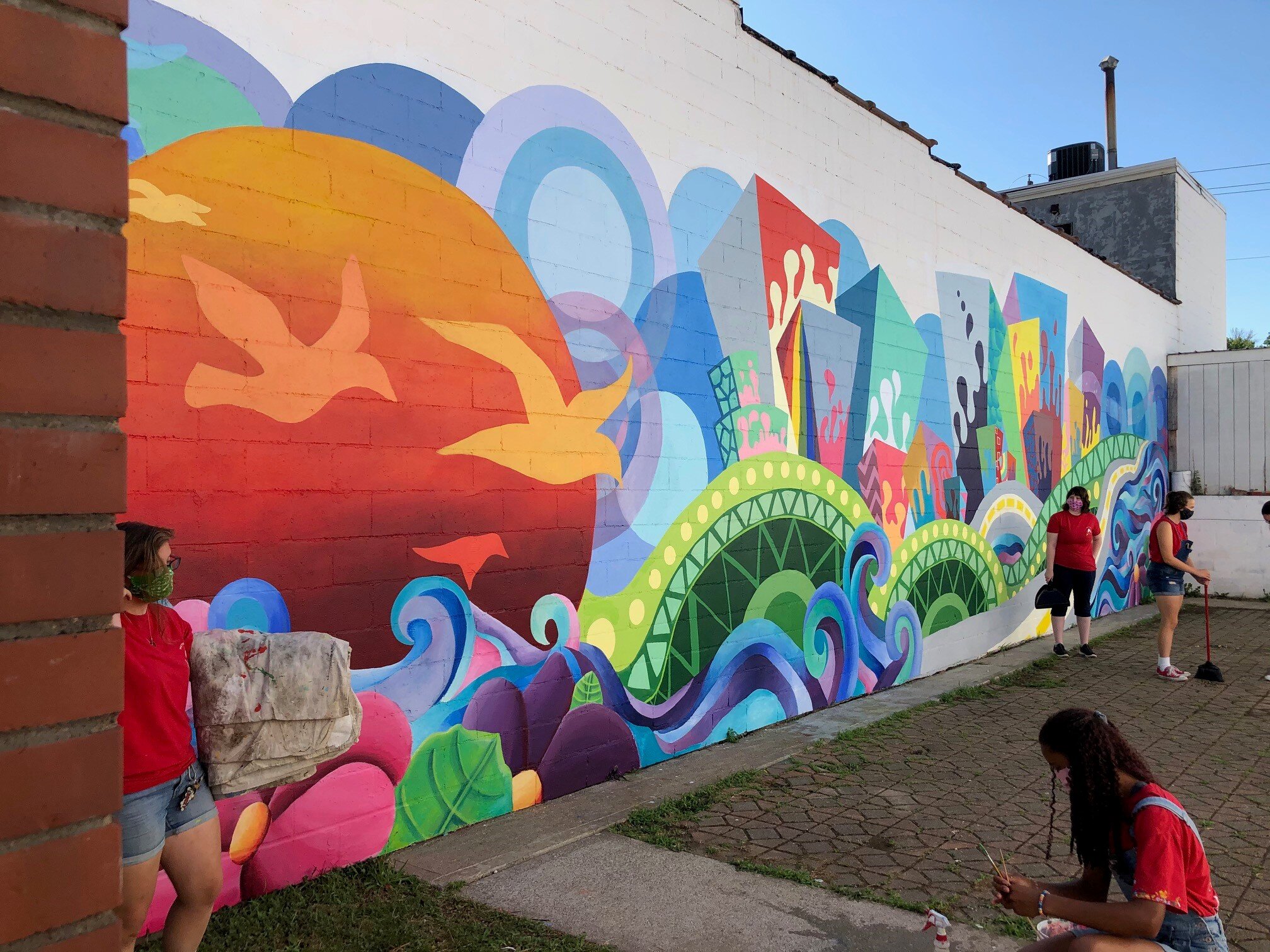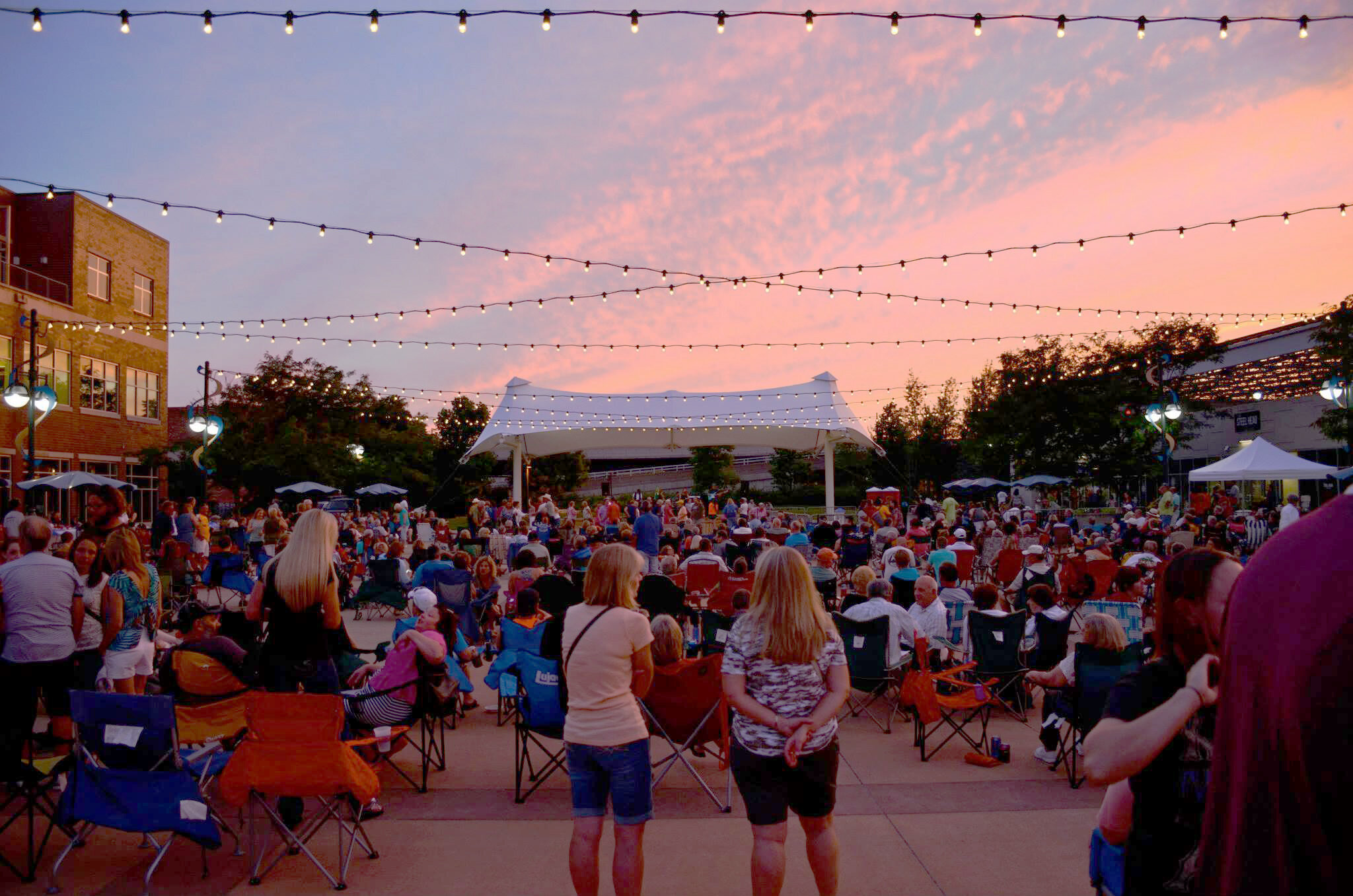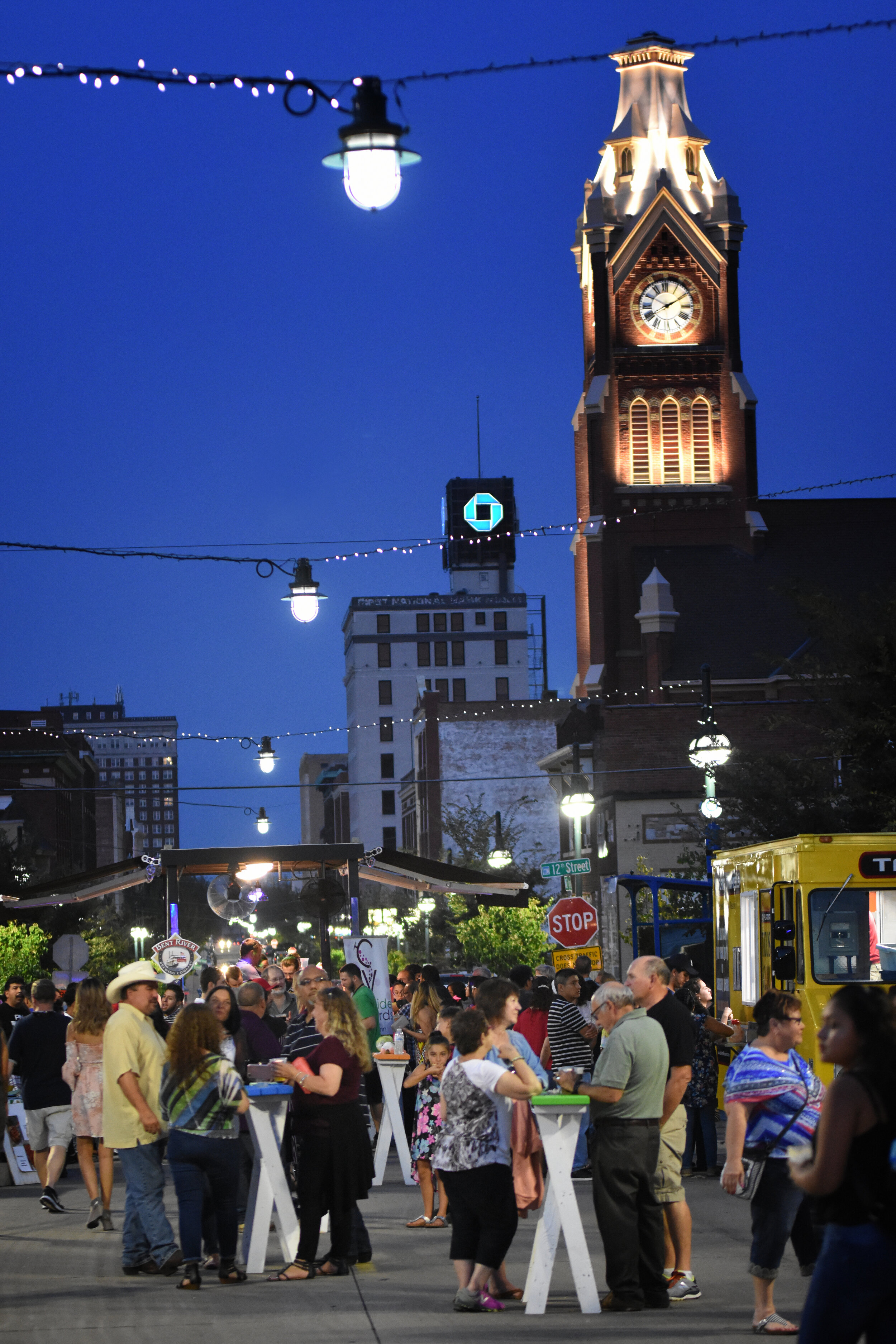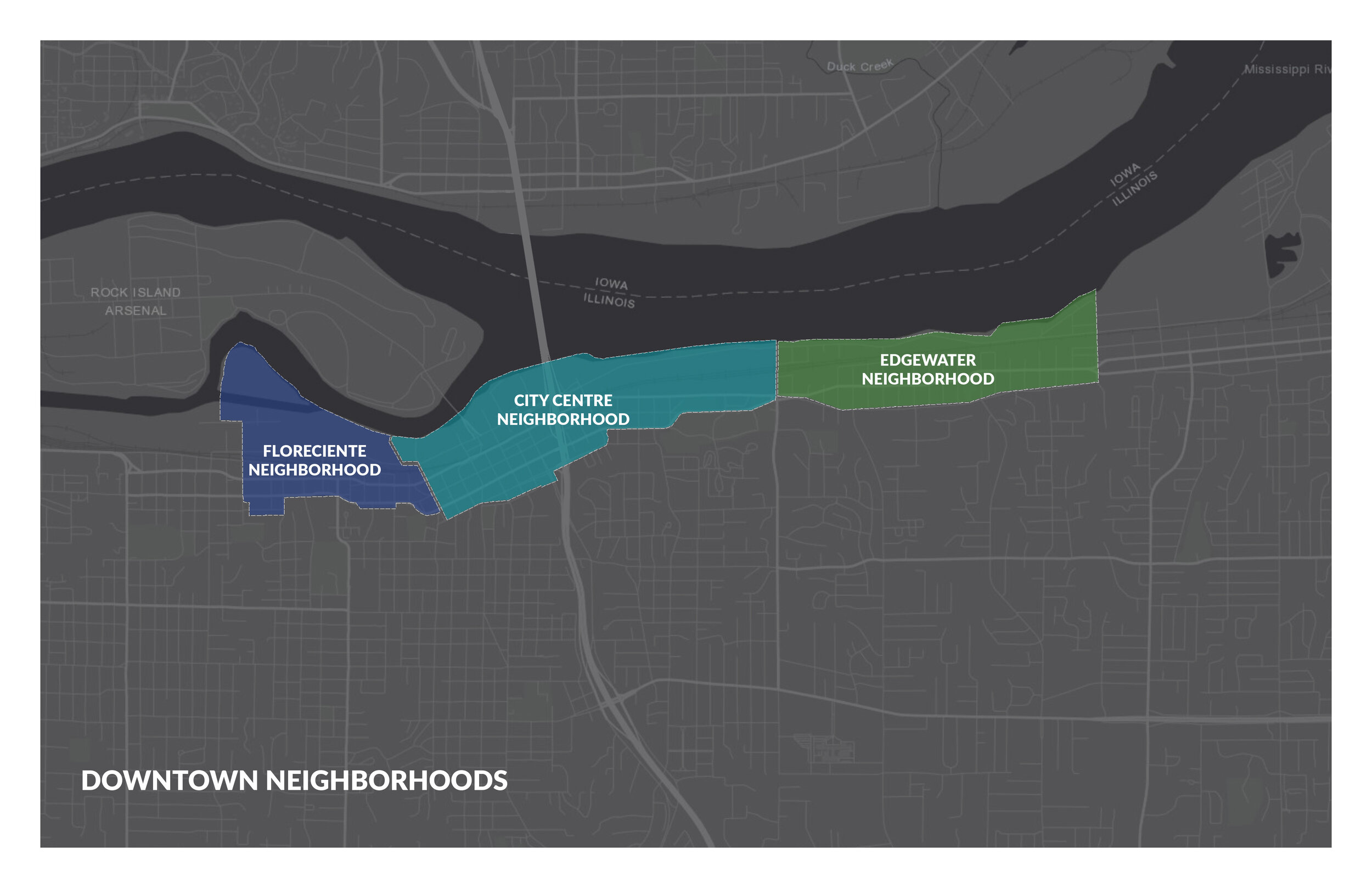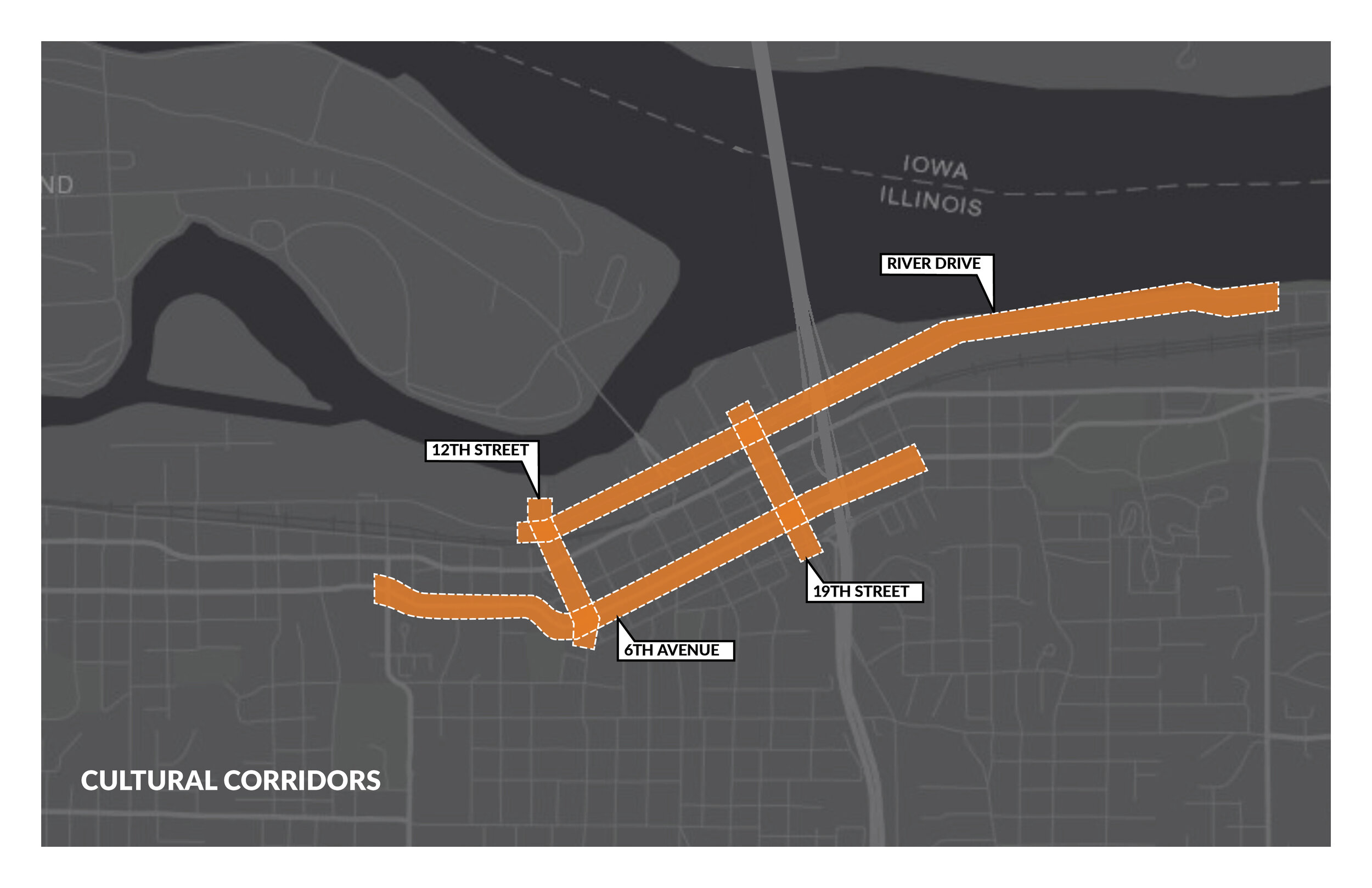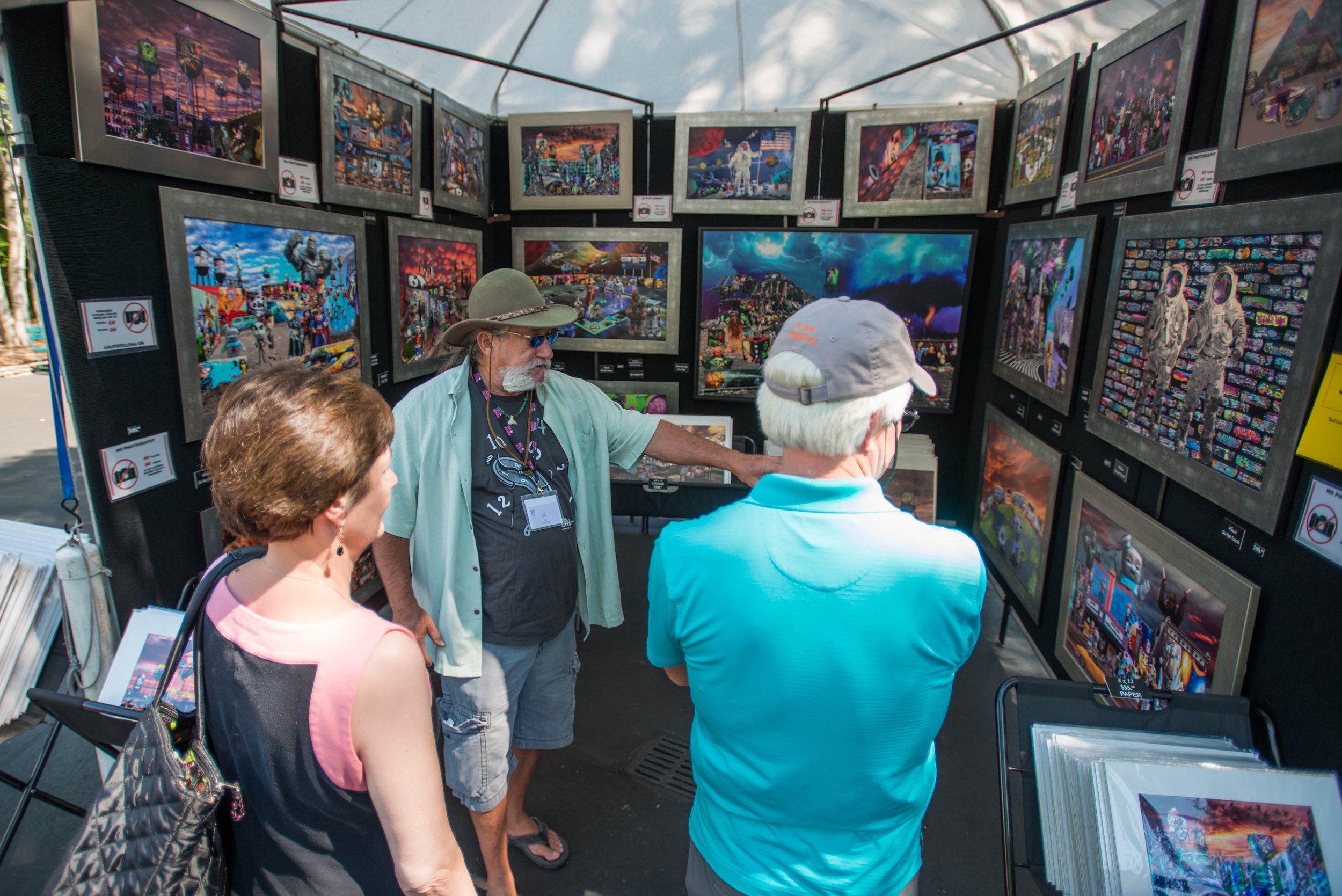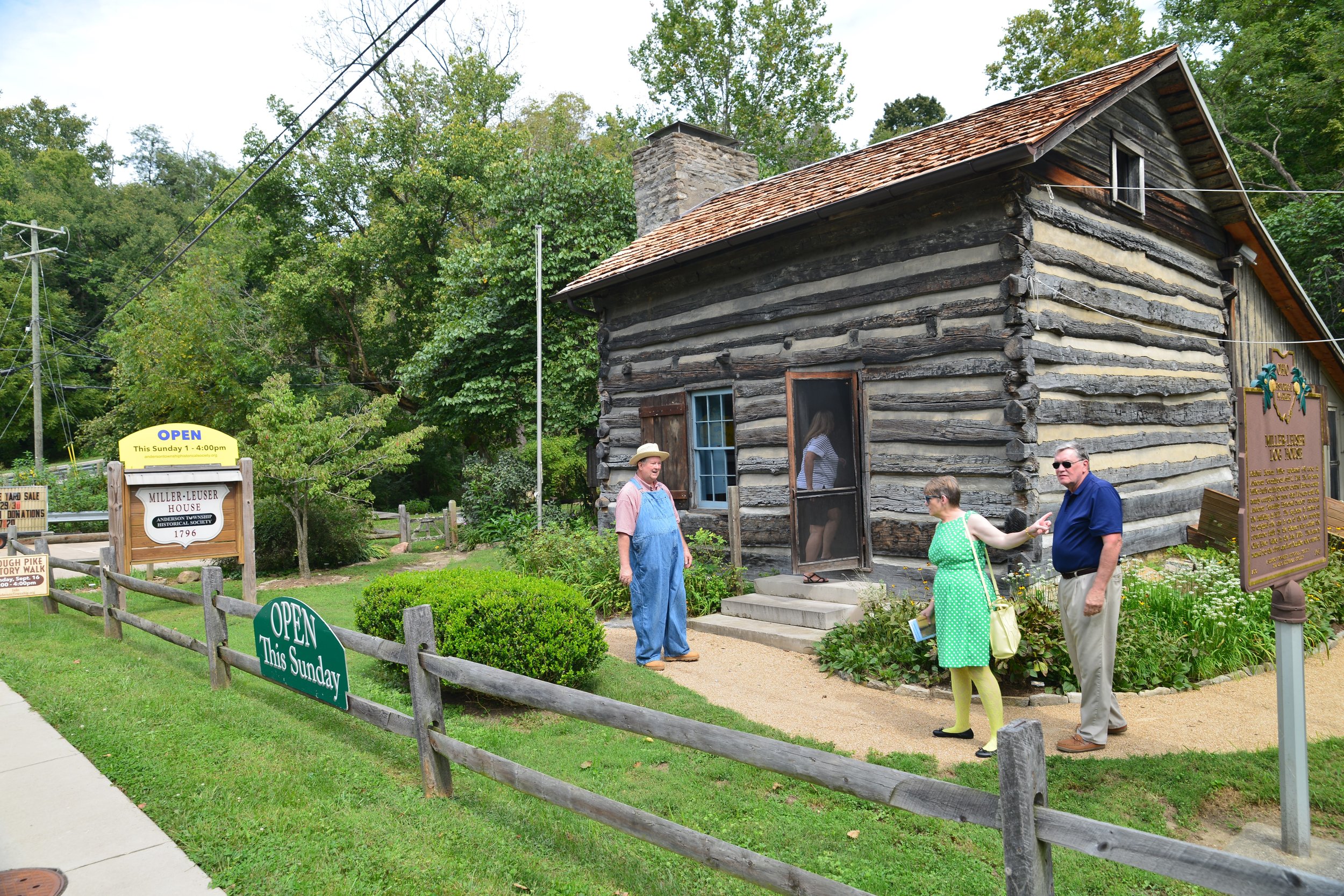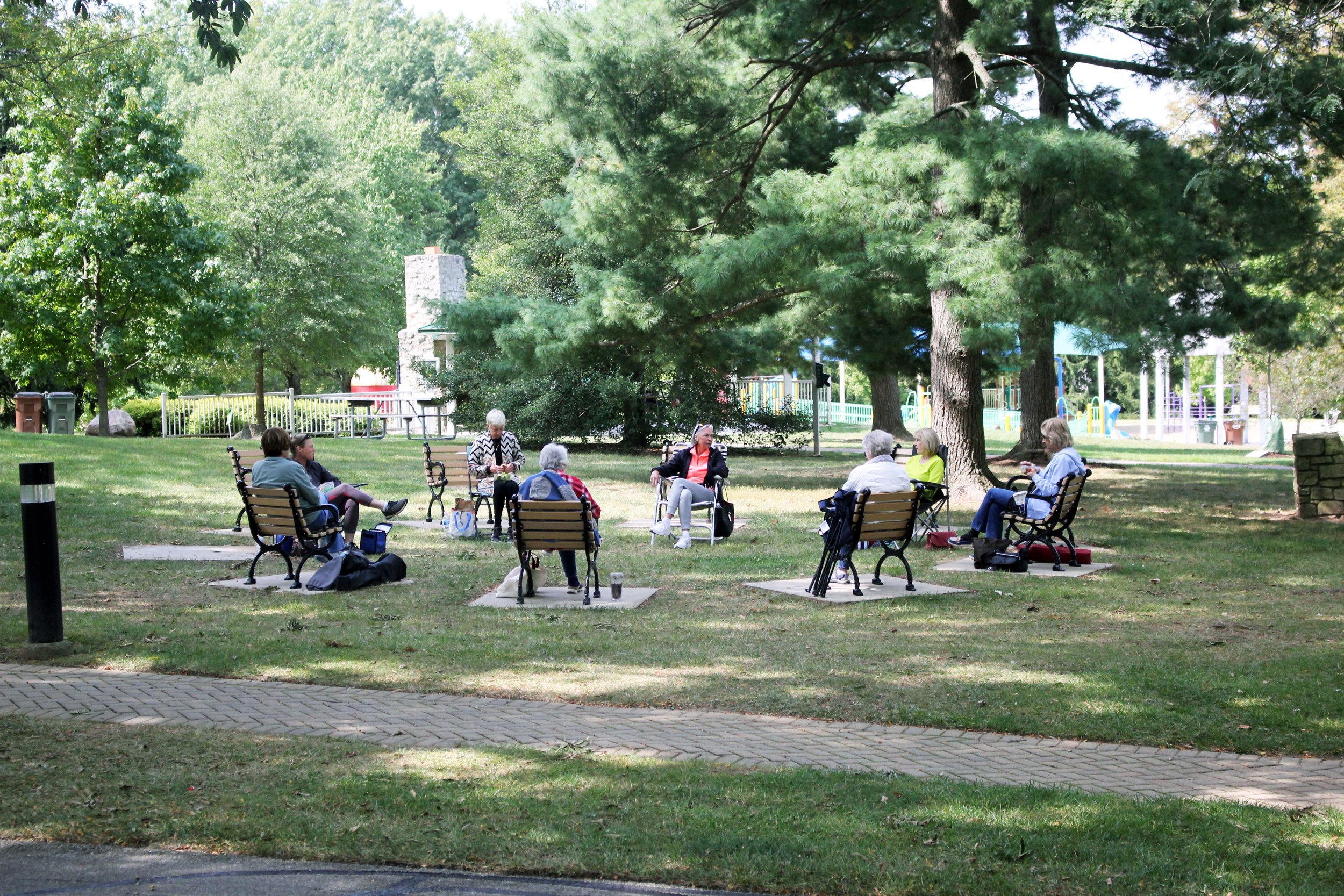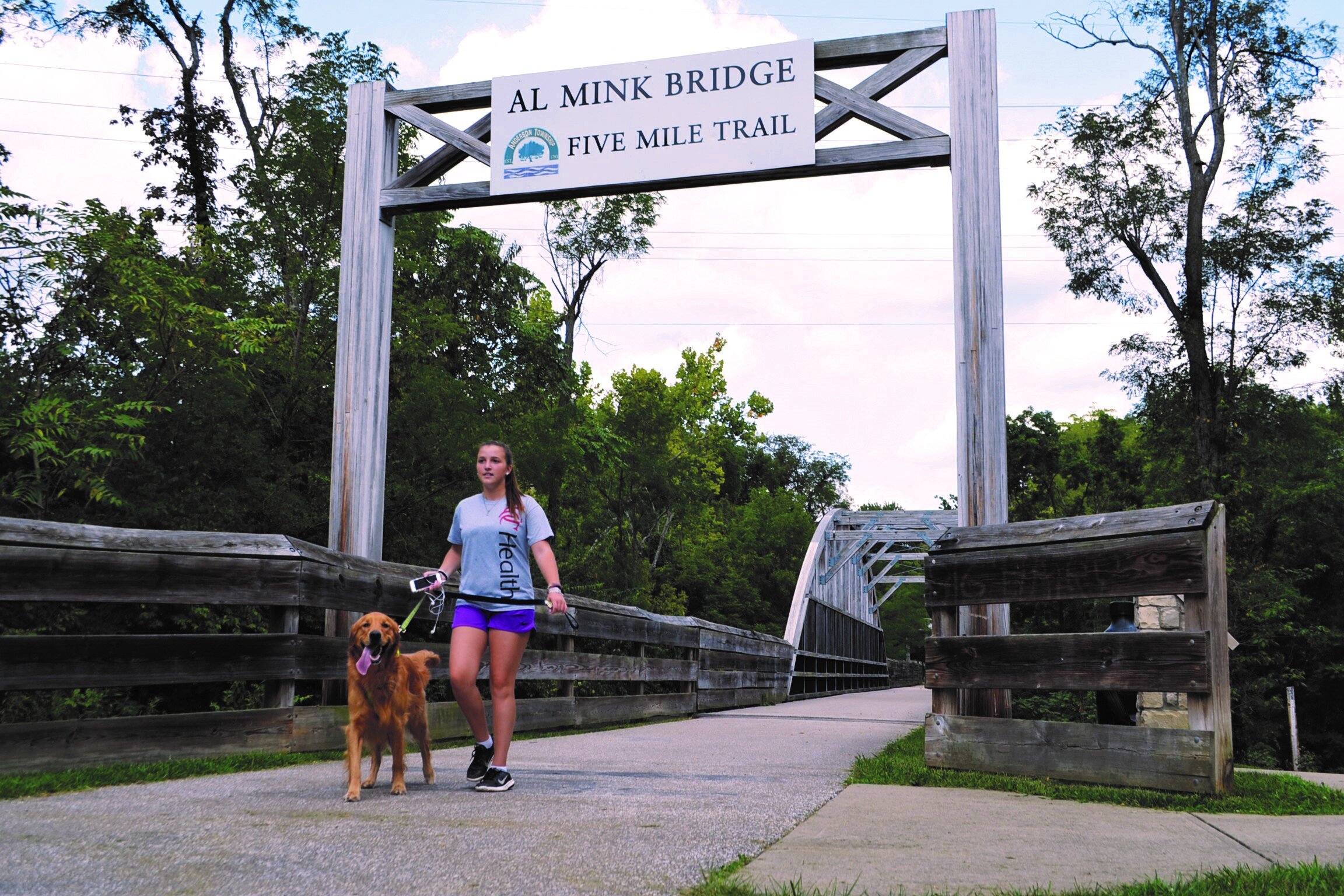Riviera Beach Art in Public Places Plan
Riviera Beach, Florida
WHY
The Riviera Beach Art in Public Places Master Plan stemmed from a desire to move beyond mere beautification toward a unified civic identity through strategic public art investment. Recognizing that public art is a powerful catalyst, city leaders embraced the plan as a roadmap to express core community values, celebrate the rich culture of its neighborhoods, and invigorate the local experience for both long-term residents and incoming visitors. The underlying goal was to integrate the arts into the "Reimagining Riviera Beach" initiative—a comprehensive push for renewal that seeks to overcome systemic obstacles, strengthen community engagement, and leverage the city’s abundant natural amenities and history for future, equitable economic growth. The Art in Public Places program was created to be an essential element for establishing a distinct cultural presence and enhancing the city’s quality of life.
HOW
Developing the comprehensive recommendations for the Art in Public Places Master Plan relied on robust community input. The planning process was organized around several key milestones, including a formal discovery visit, followed by a community survey, stakeholder interviews, and targeted focus groups. This collaborative approach ensured that the resulting recommendations—which included establishing selection criteria, defining key opportunity sites, proposing updates to the City’s existing percent for art ordinance, and recommending a solid set of public art policies —accurately reflected the needs and aspirations of the diverse population. Furthermore, the plan works within the framework of the established Public Art Advisory Board, which provides ongoing, professional governance by reviewing applications, advising the City Council on maintenance policies, and ensuring that all proposed artwork aligns with the city's broader vision.
WHAT
Ultimately, the successful implementation of the Art in Public Places Master Plan promises to deliver significant social, cultural, and economic outcomes for Riviera Beach. Socially, the resulting artwork is expected to foster a greater sense of attachment and ownership among residents, creating creative gathering spaces and inspiring contemplation. Culturally, the art will reflect local history and unique identity, serving as a platform for open discourse and inclusive community connection. Most critically, the plan is designed to realize tangible economic value by enhancing the city’s brand, attracting cultural tourism, and directly supporting the economic development strategy. The vision is for Riviera Beach’s commitment to art to become a distinguishing feature of the region, ensuring that creativity breathes life into public spaces and contributes to a vibrant, prosperous future for all.
Downtown Ormond Beach Master Arts Plan
Ormond Beach, Florida
WHY
The Ormond Beach Downtown Master Arts Plan is a comprehensive plan that outlines strategies to integrate public art into key areas in its historic downtown, including parks, sidewalks, gateways, and the iconic Granada Bridge, enhancing the city's identity and elevating its appeal for residents and visitors alike. With input from community members, stakeholders, and experts, the plan emphasizes art that reflects Ormond Beach's coastal beauty, rich history, and small-town charm, while fostering inclusivity and accessibility for all.
HOW
Through detailed recommendations based on extensive community input, the plan introduces innovative public art typologies such as mosaics, sculptures, light installations, and environmental art, alongside functional art like artist-designed benches and planters. It also provides actionable steps for implementation, including funding strategies, artist selection processes, and maintenance guidelines to ensure the longevity of the projects. Special focus is given to the Granada Bridge, with proposals for transformative art installations that symbolize the city's character and connect its downtown and beachside districts. Designing Local collaborated closely with the Florida Department of Transportation to understand opportunities and key regulations surrounding public art implementation on the state-owned Granada Bridge.
WHAT
The Downtown Master Arts Plan is a call to action for Ormond Beach to embrace its cultural assets and create lasting experiences that inspire pride and spark conversation. By leveraging community input, strategic partnerships, and sustainable funding mechanisms, the plan positions Downtown Ormond Beach, a Community Redevelopment Area established in 1984, as a destination for art, culture, and innovation, ensuring its legacy as a vibrant and welcoming city for generations to come.
Milpitas Public Art Plan
Milpitas, California
WHY
The Milpitas Public Art Master Plan outlines a 10 year vision for public art as a dynamic and inclusive force that fosters belonging, reflects the city’s diversity, and enhances residents’ quality of life. Strategic recommendations emphasize community-centric, accessible art that resonates with Milpitas’ diverse population, including bilingual signage, and a Public Art Field Guide. As Milpitas looks to the future, Milpitas is also in a distinct moment in its history. The City’s population has become increasingly diverse with each generation, and will continue to embrace neighbors from around the world. Public art is not only a powerful mechanism for bridging the past and the future, but also it is an essential part of connecting residents with each other across language or cultural divides. Through its beloved parks, civic amenities, and other public spaces, Milpitas’ public art will convey that all are welcome—and belong.
HOW
In addition to Designing Local’s community-oriented approach to gathering public input for the plan, Designing Local hosted two artist-led engagement events. Edi Hsu and Saranya Chandrasekaran each lead community art making projects that yielded productive conversation with the community during the City’s Lantern Festival in September 2024 and the Holi Festival in March 2025. Additionally, Designing Local worked with ACT Art Conservation to develop a collection assessment report on the overall condition of objects in Milpitas’ public art collection. An updated appraisal report, created by Roth Art Group, was included in the scope as well.
WHAT
The plan advocates balancing tradition and innovation to engage a STEM-focused community while maintaining relevance. Sustainable funding mechanisms are recommended, including increasing the developer fee from 0.5% to 1.5% or higher, alongside clear policies for collection care and maintenance. Additionally, the plan encourages community art-making projects, partnerships with public and private entities, and enhanced accessibility through consistent signage and online resources. Public art was strategically recommended to be placed in high-traffic and gathering areas to maximize impact, with collaboration between city departments, developers, artists, and cultural organizations to expand reach. The Plan also included a collection assessment report, which was the City’s first ever comprehensive condition report for objects in its collection, and an appraisal report.
Main Street Medina Tactical Public Art Strategy
Medina, Ohio
WHY
As the southern gateway into the Uptown Historic district, the South Town district in Medina serves as an important crossroads for tourism, economic development, culture, and community pride. The South Town district's history in multiple industries-including grain, freight railways, upholstery, metal smithing, marble, and beyond-contextualizes its placemaking and public art considerations. A cohesive public art strategy has the ability to define a place's borders and invite in residents and visitors.
HOW
Designing Local created a vision for the South Town district of Medina that celebrates its industrial past through innovative public art and lively placemaking, while establishing a natural connection between Medina's Uptown Historic and South Town districts.
WHAT
In order to most effectively implement goals defined in the first phase of this strategic plan, a framework of three approaches was developed. Each dynamic approach supports the goals of public art in South Town: activating shared spaces, revealing South Town's visual identity, and reinforcing the Court Street Corridor. While the recommended interventions are all achievable as stand-alone projects, their implementation will be more successful when aligned with this Plan's strategic approaches.
Acworth Public Art Master Plan
Acworth, Georgia
WHY
Acworth is a unique destination for work, play, and everything in between. With just over 22,000 residents and its proximity to metropolitan Atlanta, it is poised for continued growth in the next decade. As Acworth looks toward its future, the City believes in public art's ability to tell the story of Acworth, enliven public spaces, and reveal what makes this City special.
HOW
From large-scale, multi-year projects that define Acworth's gateways, to temporary, yet meaningful mural opportunities in Acworth's beloved greenspaces, this plan outlines a range of strategies for high-impact public art projects in Acworth.
WHAT
In addition to strategy recommendations, this plan provides guidelines for establishing the public art program in Acworth, administrative next steps and best practices, and strategies for effectively and efficiently implementing public art projects in Acworth.
Woodstock Public Art Program
Woodstock, Georgia
WHY
In Woodstock, Public Art has the opportunity to capture public sentiments and community themes by bringing them into more compelling forms through artistic expression. Over the past decade, Woodstock has made tremendous progress in developing a city-wide collection of public art. Recognized widely for its downtown and distinctive approach to planning and development, By formalizing a city-run public art program, Woodstock will be able to recommit to its concentration on arts and culture as a method for furthering economic development as outlined in the 2018 Economic Development Plan adopted by City Council.
HOW
Through Public art, Woodstock can honor city history, values, and identity in a way that enhances and creates vibrancy for its residents and visitors. Public art in Woodstock has the potential to transform the everyday city fabric into well-loved and cherished public and private spaces. The Woodstock Public Art Program envisions a vibrant and enriching public art landscape that reflects the city’s unique heritage, values, and aspirations. Through a collaborative process that empowers artists, engages residents, and celebrates diverse perspectives.
WHAT
This Public Art Program is a fulfillment of the vision to establish a public art program as part of the 2018 plan. The Public Art Program will also serve to strengthen the relationship between the City and organizations such as Visit Woodstock GA and Woodstock Arts, both unique drivers and deliverers of the high quality of life in Woodstock. Finally, the public art program was developed to assist the City of Woodstock in understanding and navigating a growing arts space and visual identity, providing guidance on administration, policy, and procedures, and ultimately a suite of ideas that will catapult the city into the next phase of its public art journey.
Queen Creek Arts & Placemaking Plan
Queen Creek, Arizona
WHY
Queen Creek, located in the southeastern region of Arizona, has a rich and vibrant history that stretches back to its earliest inhabitants, the Hohokam people. The Downtown Queen Creek Art and Placemaking Plan aims to give the Town of Queen Creek the tools to transform the built environment of the Downtown area using public art and placemaking. Queen Creek is well known for its agricultural legacy that continues to the present day. Art and placemaking will continue to connect and celebrate that legacy, cementing the identity of the community in the eyes of residents and visitors.
HOW
Our vision is for public art and placemaking to transform Downtown Queen Creek into an interactive, unique, and vibrant community center. Art and placemaking features encourage residents and visitors to get out and explore the community on two feet or two wheels. These features create destinations and interest in the built environment. Queen Creek is well known for its agricultural legacy that continues to the present day. Art and placemaking could continue to connect and celebrate that legacy, cementing the identity of the community in the eyes of residents and visitors.
WHAT
The Arts and Placemaking Plan creates a vision for transforming Downtown Queen Creek into an interactive, unique, and vibrant community center. As many venues are outside of the Downtown Core, specific focus was on recommendations that contribute to Queen Creek's agritainment identity. Connect to and display our natural environment. As a community with a rich history but also a dynamic future, art and placemaking elements can build upon and deepen the story of Queen Creek for residents and visitors.
Richmond International Airport Public Art Plan
Richmond, Virginia
WHY
The Art in the Airport program at Richmond International Airport (RIC) strives to complement and promote the dynamic regional culture of the State of Virginia, with an emphasis on the Richmond Metropolitan area, while reinforcing the image of RIC as an inclusive and welcoming gateway to the world. The three main objectives are to enhance the air travel experience of RIC visitors by creating an ambiance in the airport that reflects the sophistication and cultural diversity of the region and supports local artists and institutions by creating and managing rotating exhibitions, fine and performing art series that are customized for RIC.
HOW
Designing Local was selected to bring our unique set of skills, professional experience, and insight in the development of the Art in the Airport program at RIC. Engaging the community, art and artists, and our proven ability to develop a multi-cultural art program has been critical in the development and coordination of this arts program. Designing Local facilitated a series of highly interactive and inclusive public workshops and stakeholder meetings that yielded essential insights to craft a narrative about RIC and articulate the culture and values of the community.
WHAT
The final plan includes a fully developed arts program, including master planning, commission management, and art curation. Potential locations for art placement were identified, while taking into consideration the existing airport design, maintenance, RIC Master Plan, and the Capital Improvement Plan. Designing Local is also curating RIC's first public art piece to be installed in Fall of 2024.
Mooresville Public Arts Plan
Mooresville, North Carolina
WHY
As the fastest growing town in North Carolina, Mooresville is a vibrant community that is poised to become THE place to live, work, and play in the greater Charlotte region. Mooresville sought to develop its first Public Arts Plan to help guide the Town as it seeks to enhance economic health and quality of life through public art. Mooresville also wanted to ensure that public input was at the heart of its Public Art Plan. In order to ensure that the strategy is built upon a solid foundation of community support the planning team engaged with community members and key stakeholders through a variety of mediums.
HOW
The process began in early 2023 with regular coordination with the project team and one-on-one conversations with key stakeholders. This initial coordination laid the groundwork for online and in person public engagement. The planning team also undertook an intensive on-the-ground tour of Mooresville to gain a greater understanding of the opportunity for public art in the town. What emerged from this process was a strong vision for how public art could create positive impacts in the community, bring people together, and align with other efforts undertaken by the Town.
WHAT
For Mooresville, the first Public Arts Plan is a blueprint for weaving public art into every facet of the community. With each new installation, Mooresville has the opportunity to create something iconic, that serves the community by enhancing the built environment in such a way that businesses, tourists, and residents are attracted to the area. The strategies in the Public Arts Plan also address the potential to revitalize overlooked spaces, inspire new investment, and support the local economy by creating a distinct sense of place.
Corning Public Art Strategy
Corning, New York
WHY
The City of Corning in the beautiful hills of Southern New York is one of the world’s leading innovators in materials science with a renowned arts scene. Developing a long-range public art strategy will help the community to cultivate and expand public art to enhance and propel the City of Corning as a city of and for the arts. The new Public Art Strategy plan in Corning will offer continued economic growth by establishing public art that is welcoming for all, culturally rich, tells the story of the City’s history, and can be practically applied and implemented over the next five years.
HOW
A highly collaborative public process was at the heart of the Corning Public Art Strategy. In order to ensure that the strategy was built upon a solid foundation of community support the planning team engaged with community members and key stakeholders through a variety of mediums. What emerged was a vision for how public art can enhance and reflect the character of Corning. From the structure of the program to the funding and implementation, project partnerships and community consensus was key to make sure the public art strategy would be successful creating vitality and interest in public spaces.
WHAT
The Public Art Strategy is currently in the final stages of production and will be ready to implement in early 2024. The plan takes into account a broader vision for Corning, that takes advantages of opportunities for linkages to the larger region and establish social, environmental, and financial sustainable policies and best practices. With a history of strong Public-Private partnerships and as an incubator for arts and sciences, the Public Art Strategy builds on past successes and creates new opportunities for art and science to intersect in engaging public space and public life in Corning.
Anaheim Public Art Plan
Anaheim, California
WHY
The Anaheim Public Art Master Plan takes an overarching look at Anaheim’s legacy of public art while setting a vision for the future and defining how public art will shape Anaheim for years to come. The framework of this plan is a strategy for the establishment and operationalization of a formal Public Art Program that proposes ways to ensure public art in Anaheim is transformational, unifying, and is representative of the spirit of Anaheim.
HOW
The Public Art Plan outlines the vision, goals, and core values of the City’s Public Art Program. The Plan also provides essential administrative guidelines for determining how public art is identified, preserved, selected, and placed. Public Art adds enormous value to the cultural, aesthetic, and economic vitality of a community. Despite the COVID-19 pandemic, this plan is a result of extensive public engagement. The consultant team, along with City leadership and staff, worked diligently to engage the public throughout an 18-month process (August 2020-December 2021) and provided ample opportunity for a broad cross-section of the community to participate in shaping the vision for public art in Anaheim. The team held over 40 virtual stakeholder engagement opportunities, including 18 individual interviews, 25 focus groups, and six identical community meetings in each of Anaheim’s 6 Council Districts to listen and learn about the community’s vision for public art. Participants included business owners, arts organizations, art educators, realtors, private developers, community groups, and engaged residents. Translation services were available on an as-needed basis. 2,149 people participated in a survey. In all, over 3,000 people were engaged.
WHAT
Throughout the stakeholder meetings, individual and group interviews, and survey comments, several recurring themes emerged. The people of Anaheim want to be known for their creativity. They want public art to become synonymous with their identity, elevating their reputation in southern California, stacking upon the experience of a tourist destination. They want public art to celebrate and showcase the many cultures in Anaheim, and they want to see public art reflecting their values in their local neighborhoods. They want art to be a part of their public spaces, making them more exciting and desirable. They want to share their histories and the history of Anaheim with each other and, ultimately, the world.
Canton Public Art Master Plan
Canton, Georgia
WHY
Canton is a place of vision offering endless opportunities for all. A city located truly where the metro meets the mountains, the community offers scenic views of the Blue Ridge Mountain foothills and the Etowah River, unique shopping, and unmatched dining experiences. With something for everyone, Canton is known for its family-friendly, small town vibrancy in the Northwest Georgia region. The Public Art Master Plan lays the foundation for the future of public art in Canton and prepares the City to begin injecting artwork into all facets of the community.
HOW
The Designing Local team engaged in many hours of conversation with stakeholders and members of the public. The team worked diligently to engage a variety of community members from November 2022 until May 2023 that provided insight into the community’s desire for public art. The Public Art Master Plan was developed to be a resource to communicate how much Canton cares about creativity, while providing solutions to create unique experiences for residents, further cementing their connection to the place they love most.
WHAT
The Public Art Master Plan represents a culmination of community desires and defined direction for the City of Canton in core values, 5 objectives and 16 strategies. When implemented over the next decade, the objectives will spur additional investment throughout the City and will provide Canton a roadmap to achieve its goals of becoming a destination known for its arts, culture, historic downtown, and outdoor recreation.
Hiawassee Public Art Strategy
Hiawassee, Georgia
WHY
Hiawassee, Georgia’s lake and mountain paradise, is located on Lake Chatuge and is the seat of Towns County. To support this beloved outdoor destination and burgeoning arts scene, the Hiawassee Downtown Development Authority envisioned a plan that would support the next step in building Hiawassee’s identity as a place that cares about creativity and strategically invests in art that aligns with its rural, lake, and mountain character, honoring the Appalachian history and traditions and embracing a future that is accessible for all.
HOW
This plan lays the foundation for the future of public art in Hiawassee and prepares the City to expand its public art efforts, ensuring the physical environment reflects the art-focused culture of its residents and visitors. Future public art in Hiawassee will be a tool to represent the past, present, and future of Hiawassee.
WHAT
The Plan lays out specific projects that Hiawassee can implement over the next 5 years in a range of cost and scale.
Mount Dora Public Art Plan
Mount Dora, Florida
WHY
Mount Dora stands on its own as a unique historic and arts focused community in Central Florida. The City of Mount Dora has an interesting legacy and connection with Scottish culture. Tree-lined streets and quaint historic buildings conceal a deep love for the arts in the community that bursts into display during the special events that take place in the community, many of which are art focused. In Mount Dora public art will help the physical environment come alive with the spirit of the community.
HOW
Discussions between the project team and community stakeholders formed the basis of the project team’s understanding of the City and of efforts to revitalize Mount Dora. The project team conducted a tour of the community as well as follow up visits to collect information and ideas. We found that community members love the unique small town historic charm of Mount Dora and revealed a desire to continue to enhance performing arts. There are also fantastic opportunities to connect performing and public art. One recommendation was the creation of a public art trail that would connect many of these sites, some of which already feature public art.
WHAT
The Mount Dora Public Art Plan lays the foundation for the future of public art in the City and prepares for expansion of the existing public art efforts to help ensure that the physical environment reflects the art focused culture of its residents and visitors. The Public Art Plan includes five unique design inspiration sections that can be used by artists to gain insight when creating pieces for Mount Dora. By strengthening the public art program, Mount Dora is one step closer to delivering on the vision of the community to see a wide variety of high quality public art from artists with various backgrounds.
Sullivant Bright Public Art & Parklet Project
Columbus, Ohio
WHY
Sullivant Avenue is a place of authentic creativity, featuring a prominent mural and numerous custom signs. The Sullivant Bright Public Art Project is part of a larger $10 million rehabilitation project (2% of which is devoted to public art) that began in May 2020. It used public art to elevate the corridor and creatively showcase where future infrastructure improvements would be installed.
HOW
As project engineers evaluated a 1.9-mile corridor along Sullivant Avenue for necessary pedestrian upgrades, Designing Local considered public art and placemaking opportunities along the corridor, particularly where public art or a placemaking intervention could support a safer pedestrian environment. Twenty-one artists were tapped to create temporary public art installations that wowed the neighborhood with their bold, colorful designs.
WHAT
This project demonstrates the firm’s abilities to provide strategic direction for placemaking and land use issues as well as the firm’s capabilities to both develop and communicate creative concepts which contribute to community safety and sense of place.
Sidewalk bump-outs and pedestrian refuge islands were constructed to shorten the distance to cross the street, make pedestrians more visible, and help to slow driver speeds. Data collected after implementation shows that crashes decreased by approximately 50%, and extreme speeding (50+ mph) was reduced by as much as 92%.
SULLIVANT BRIGHT ARTISTS
April Sunami, Bryant Anthony, Dillon Beck, Francesca Miller, Grace Grudowski, Jen Wrubles, Jeremy Hollan with CRIS artists, Katie Golonka, Mark Barkzak, Nick Stull, Liz Morrison, Robert Williams, Stephanie Rond, Amy Haggard, Sarah Hout, Barbara Fant, Nancy Kangas, Amy Turn Sharp, Geoff Anderson, Tripp Fontane, Lisa Mclymont. Photography by Abby Kamagate. Video Production by Aaron Blevins.
Conway Public Art Master Plan
Conway, Arkansas
WHY
Conway is a city in Central Arkansas known for its family-friendly vibe, youthful outlook, and vibrancy. The so-called ‘City of Colleges’ has crafted its own unique identity with beautiful college campuses, peaceful nature trails, access to gorgeous lakes, an impressive river, and plenty of restaurants and cool local spots. But Conway’s passionate community members sought to further improve their quality of life by defining the role of public art in their city. They asked, “How can we grow our identity as a city known for supporting creativity? How can we invest now so that we are known as a hub for the arts in the future?” These questions led to the creation of their first Public Art Plan.
HOW
Significant community engagement helped define who Conway is and wants to be known as throughout Central Arkansas and the state. Strategy was a major focus of planning, as a high degree of impact was desired from the start of the new public art program.
WHAT
Conway’s Public Art Plan lays the foundation for the future of public art in Conway and prepares the city to begin injecting artwork into all facets of its community.
Braselton Public Art Master Plan
Braselton, Georgia
WHY
When Braselton leaders determined that the city’s future would center public art, they set out to create a Public Art Master Plan that outlined a new Public Art Program.
HOW
Through many conversations with city leaders and members of the public, Braselton coalesced around a vision for public art in their city that would honor its history and special qualities, create a strong sense of place, enhance community assets, and support a high quality of life for all residents.
WHAT
The Braselton Public Art Master Plan was approved in January 2022, at which time applications were being accepted for the new Braselton Arts Council.
Safe Routes to School Placemaking Project
Columbus, Ohio
WHY
Columbus Public Health received a grant to develop placemaking concepts using public art around two elementary schools on Columbus’ West Side — Avondale Elementary and Eakin Elementary. The placemaking and public art concepts encouraged students to walk and bike safely to school along the designated safe routes established by Columbus Public Health.
HOW
Designing Local worked with artist Amy Haggard, the Artmobile, and Columbus Public Health to plan interventions along the route at the highest-traveled points around each school.
WHAT
Amy Haggard developed fun, engaging, and educational concepts for the interventions around both elementary schools. Students were given coloring sheets and stickers to celebrate the project.
Moline Public Art & Placemaking Plan
Moline, Illinois
WHY
The City of Moline, Illinois is a Quad City bordered by the Mississippi River. As the gateway to the East, the city understands the value of first impressions, which is why it set out to develop its first-ever Public Art Master Plan. The plan focused on downtown Moline and supported numerous other planning initiatives advancing redevelopment of the city center.
HOW
Designing Local hosted a robust public engagement program despite the global pandemic. A series of stakeholder meetings and focus groups were held with various organizations and community leaders. Students from Augustana College and Black Hawk College participated in virtual public events called ‘Walkabout Talkabout Public Art’, during which they were asked to consider seven different types of sites and how public art could impact them.
WHAT
The Moline Public Art Master Plan was adopted in 2021 and continues to influence public art policy and programs in the city.
Anderson Township Public Art Master Plan
Anderson Township, Ohio
WHY
Anderson Township leaders decided that public art should play a major role in the future of their community, and worked over the course of nine months to develop a well-funded Public Art Program.
HOW
Designing Local conducted robust public engagement, with a series of stakeholder meetings and focus groups with various community leaders — despite the global pandemic. Focus groups were held in Julifs Park, and an open house was held to gather input and feedback on the Public Art Program’s structure and priorities.
WHAT
The Anderson Township Public Art Master Plan included an implementation strategy detailing funding streams, optimal locations for public art, and a variety of projects and programs to secure early success for the Public Art Program.
